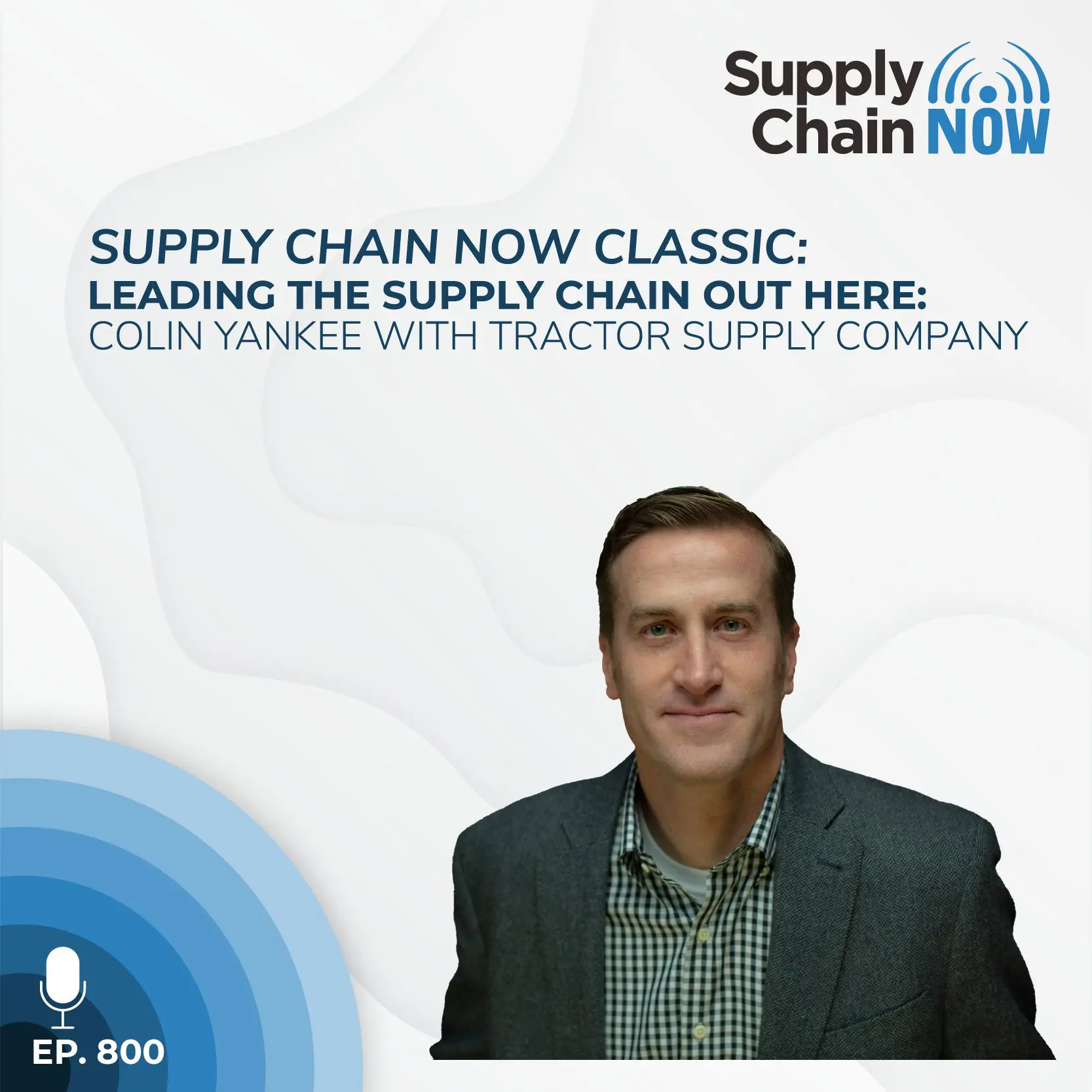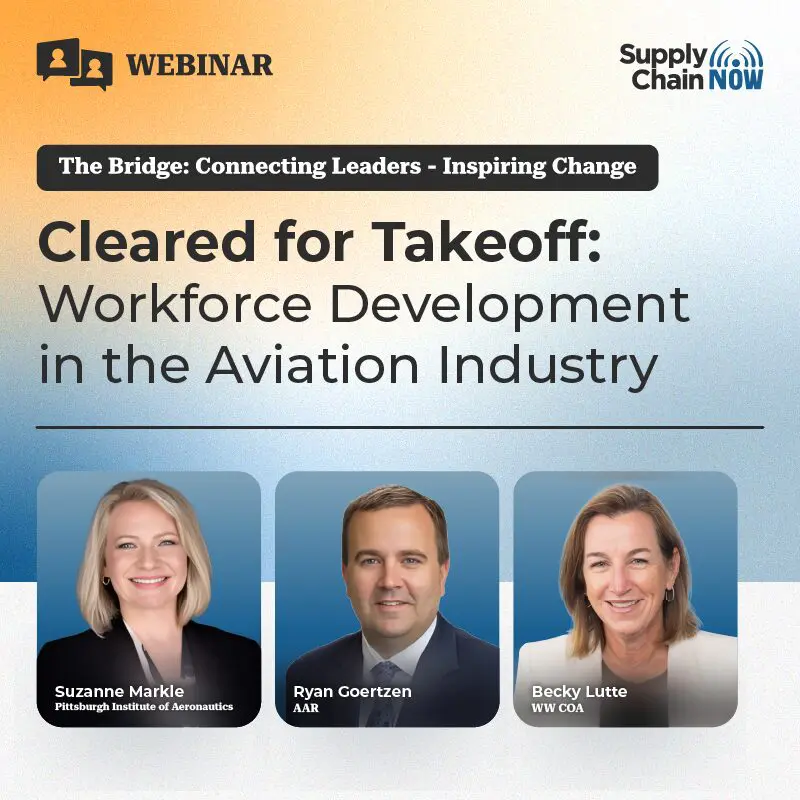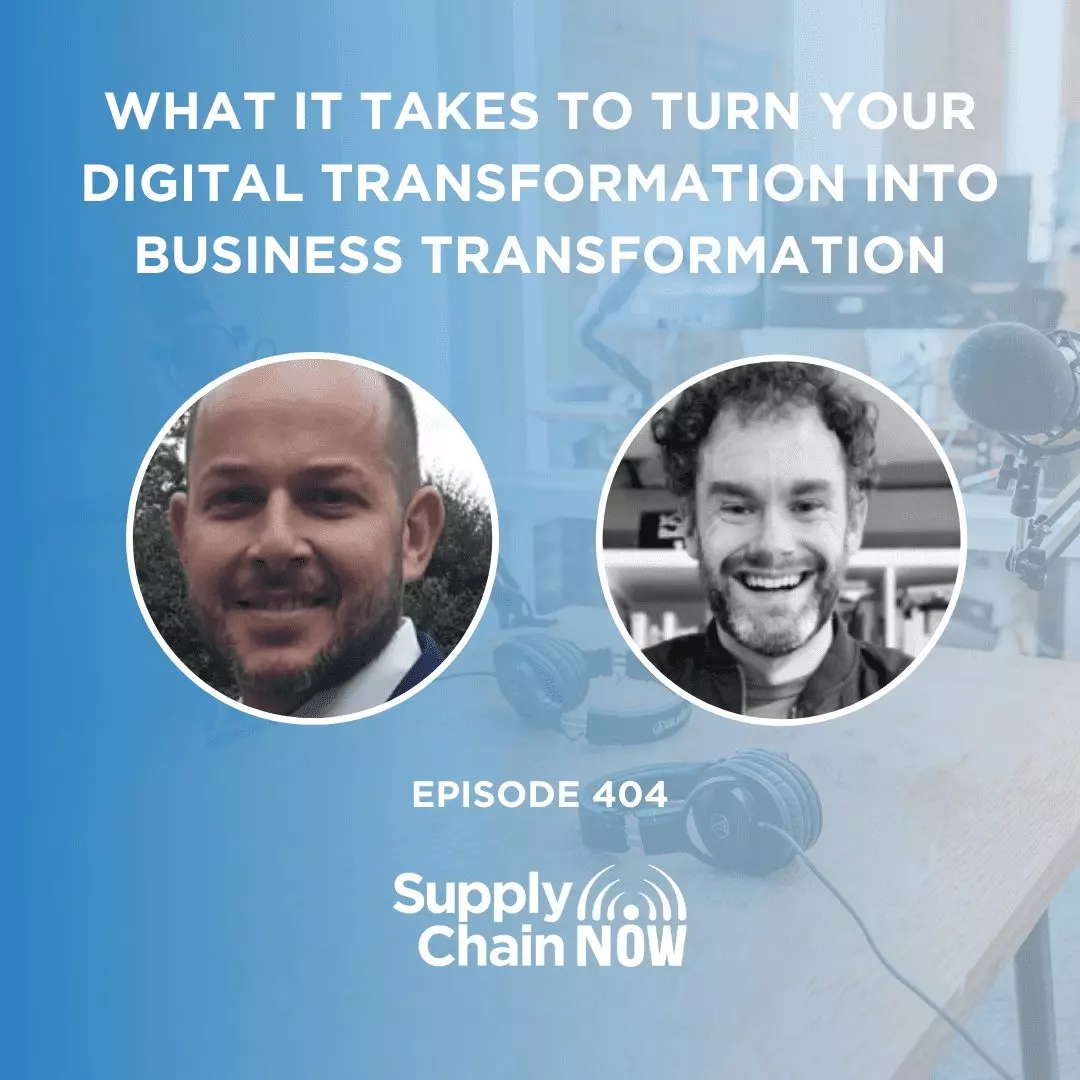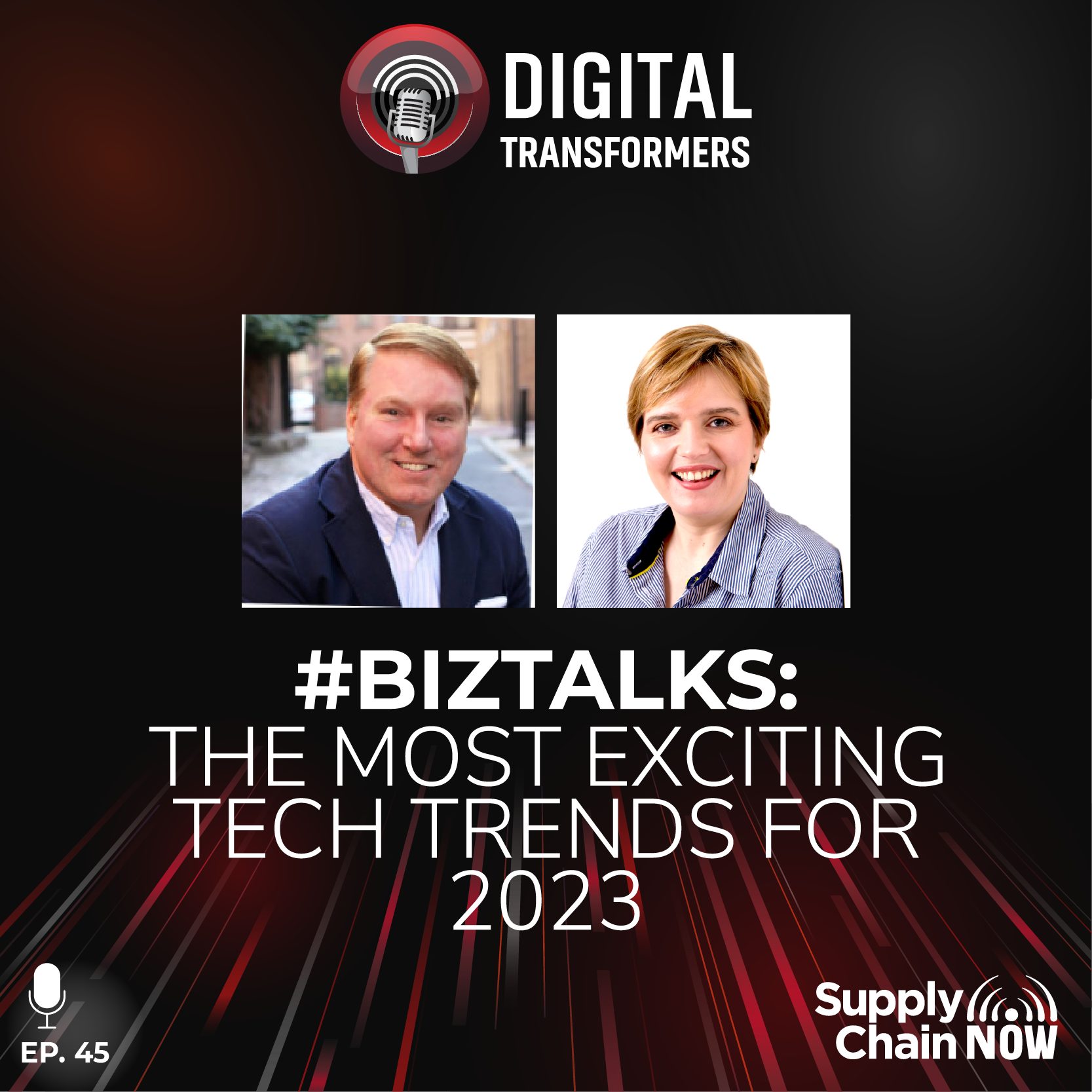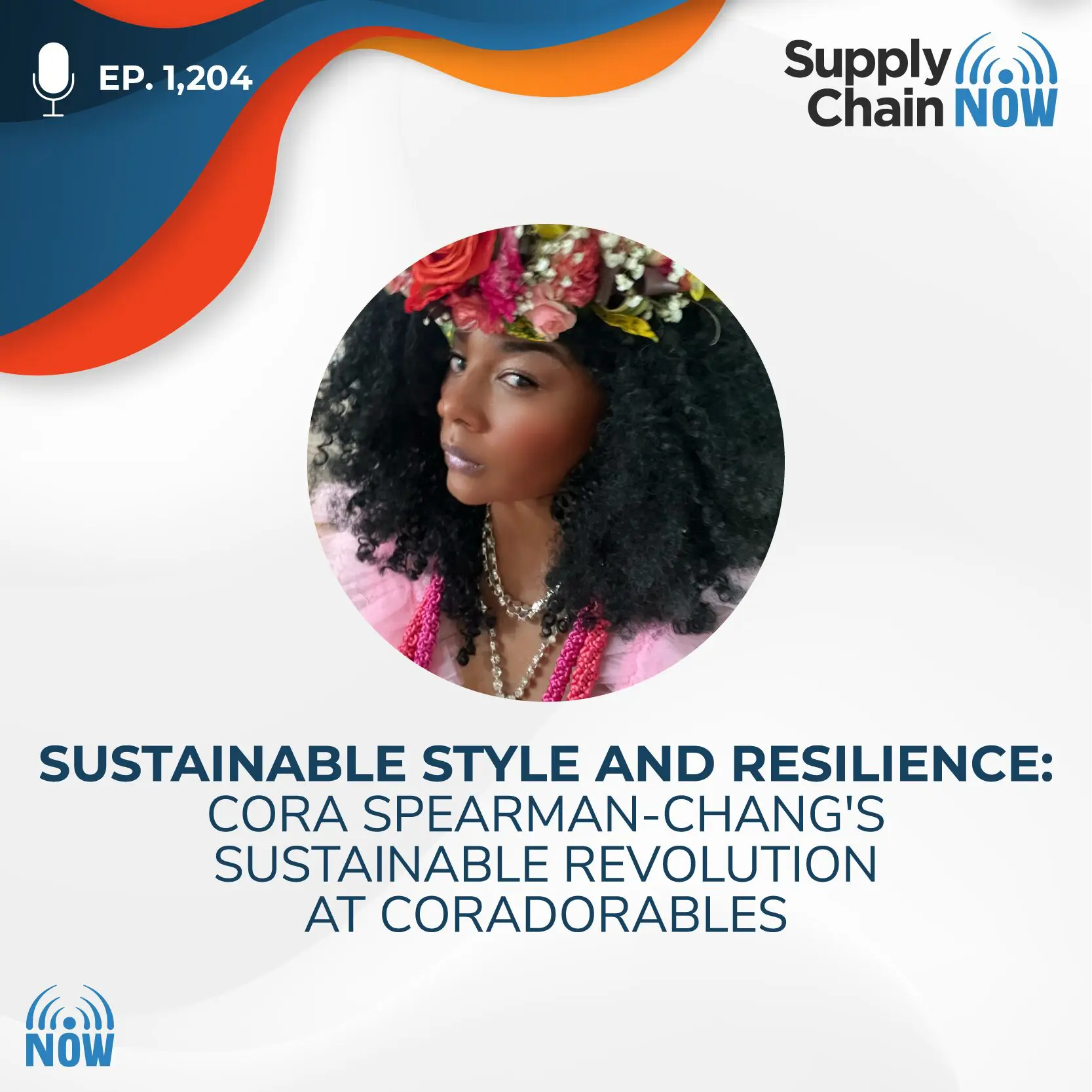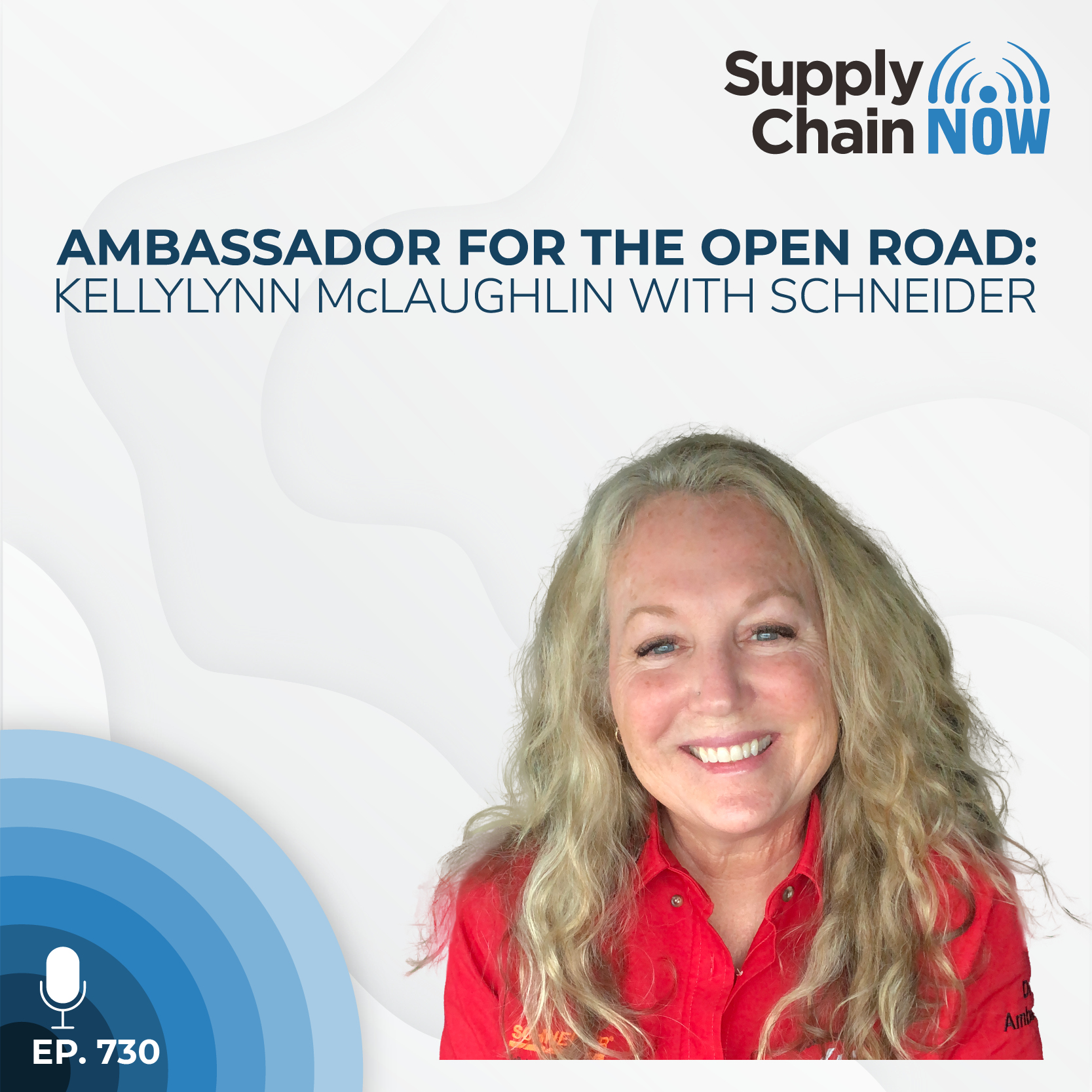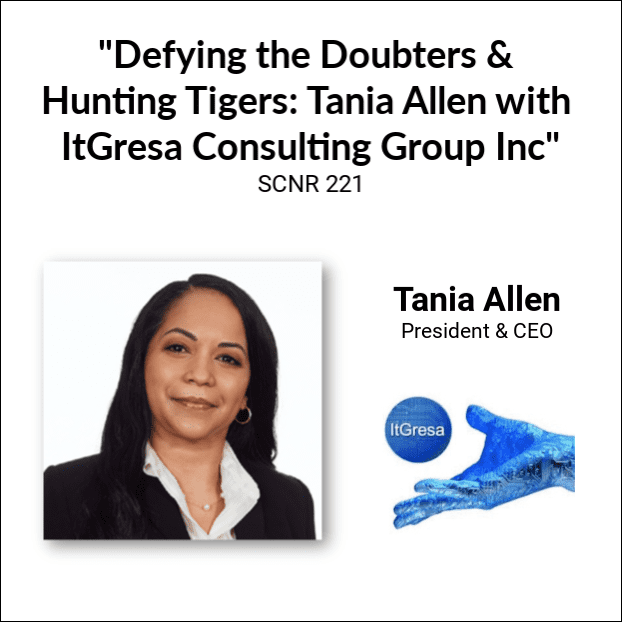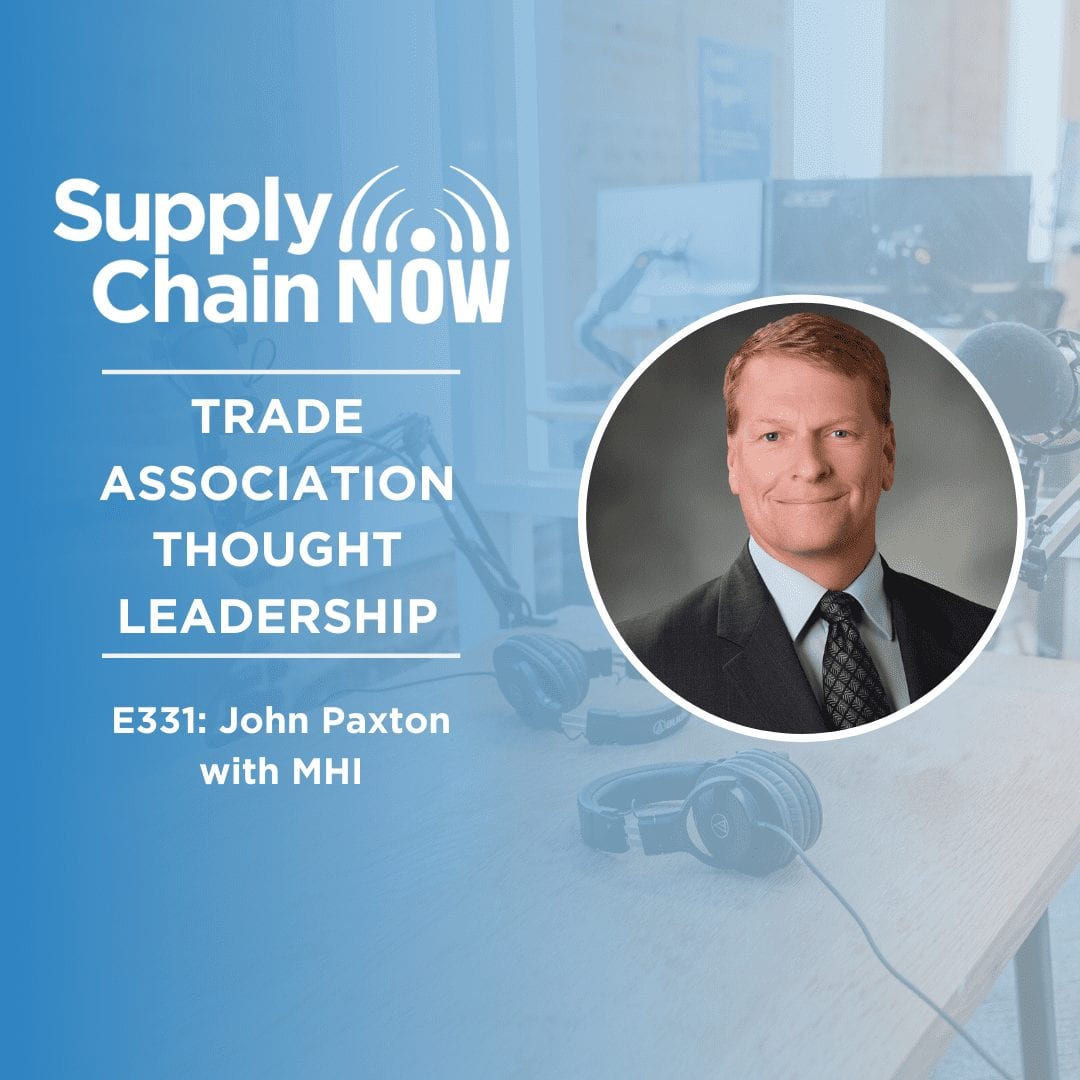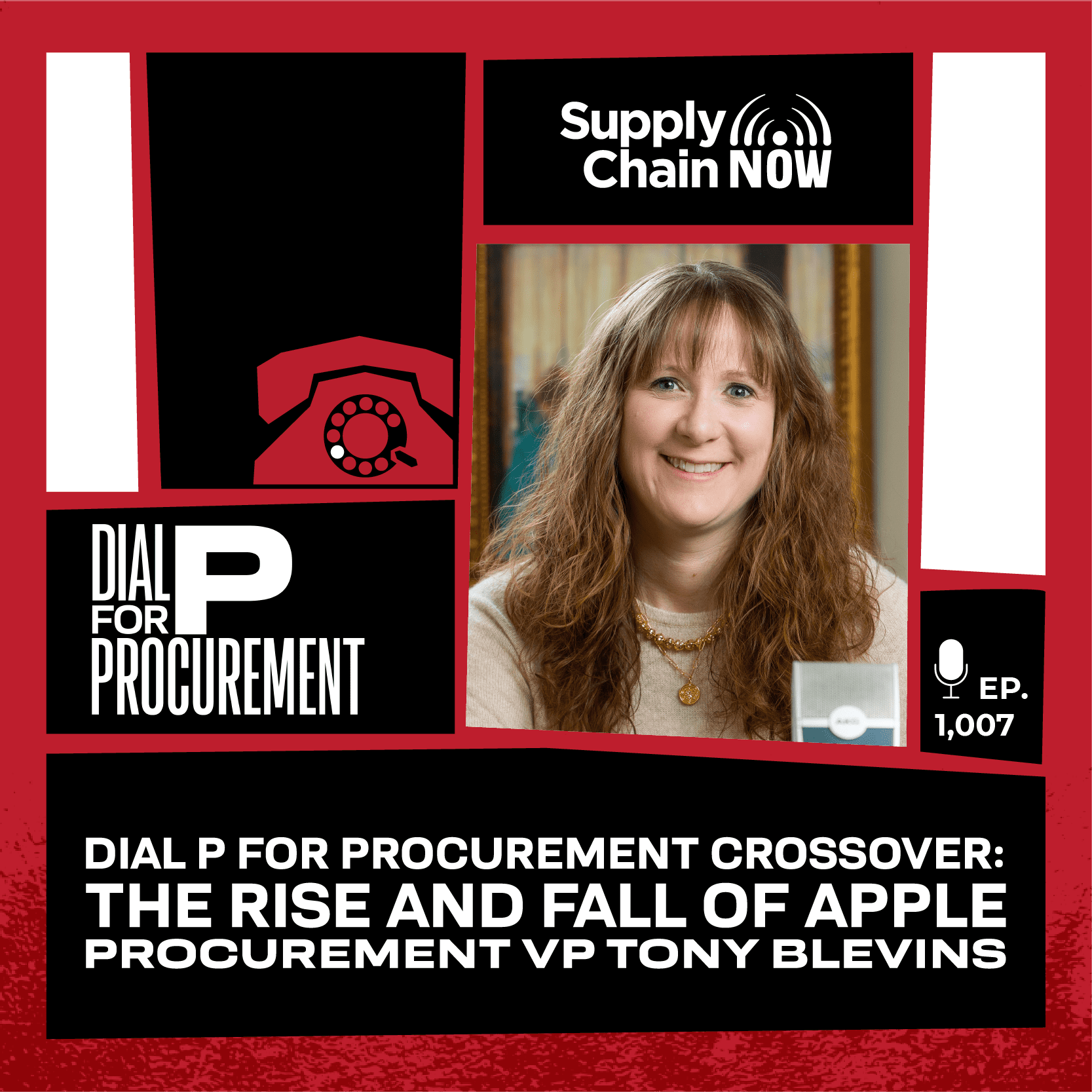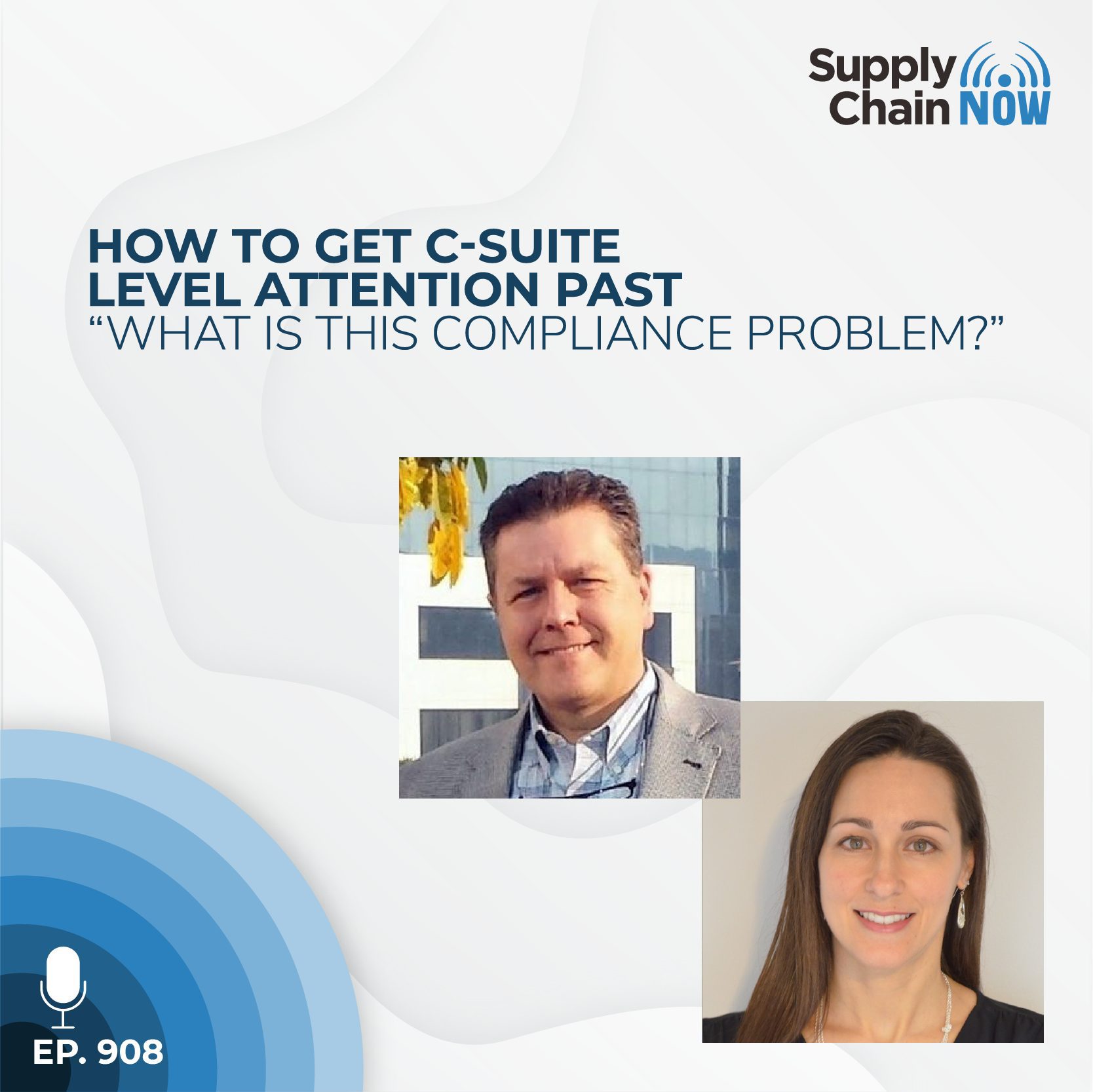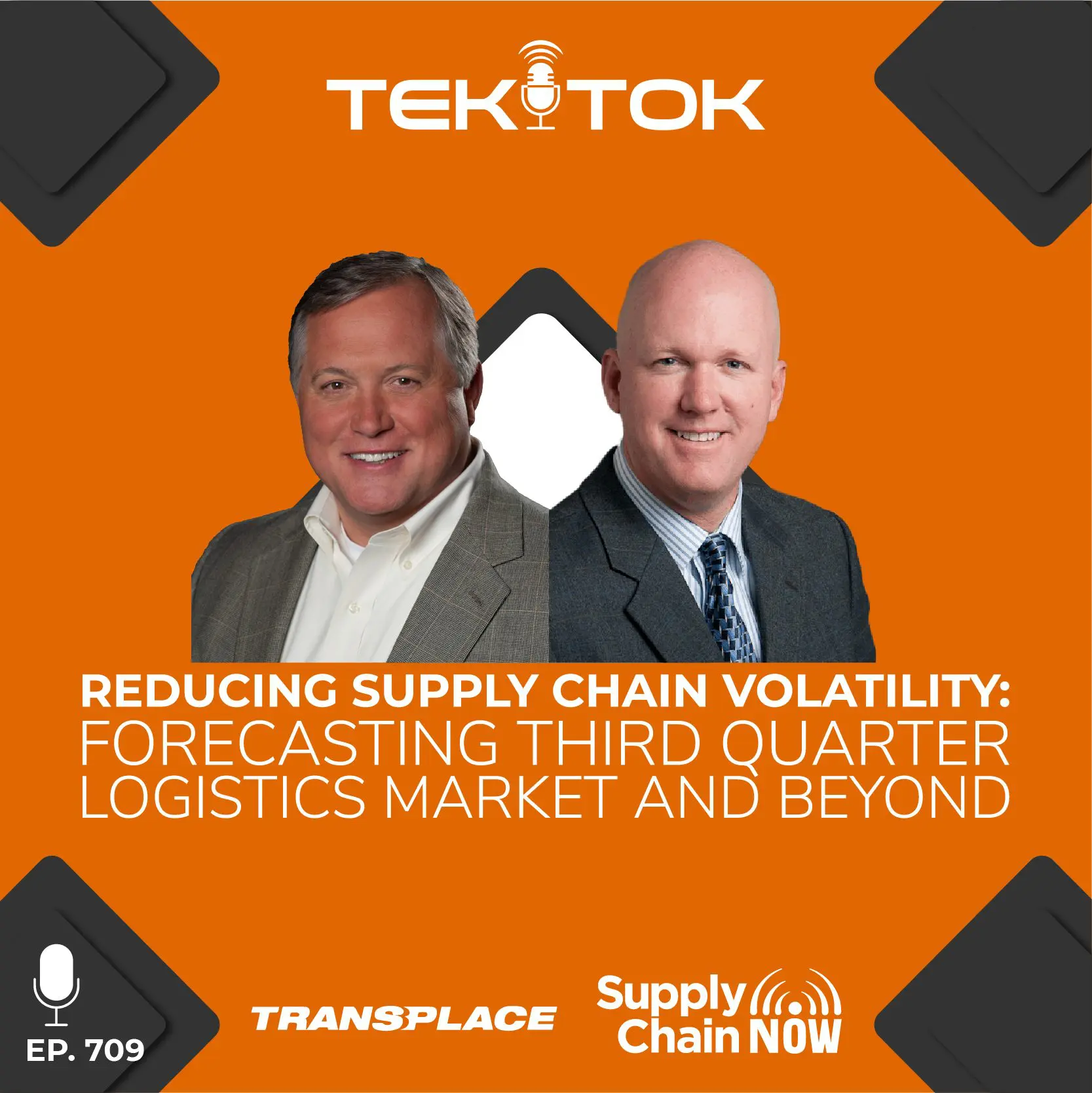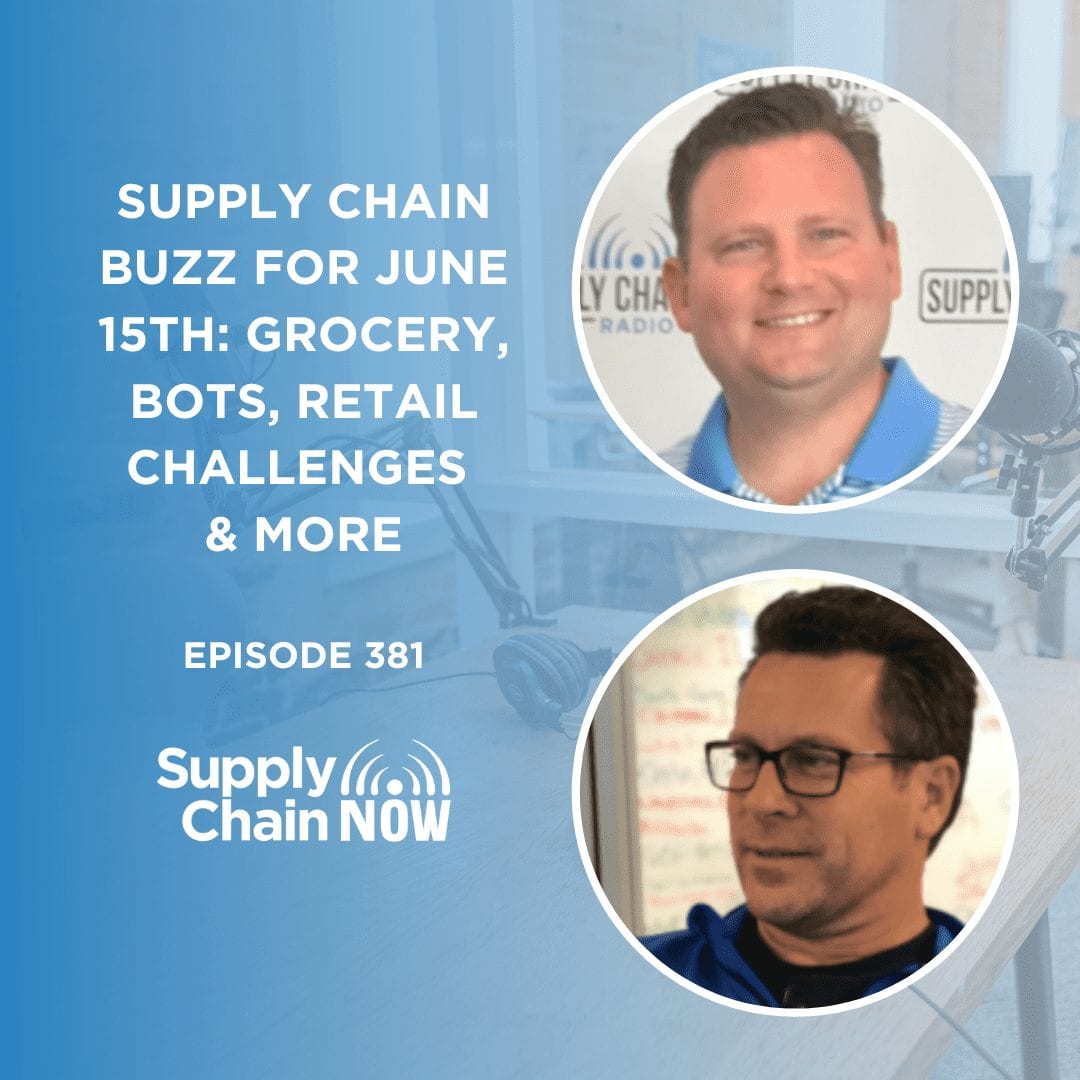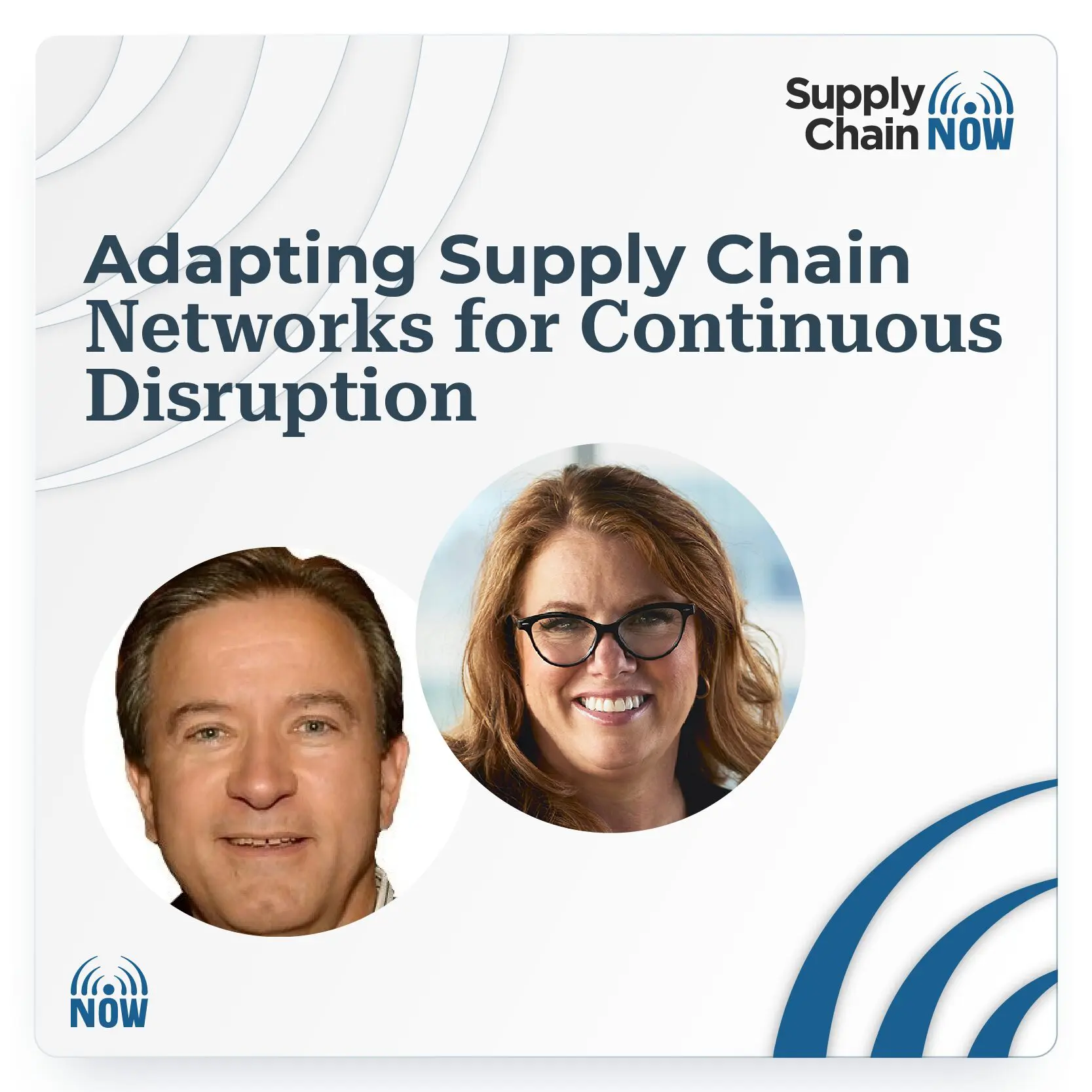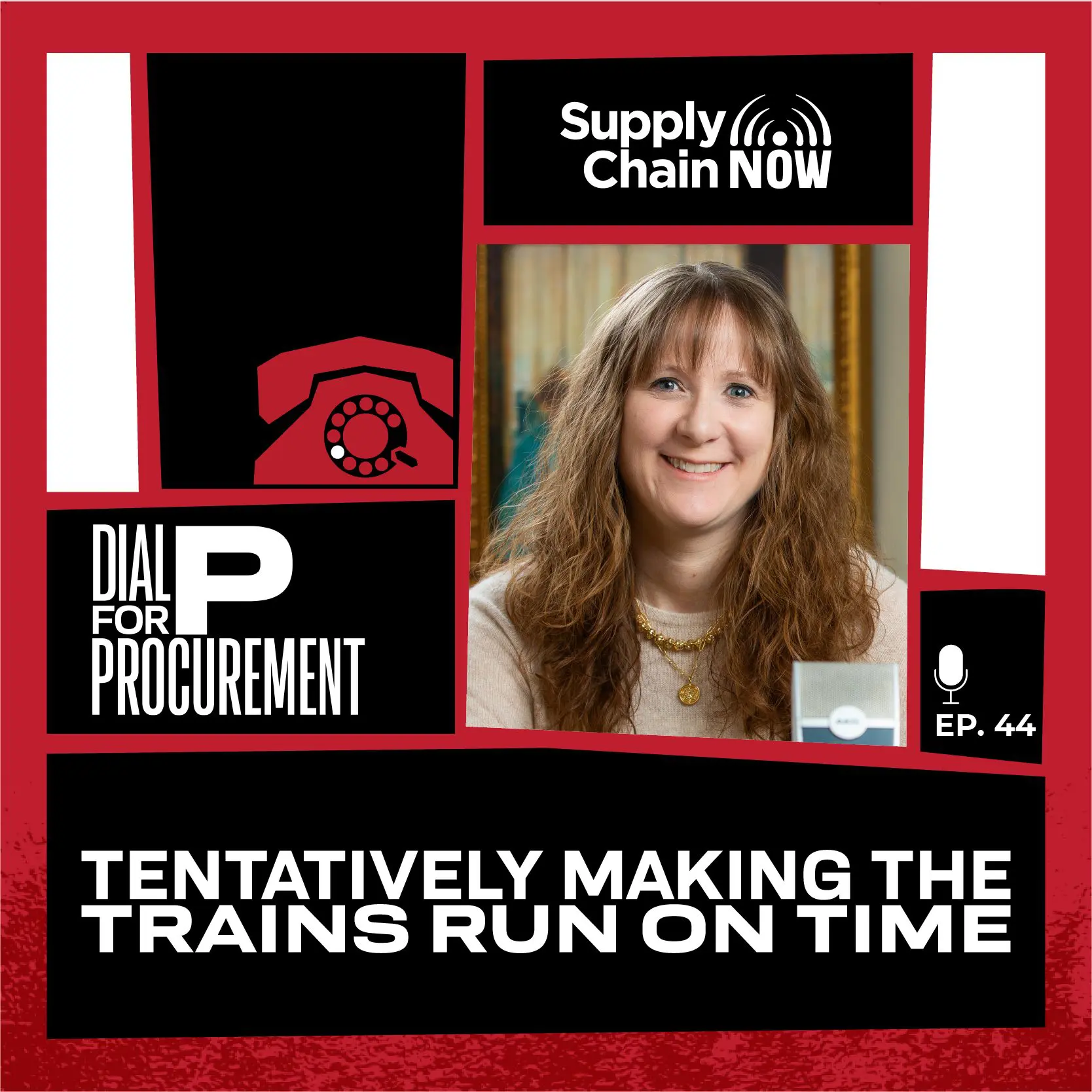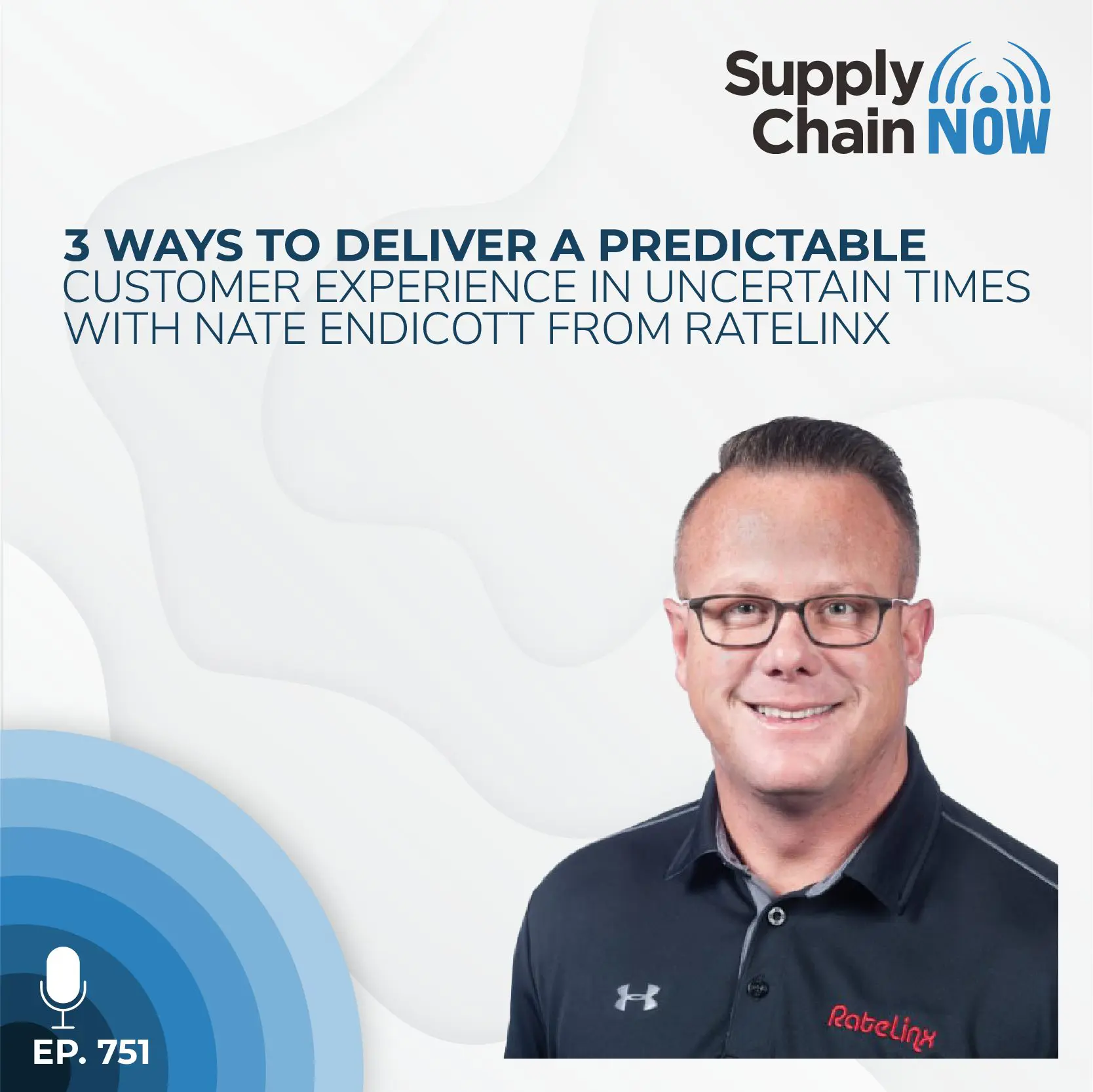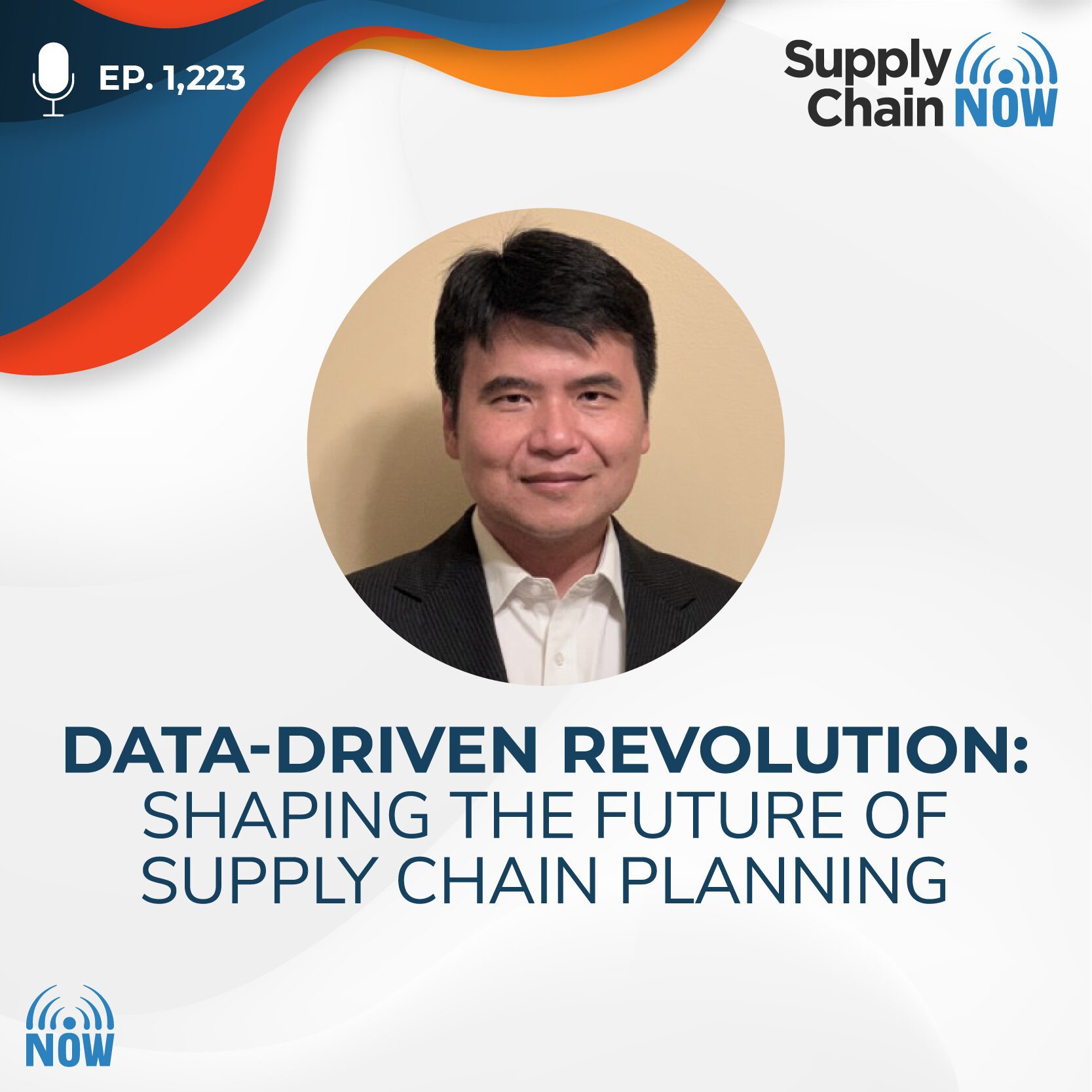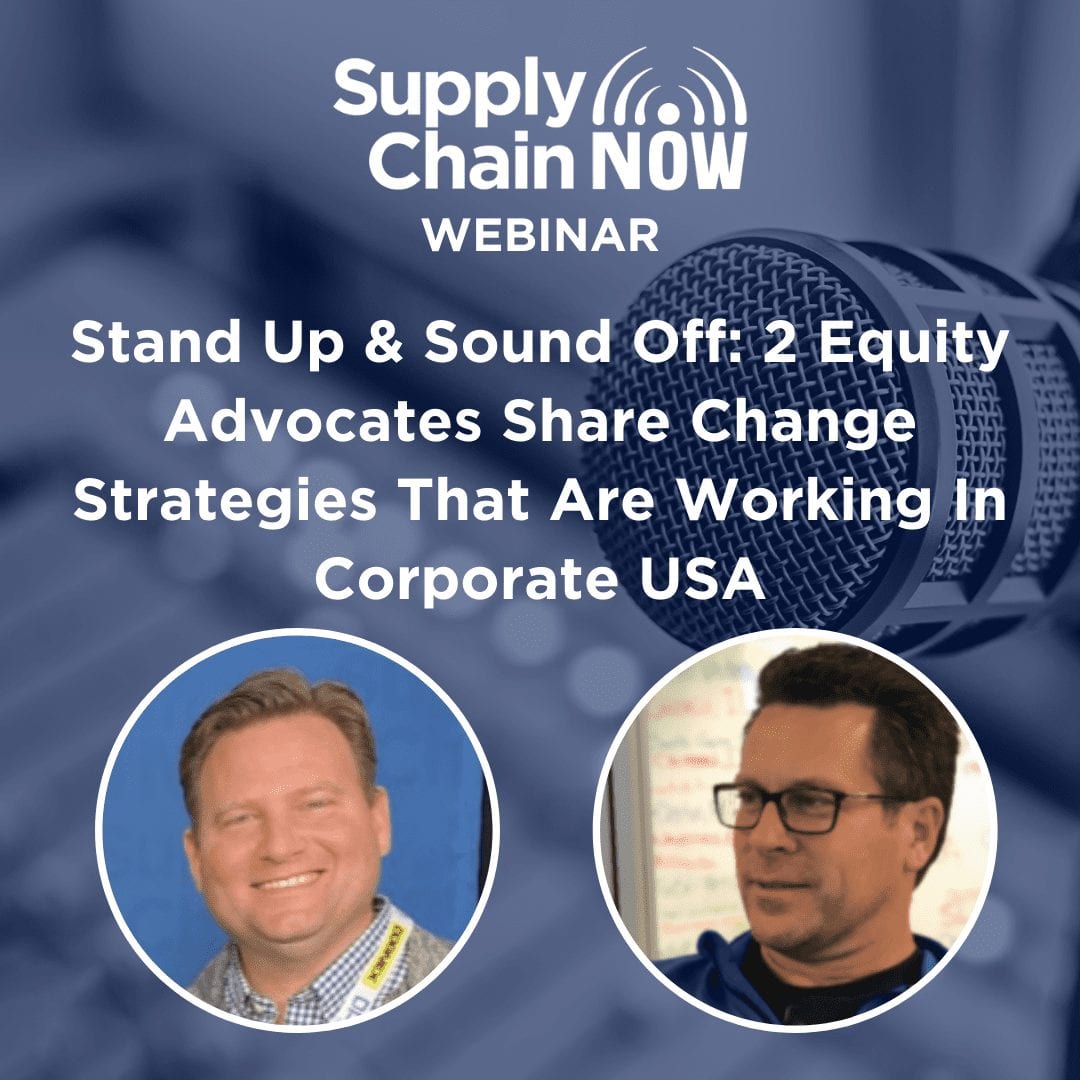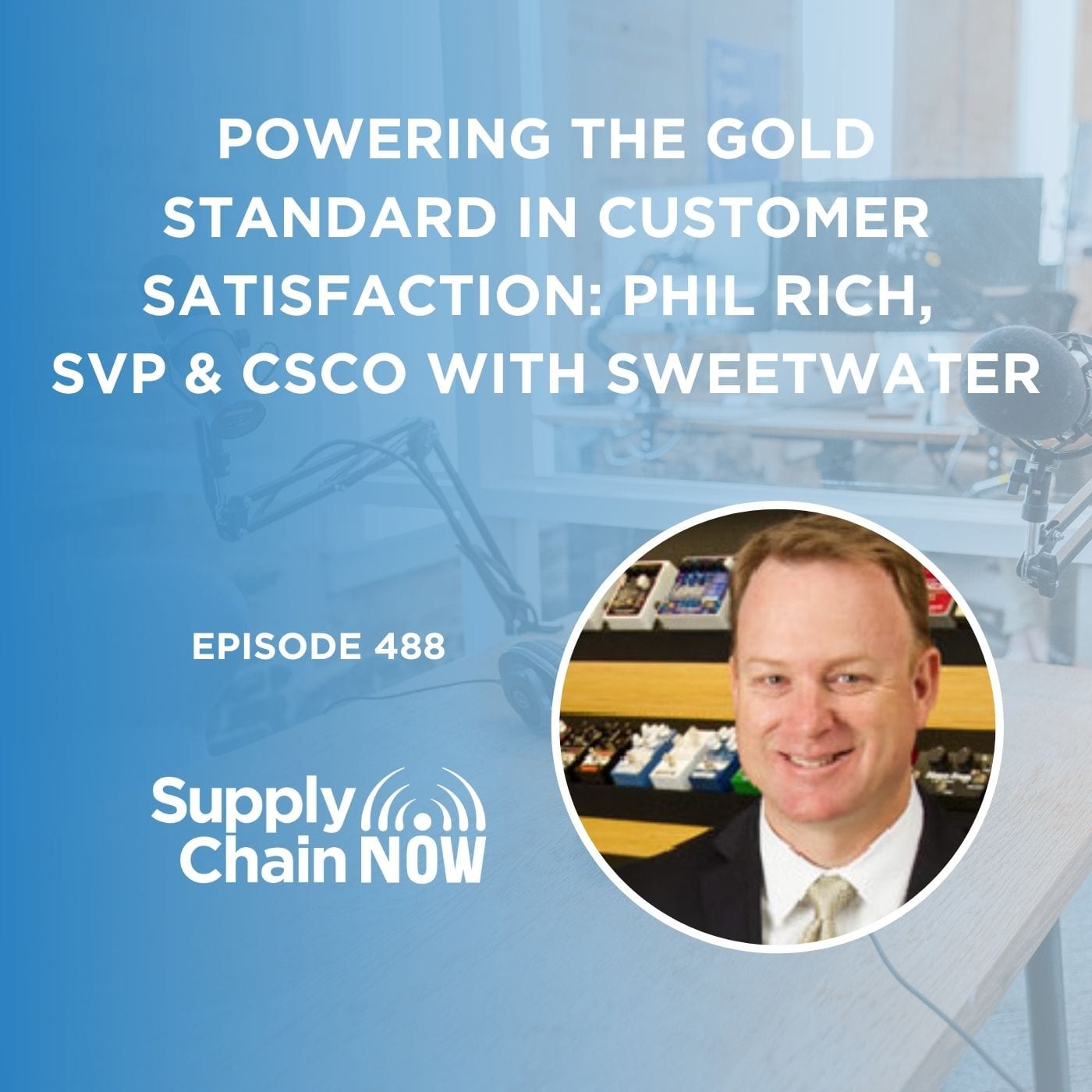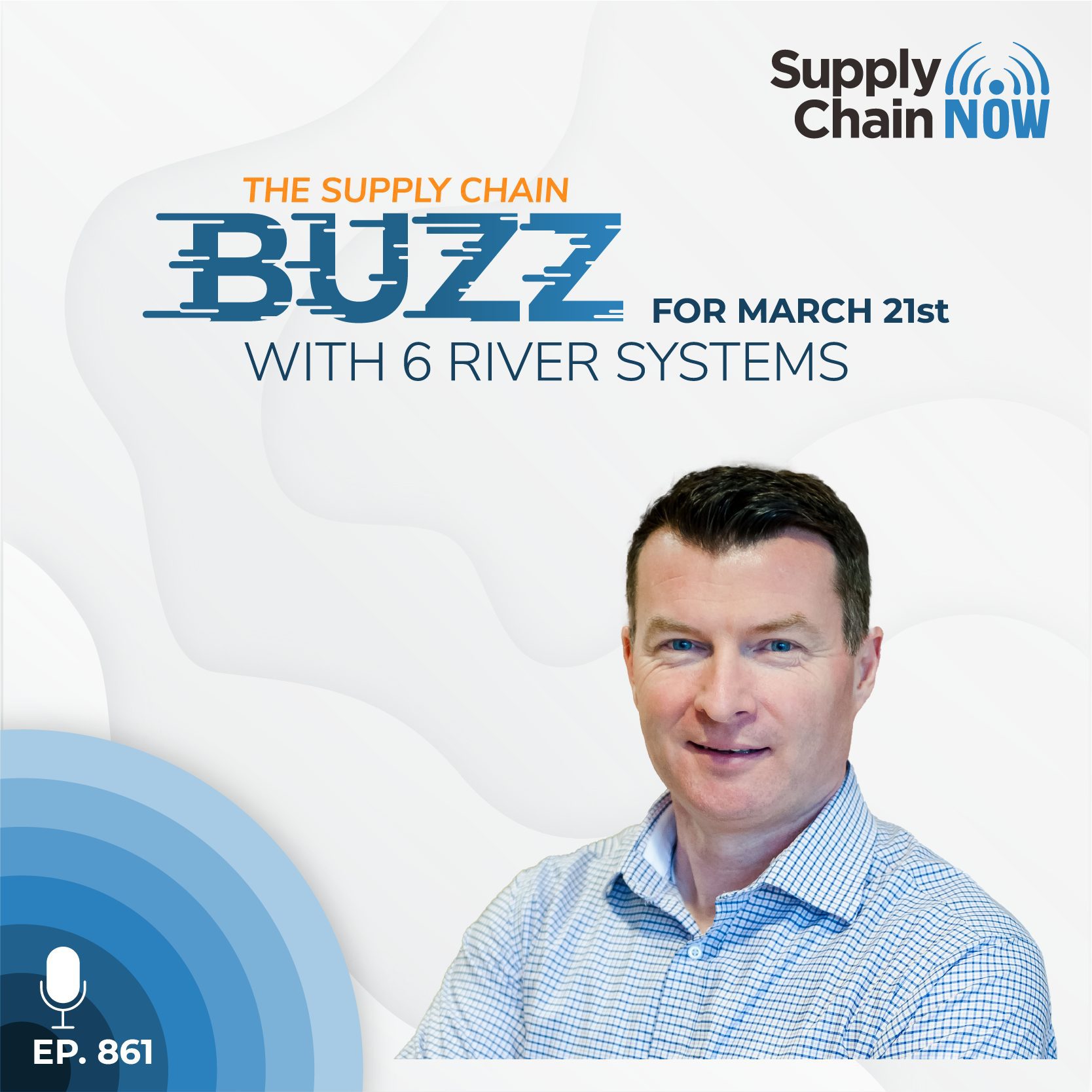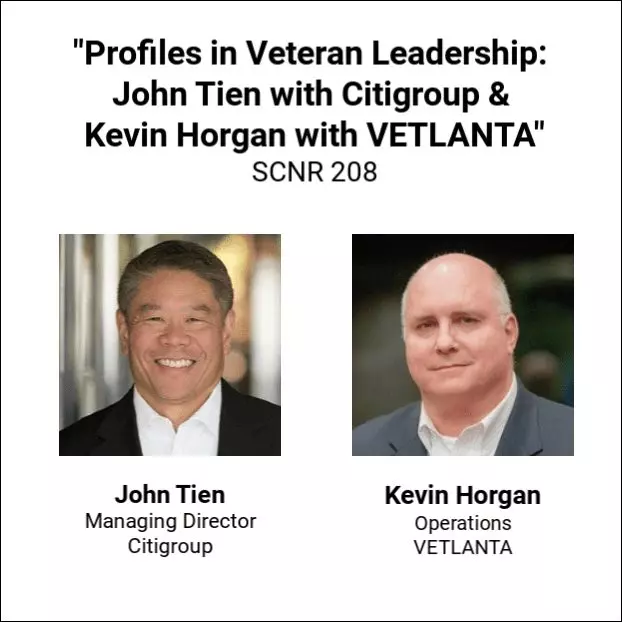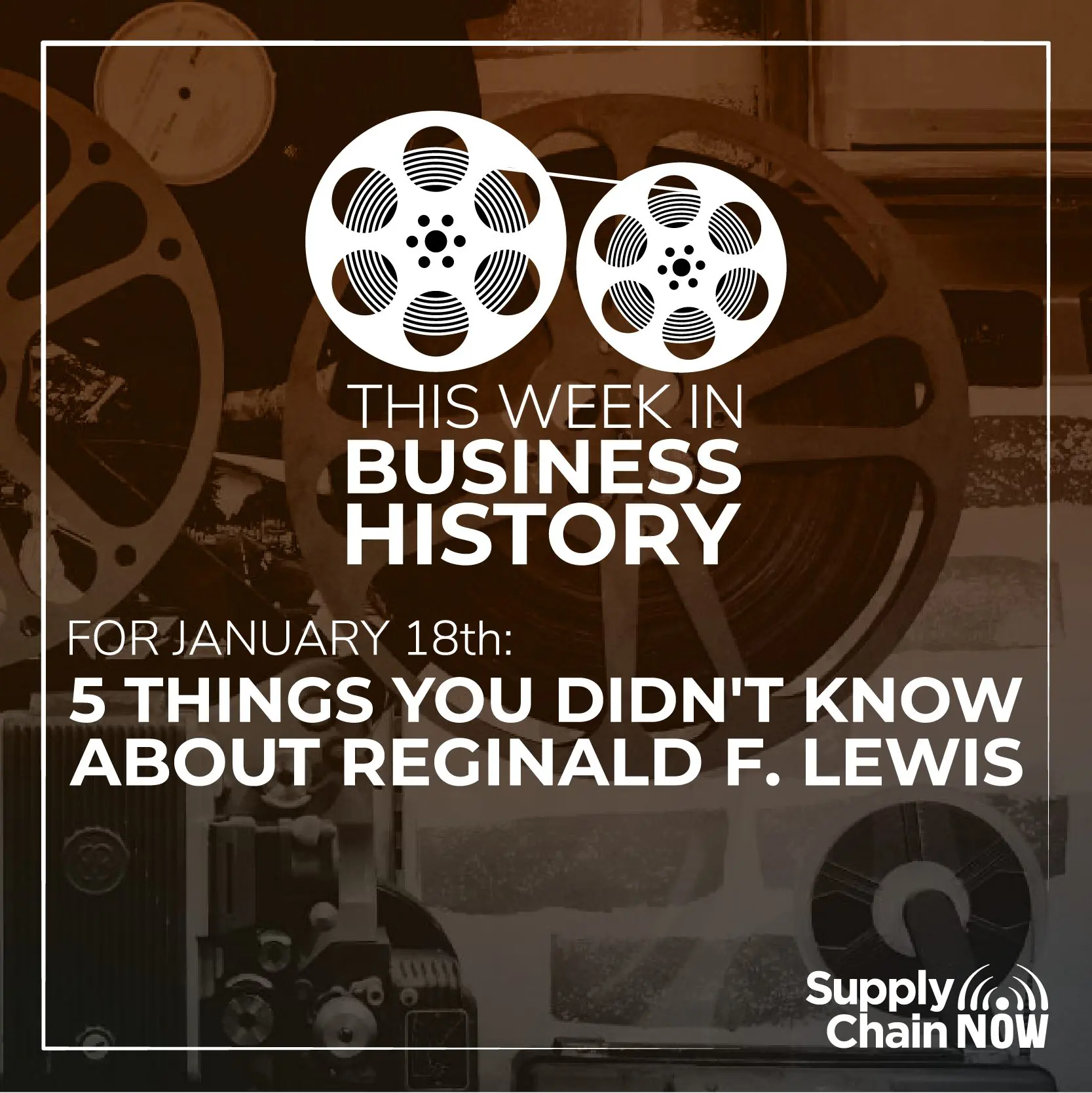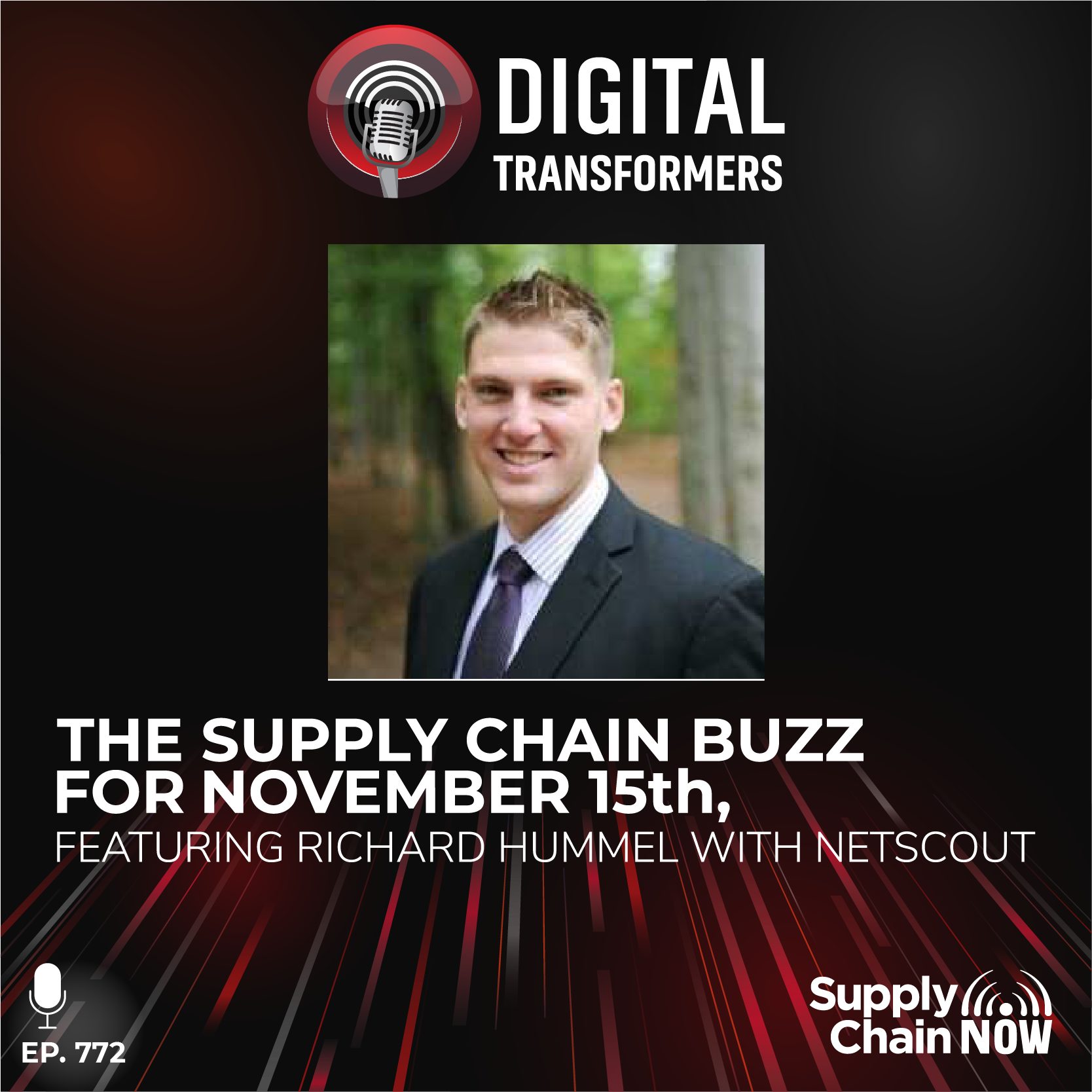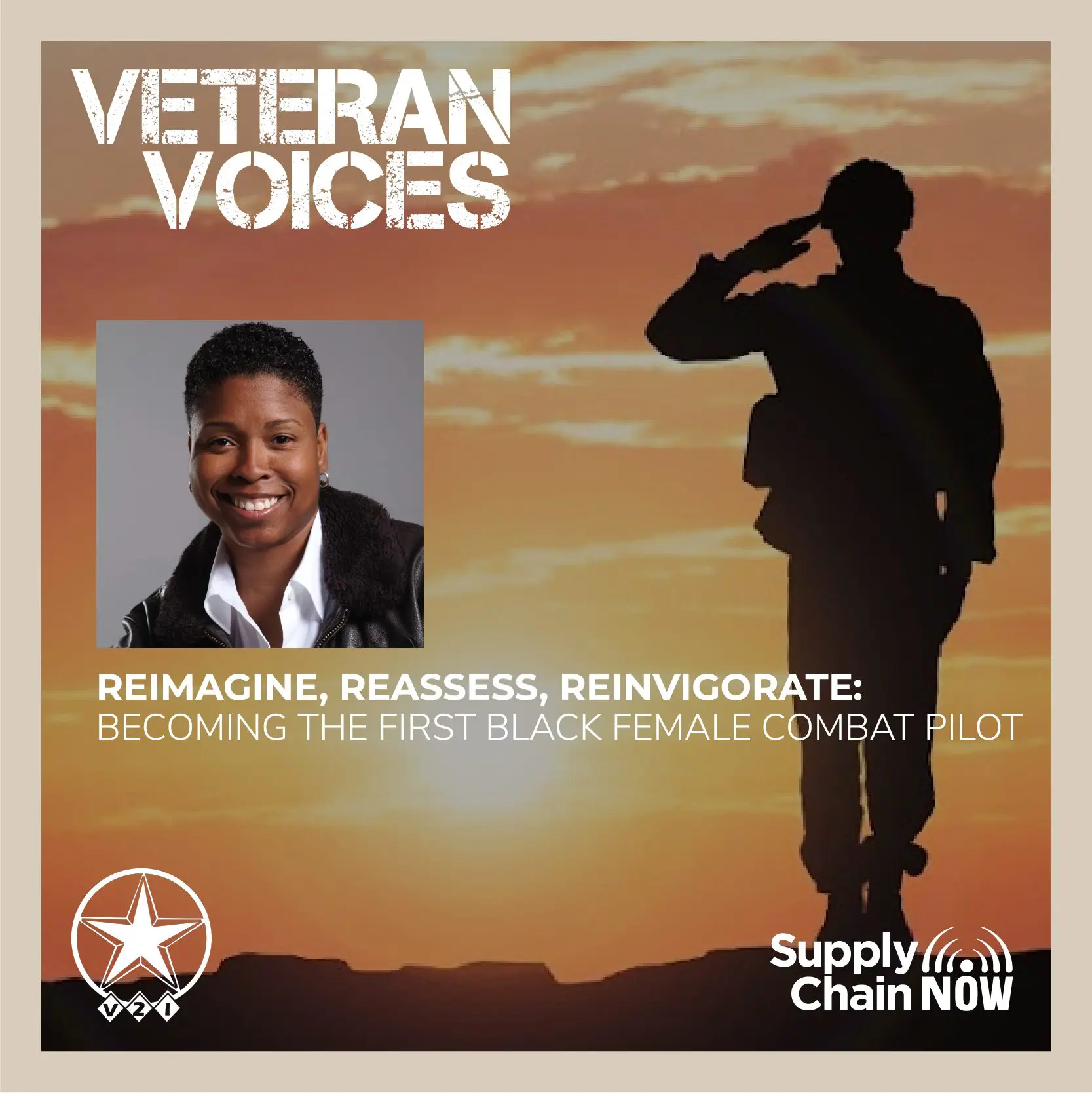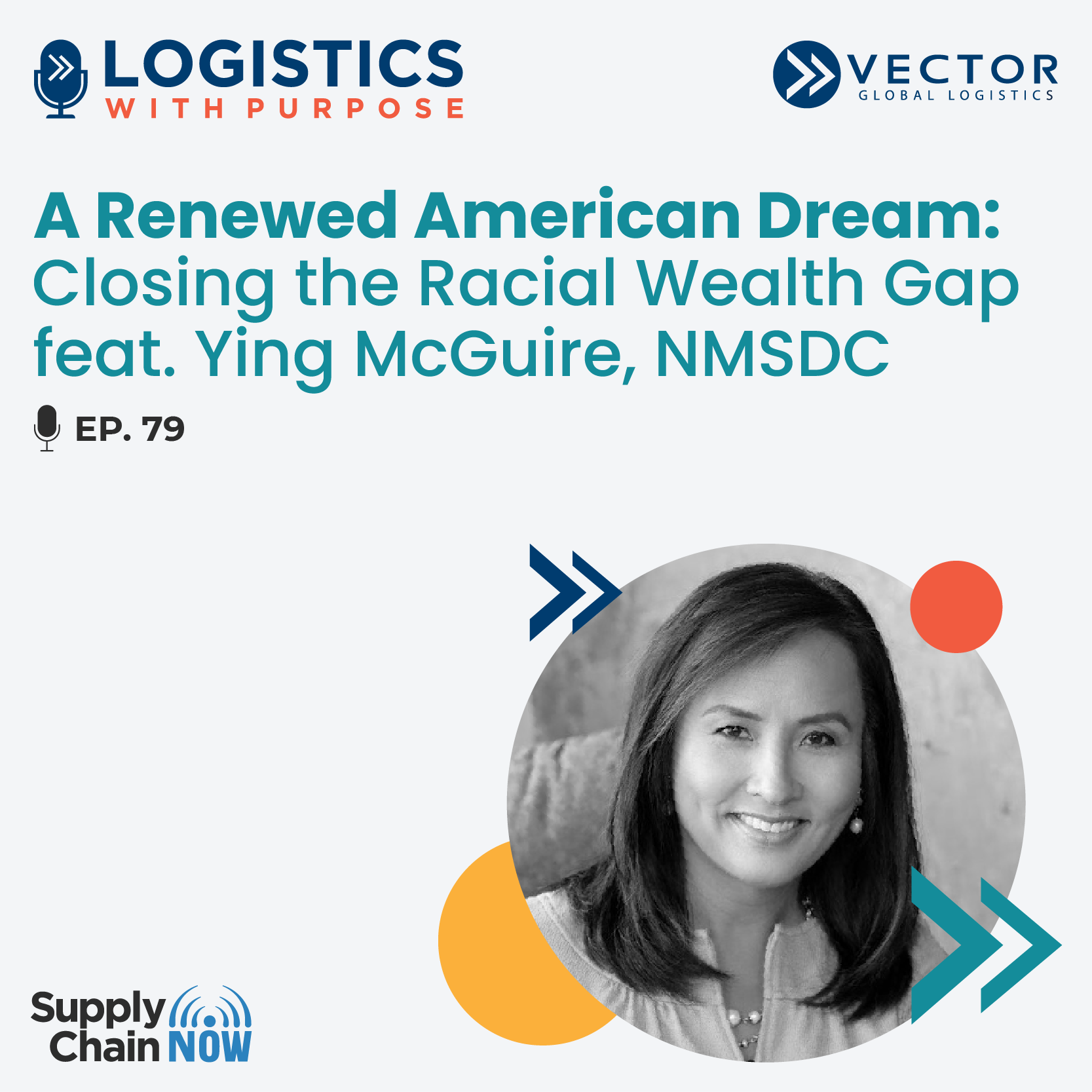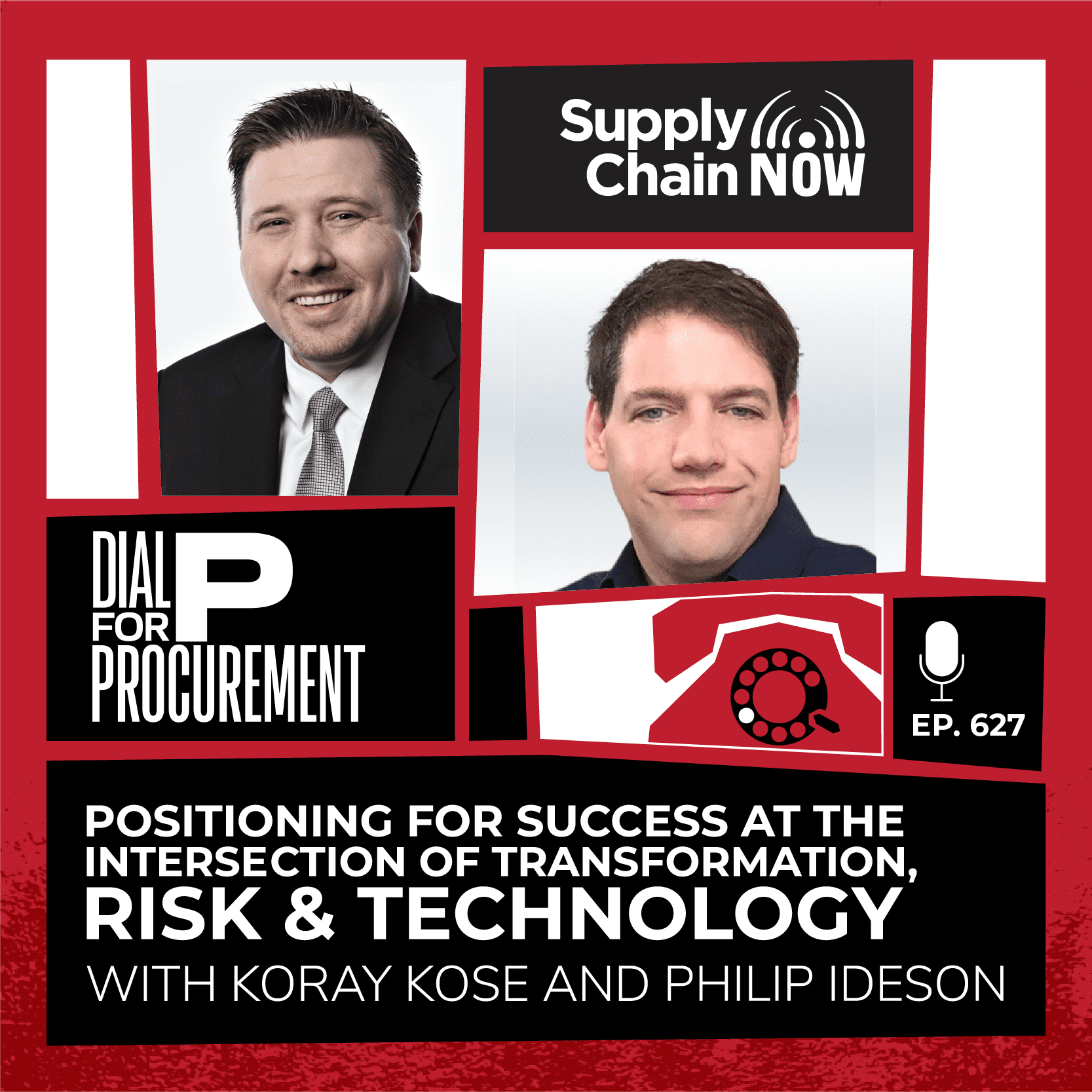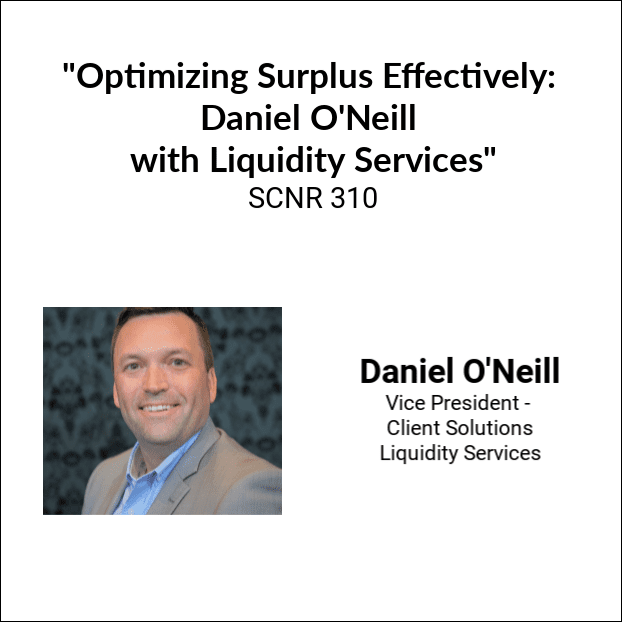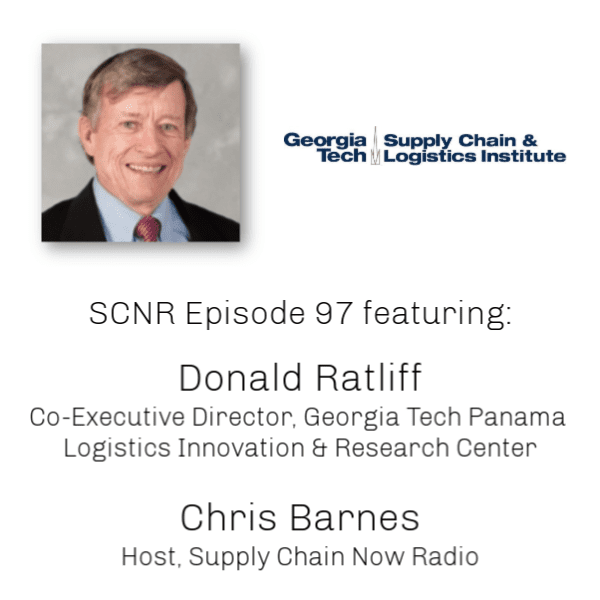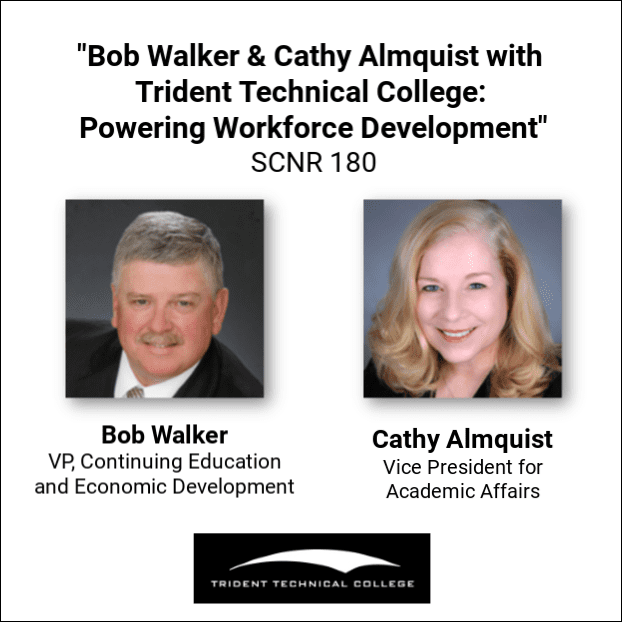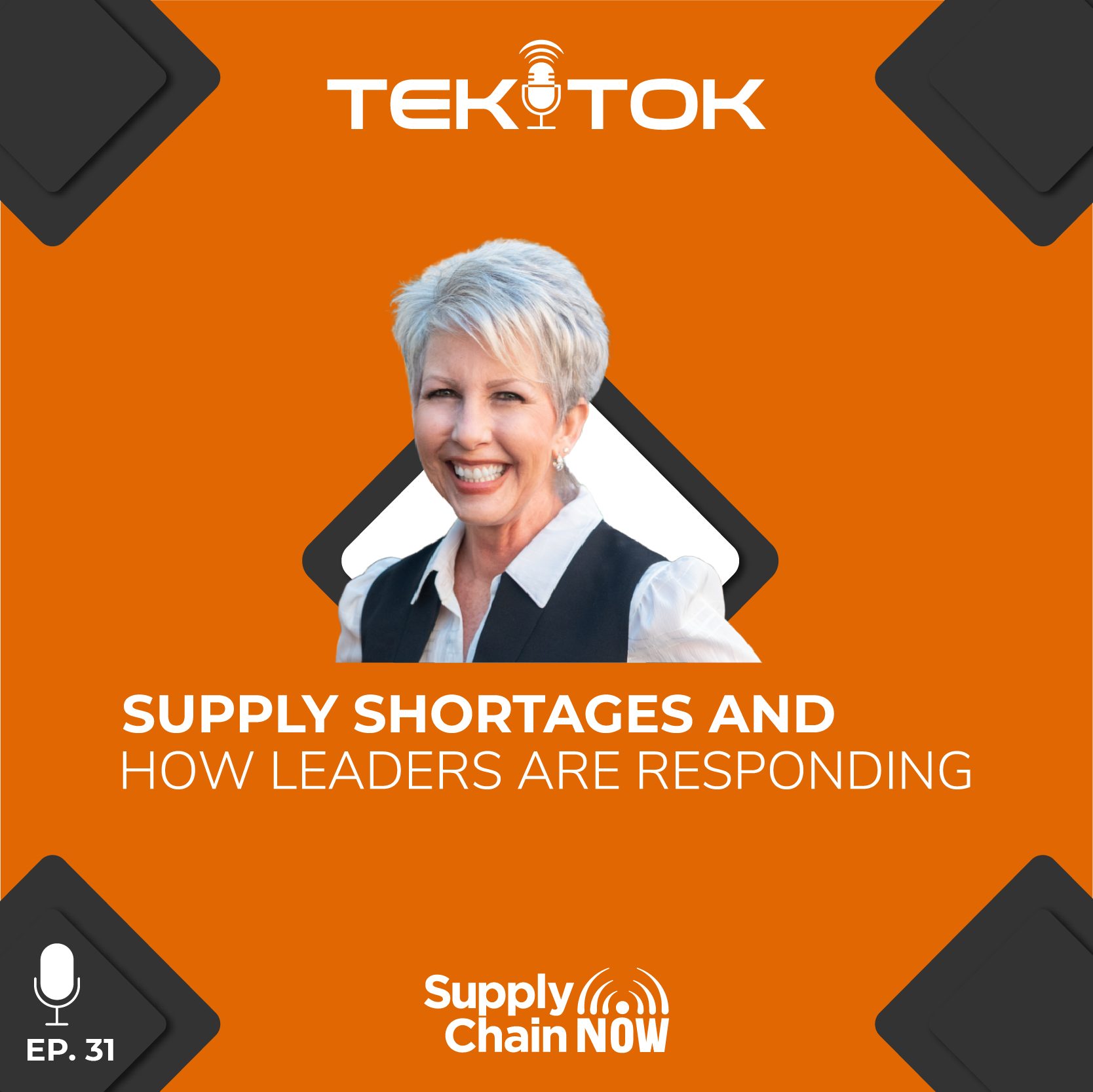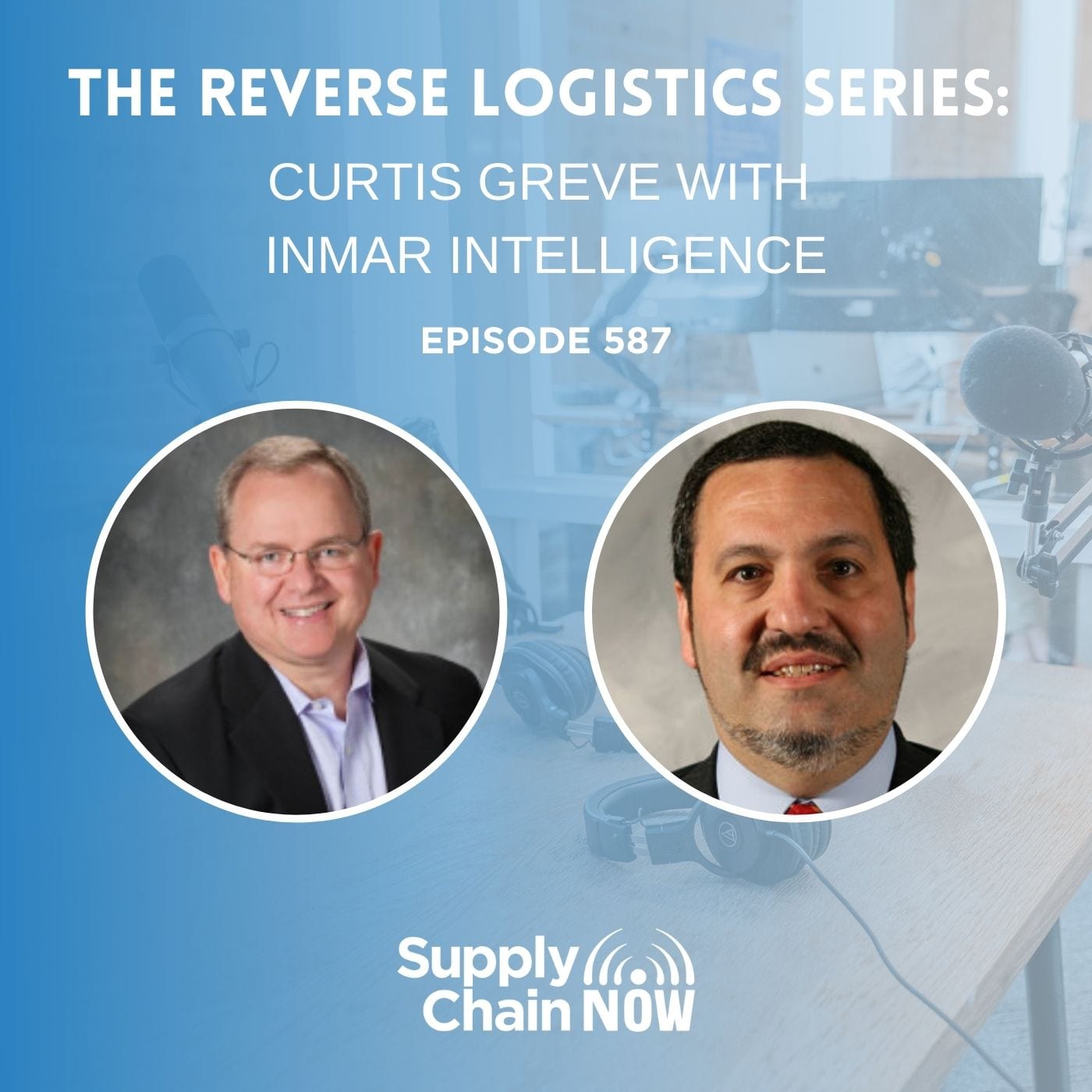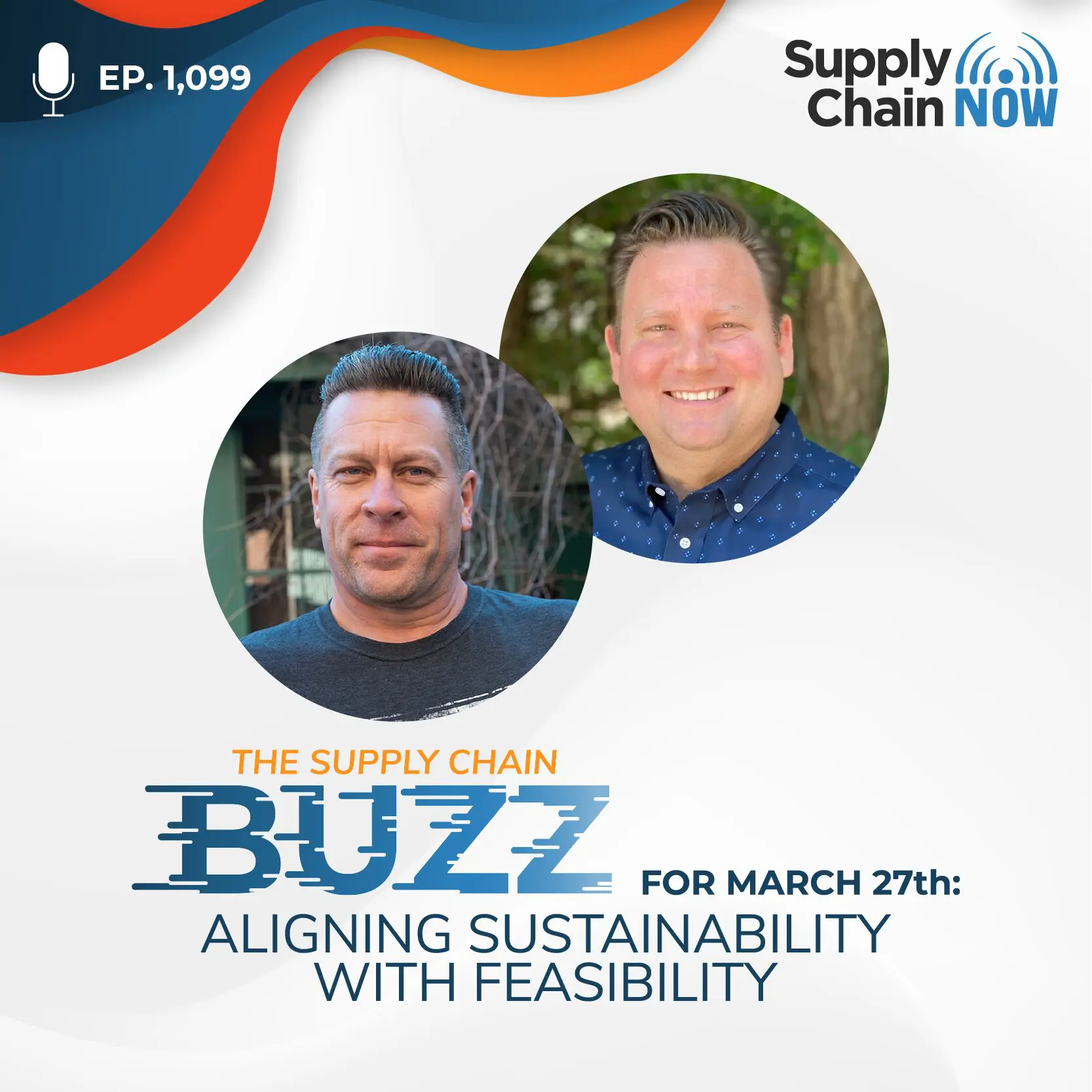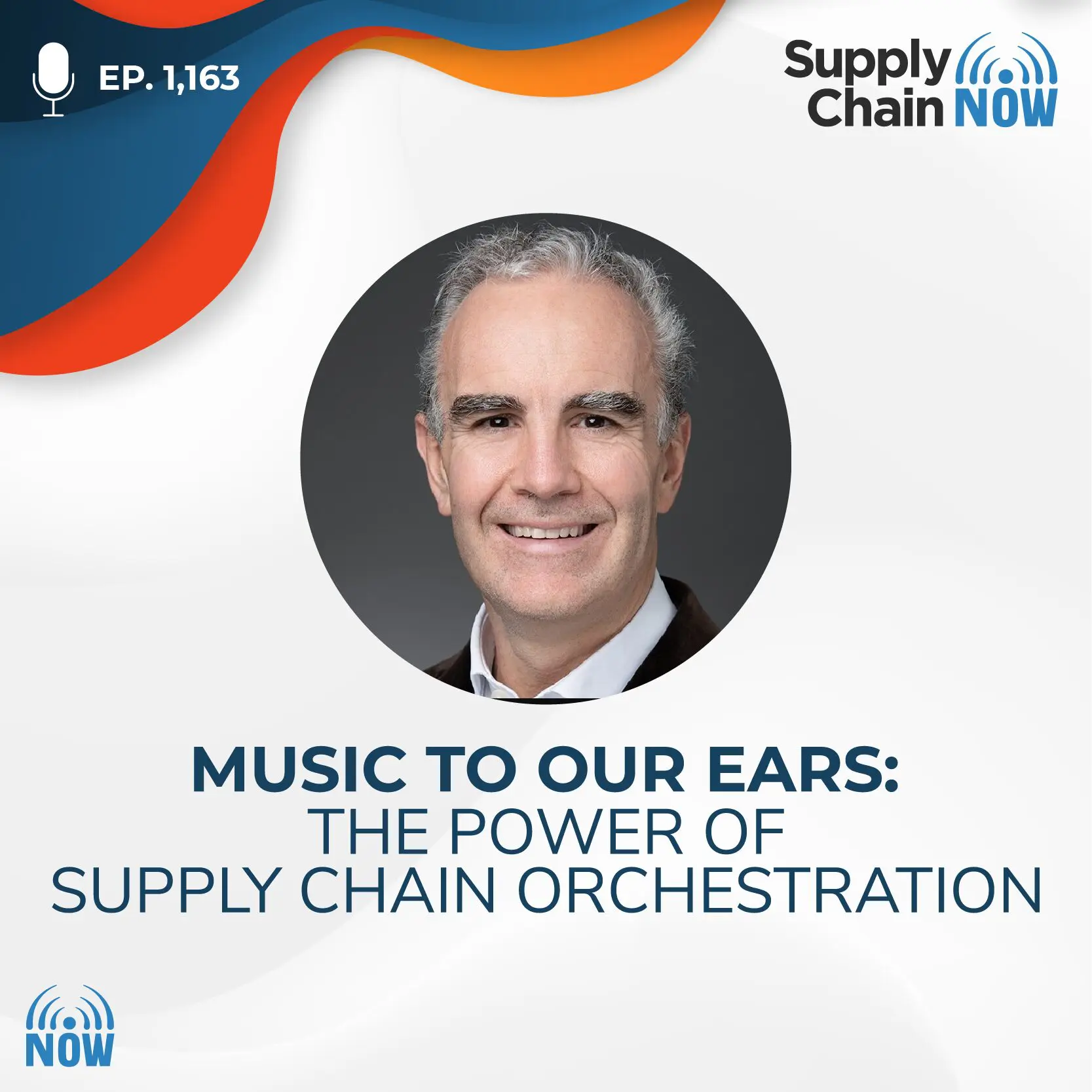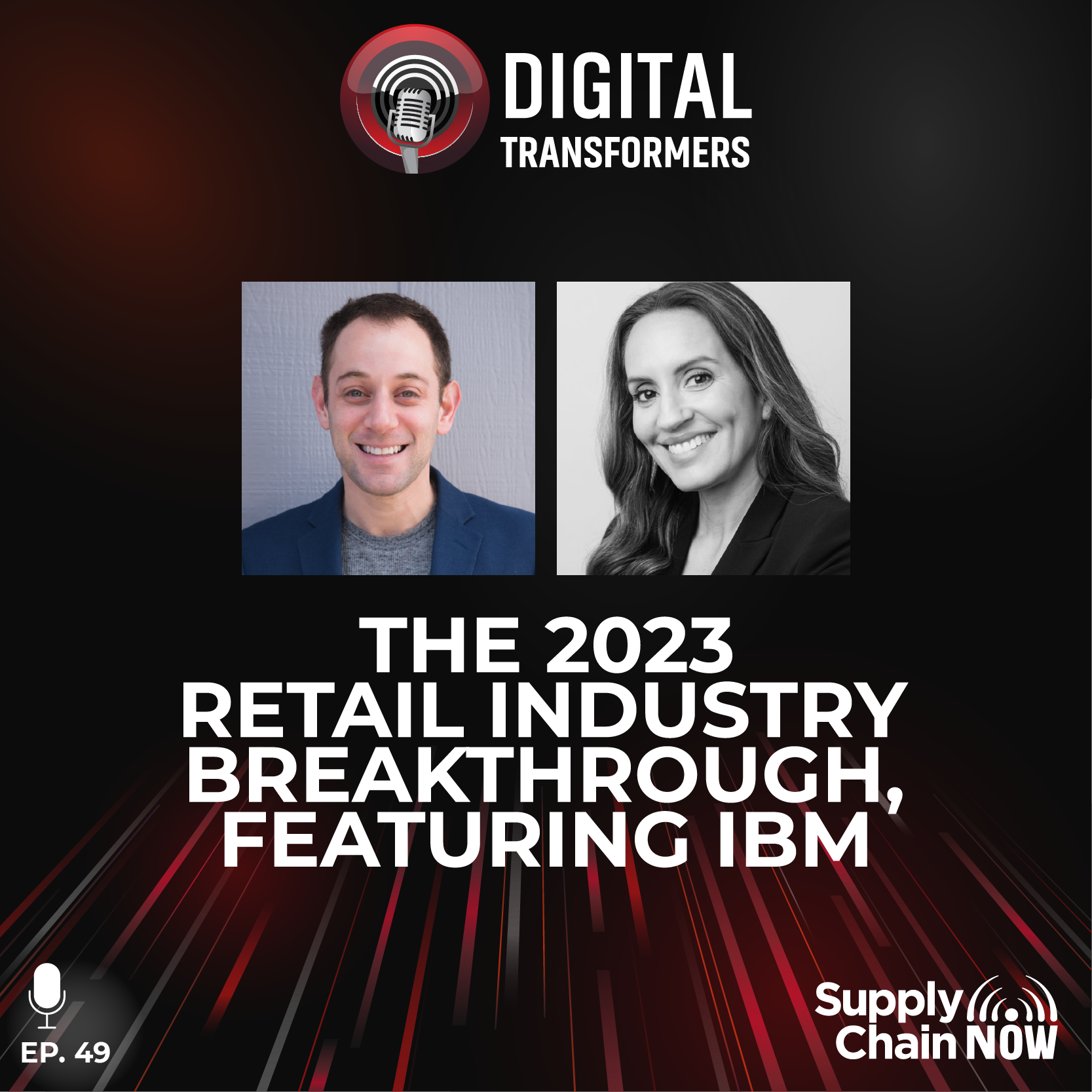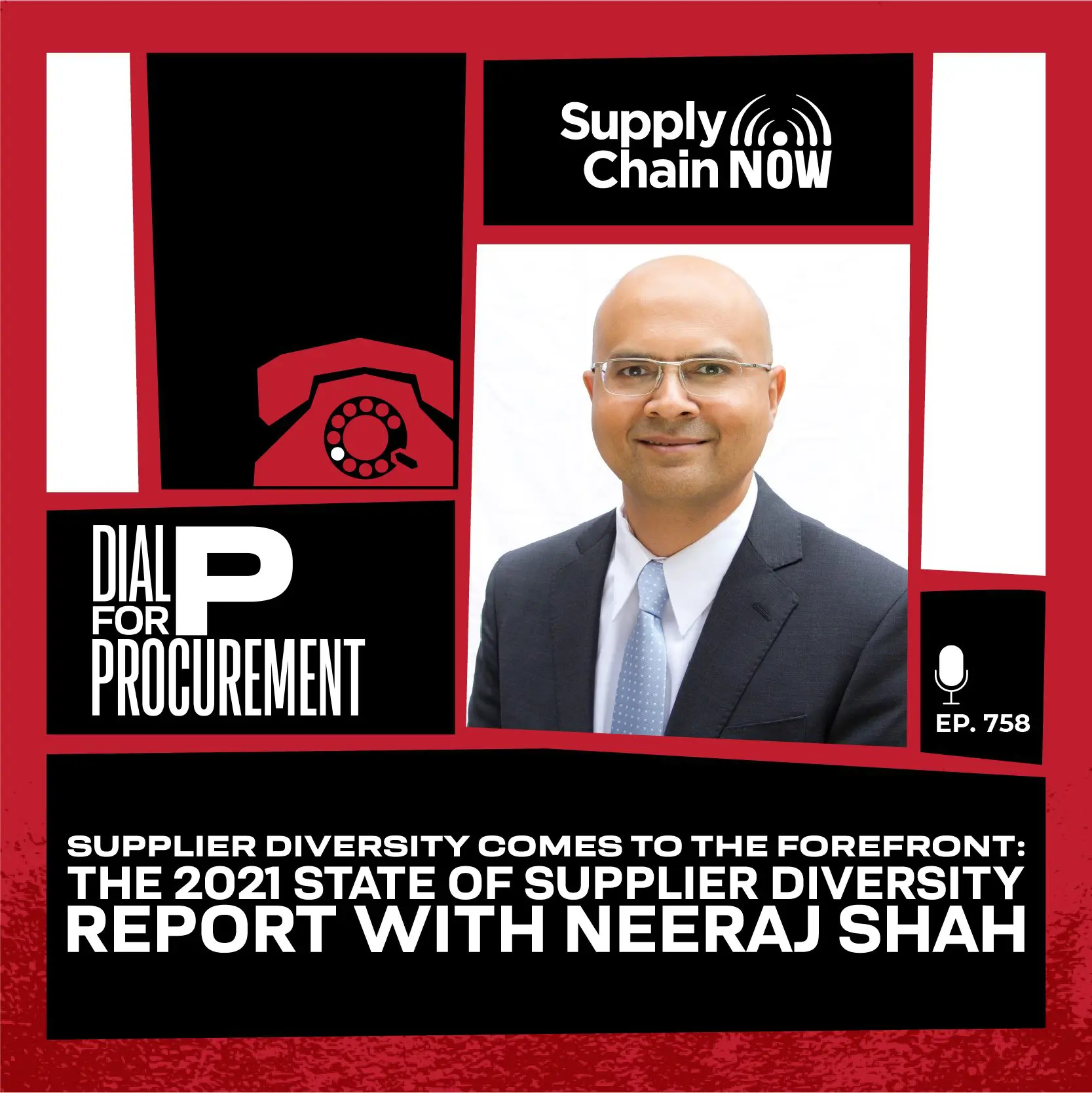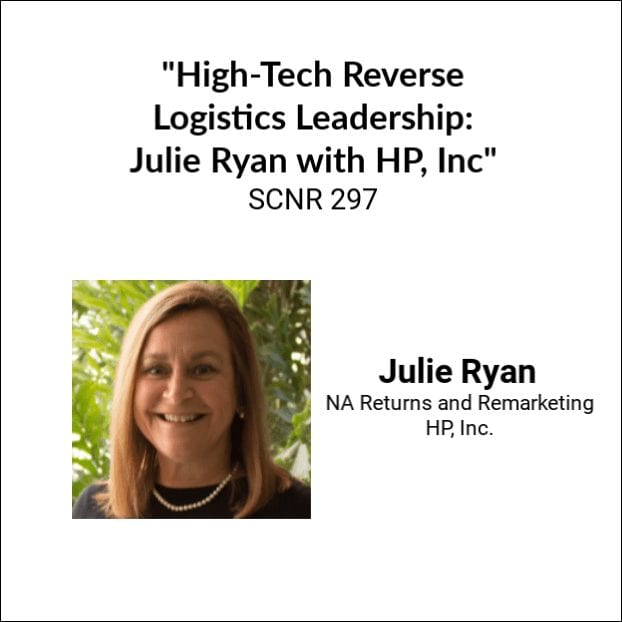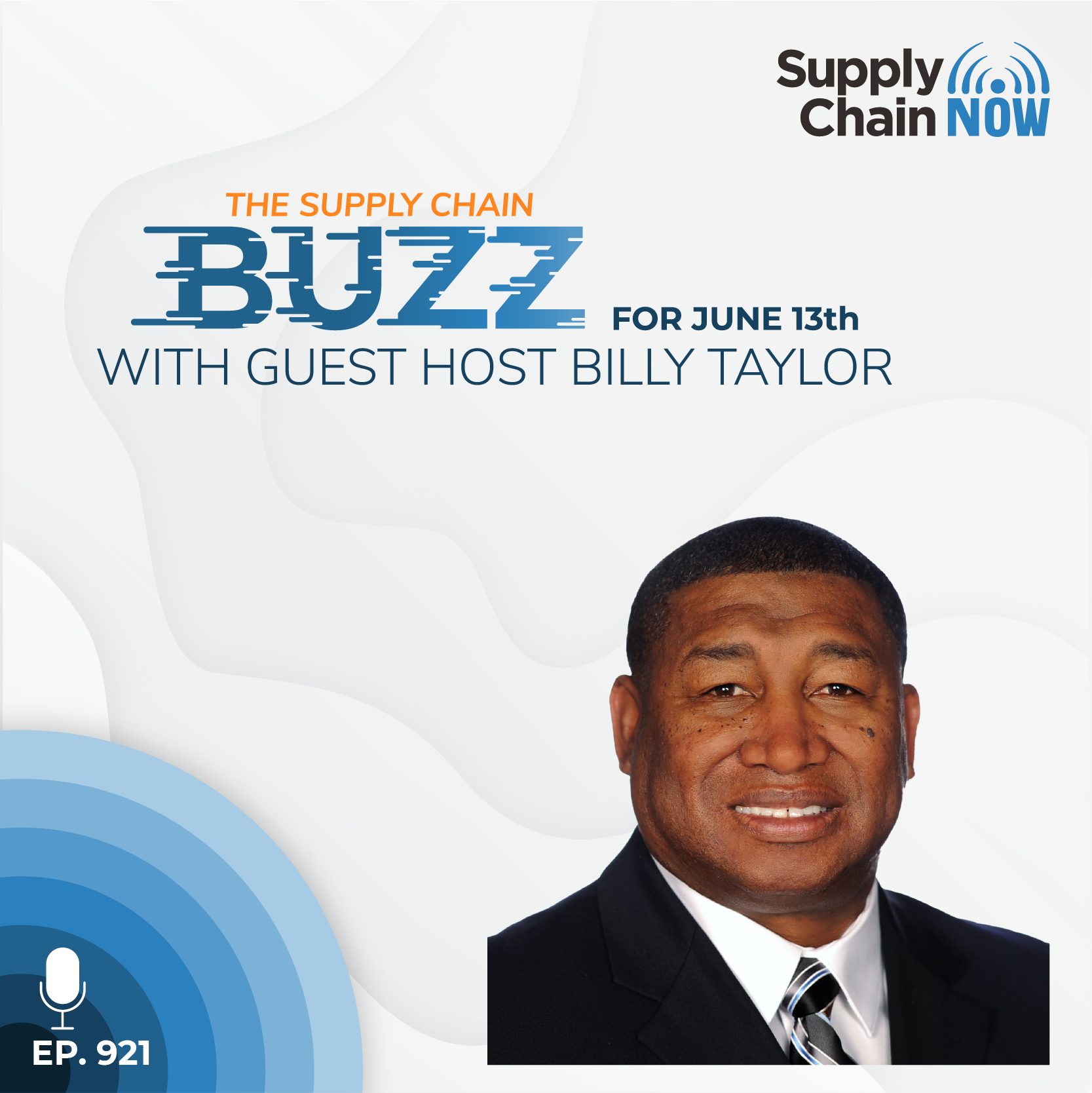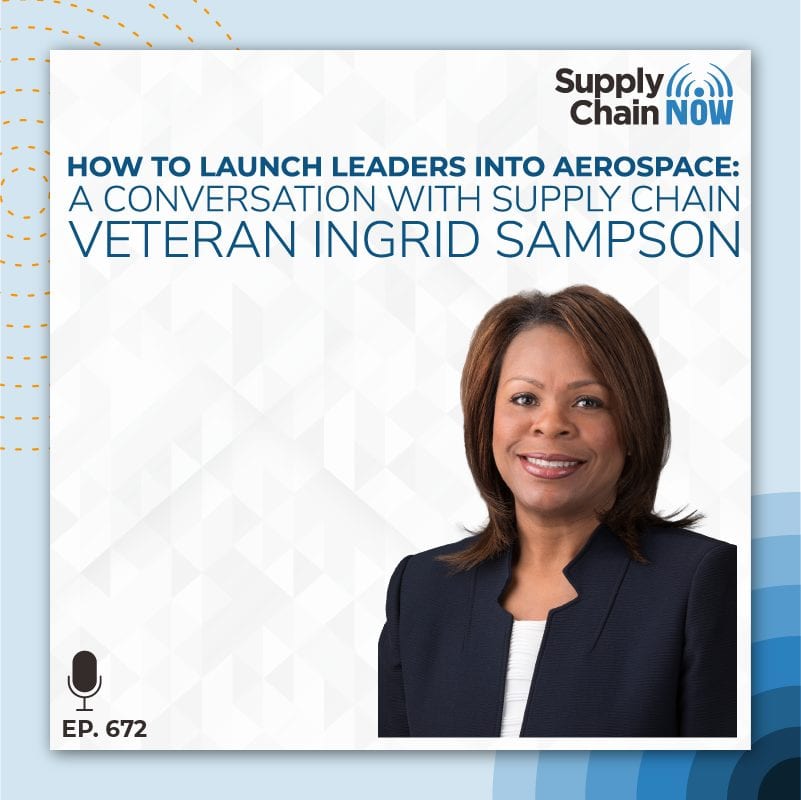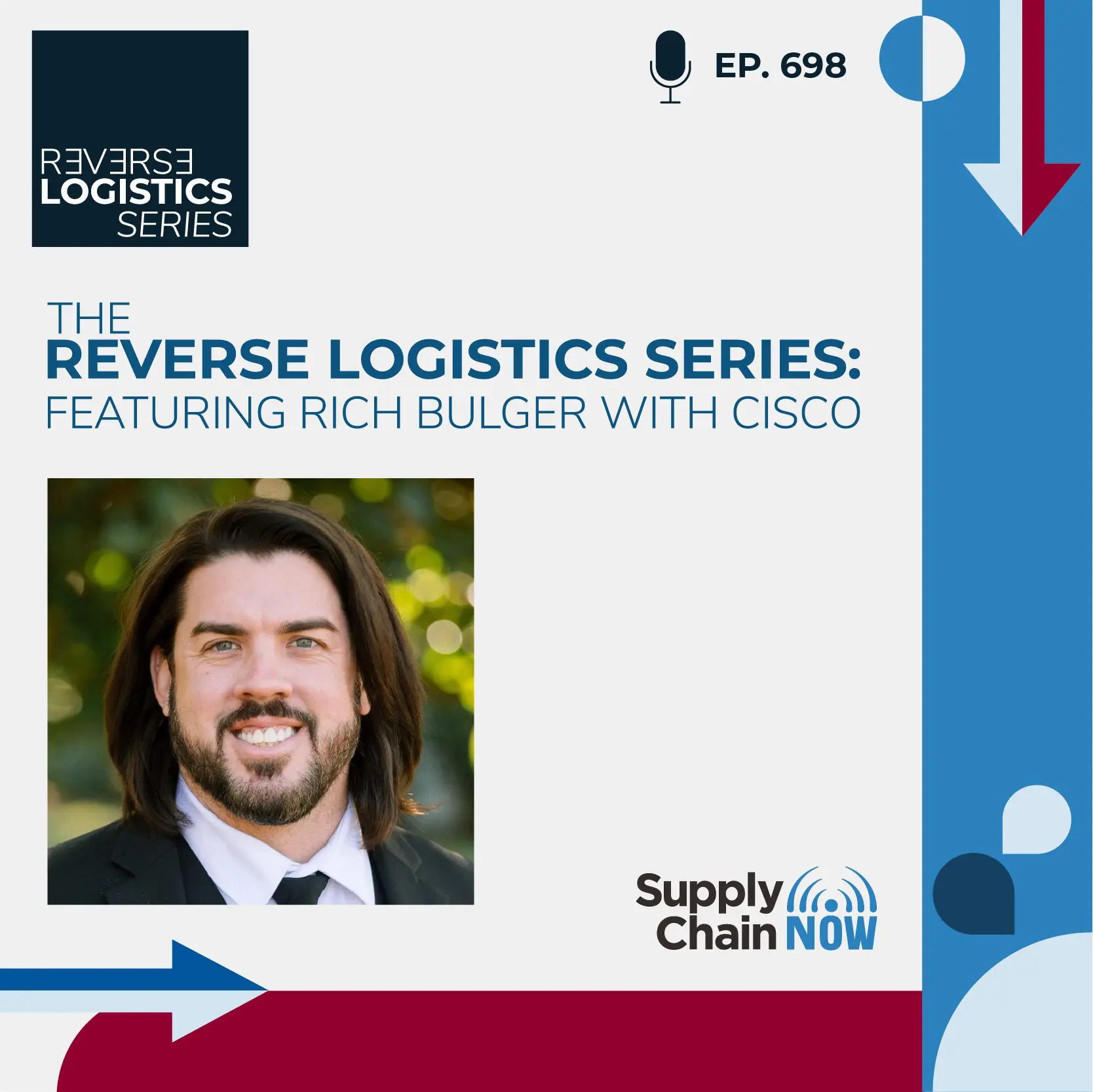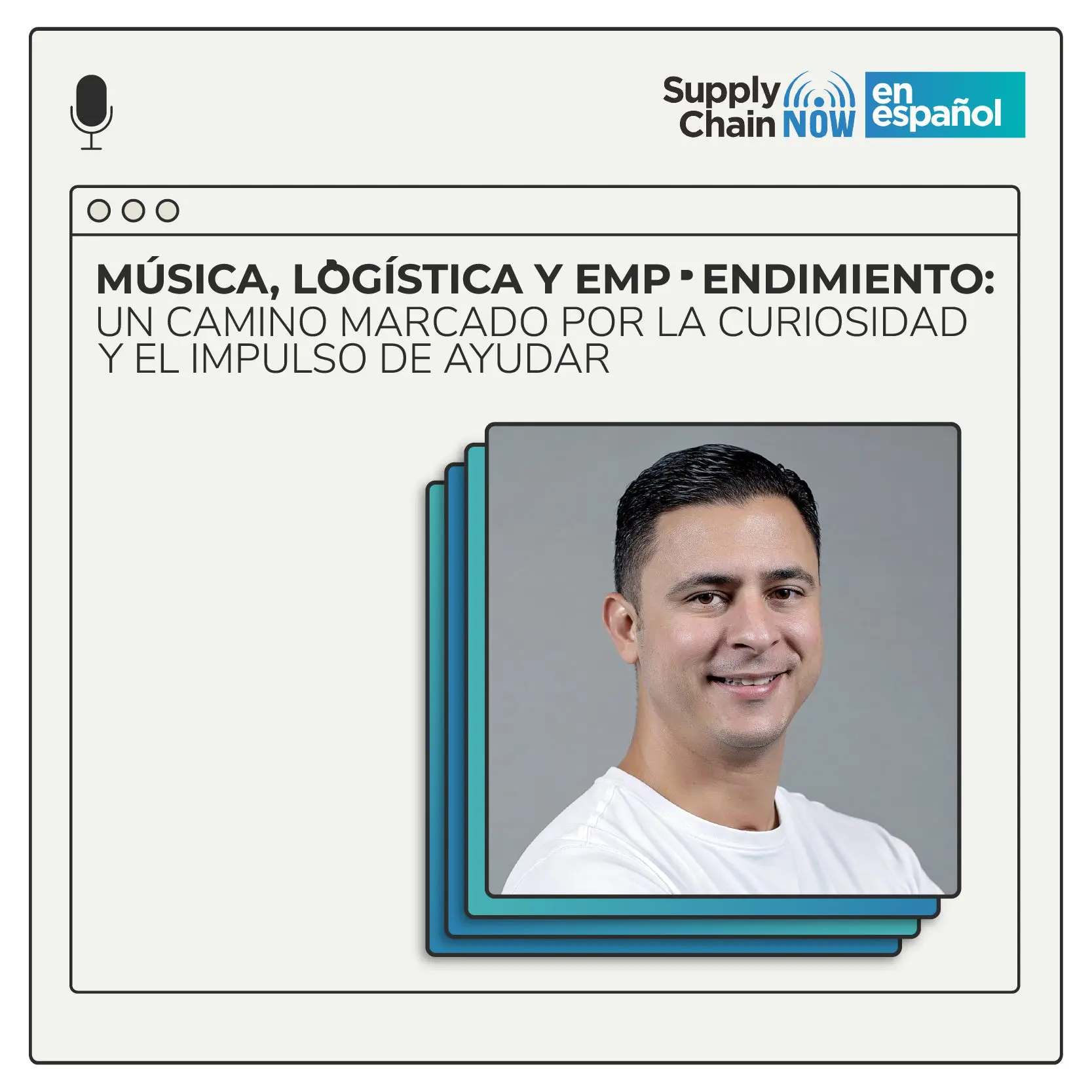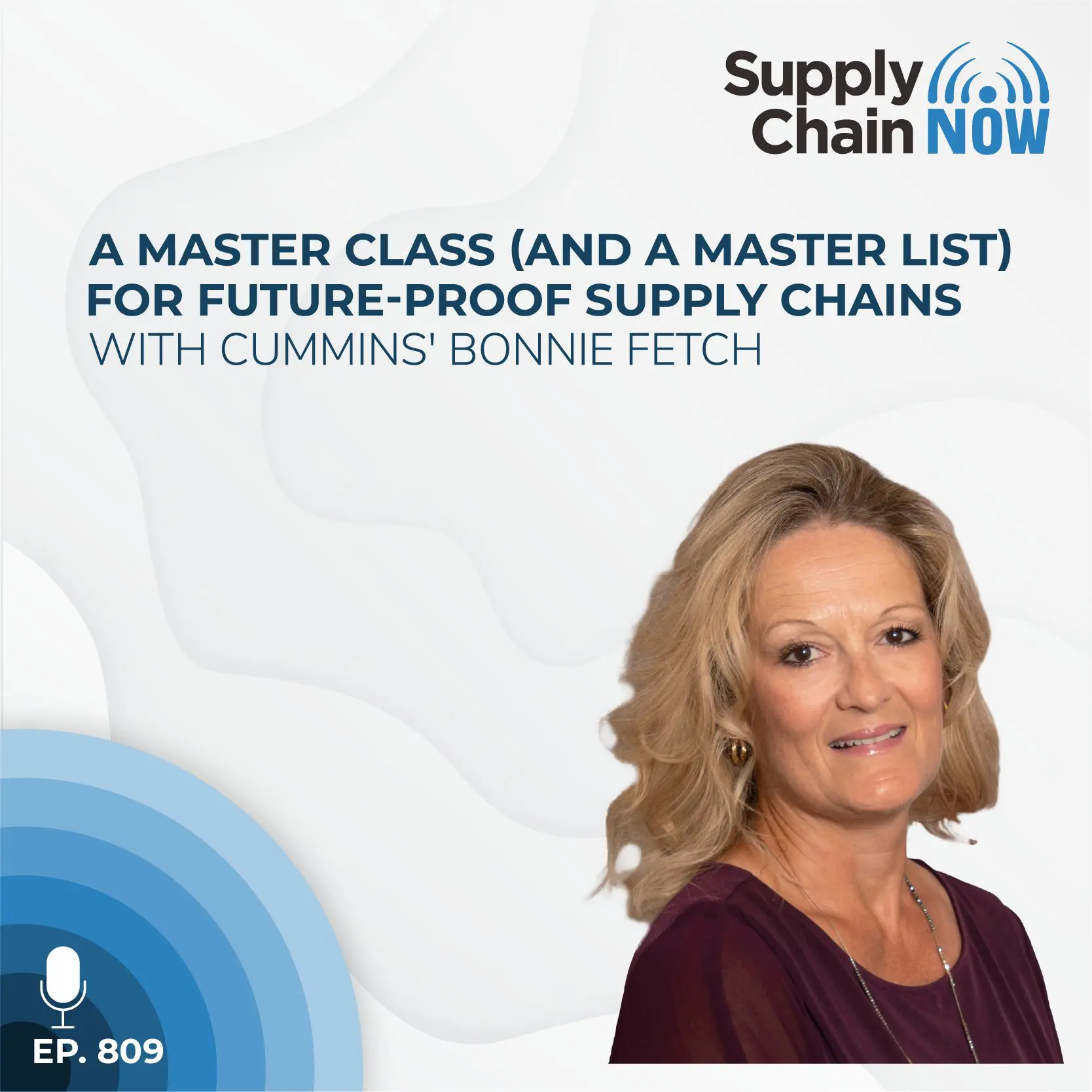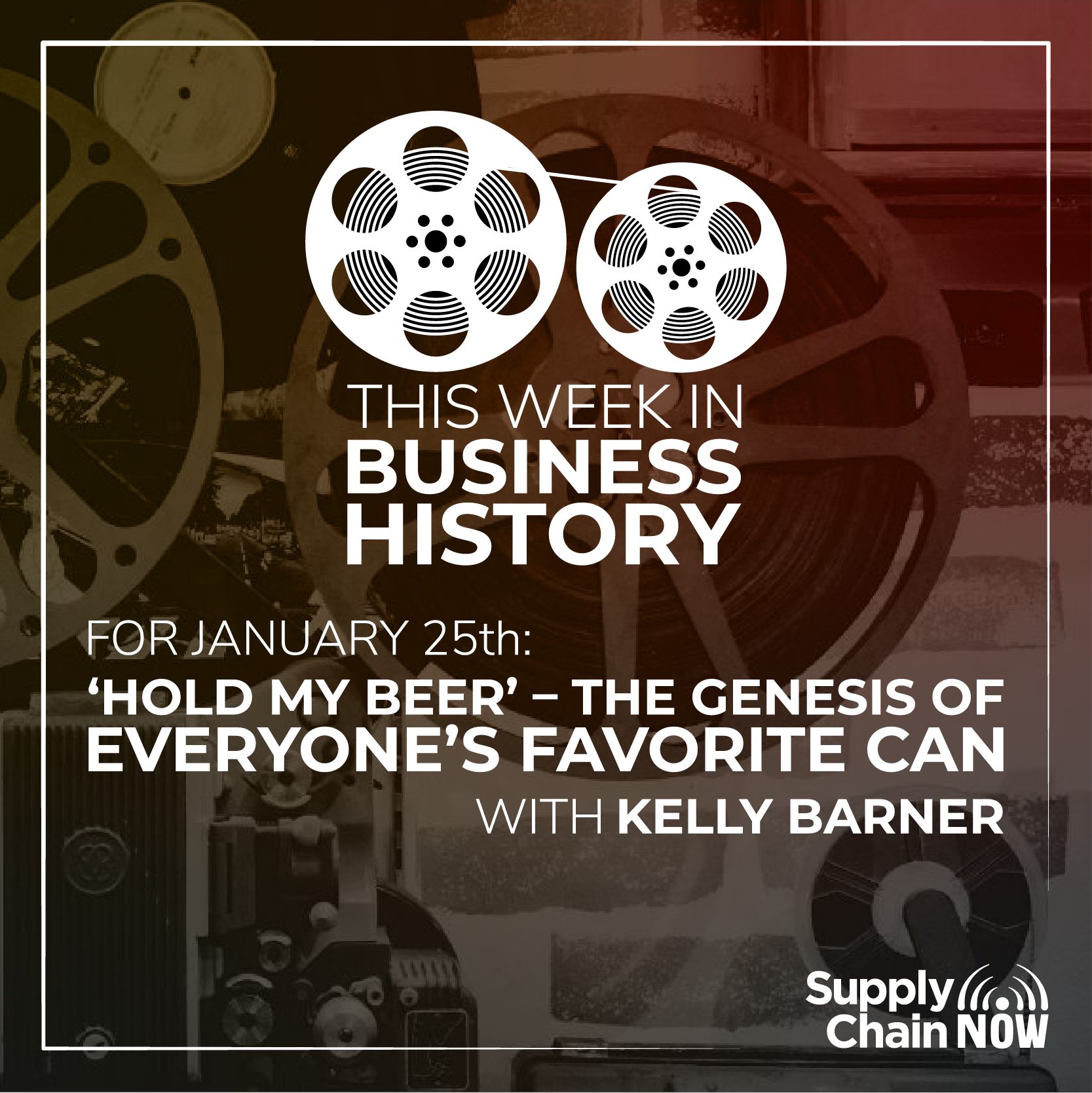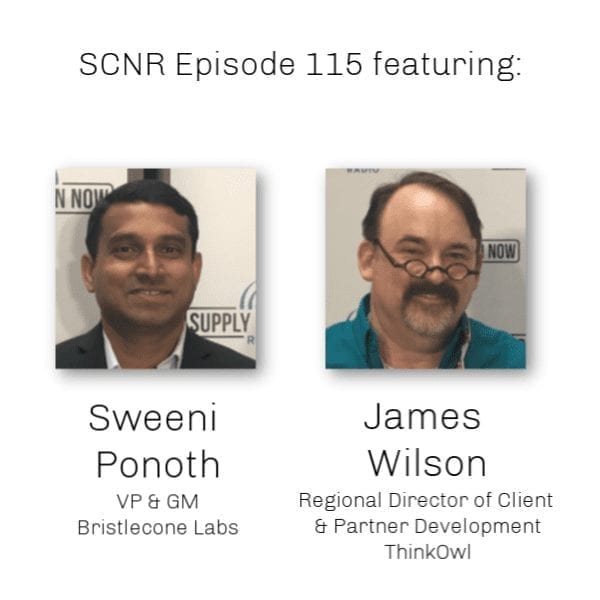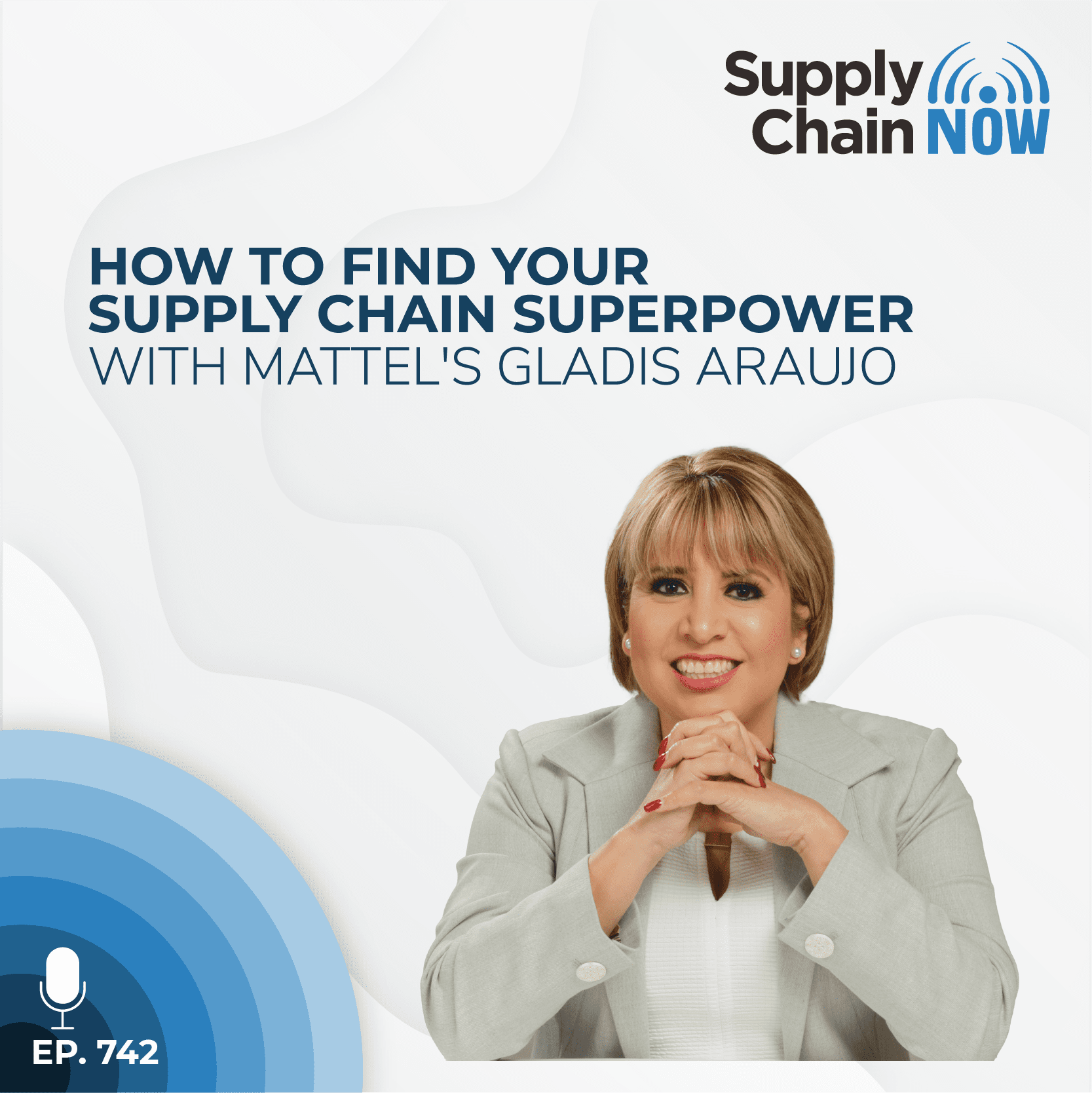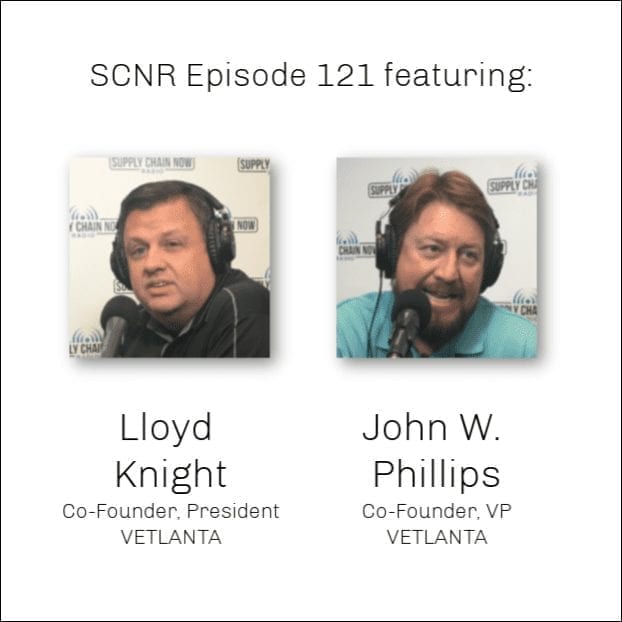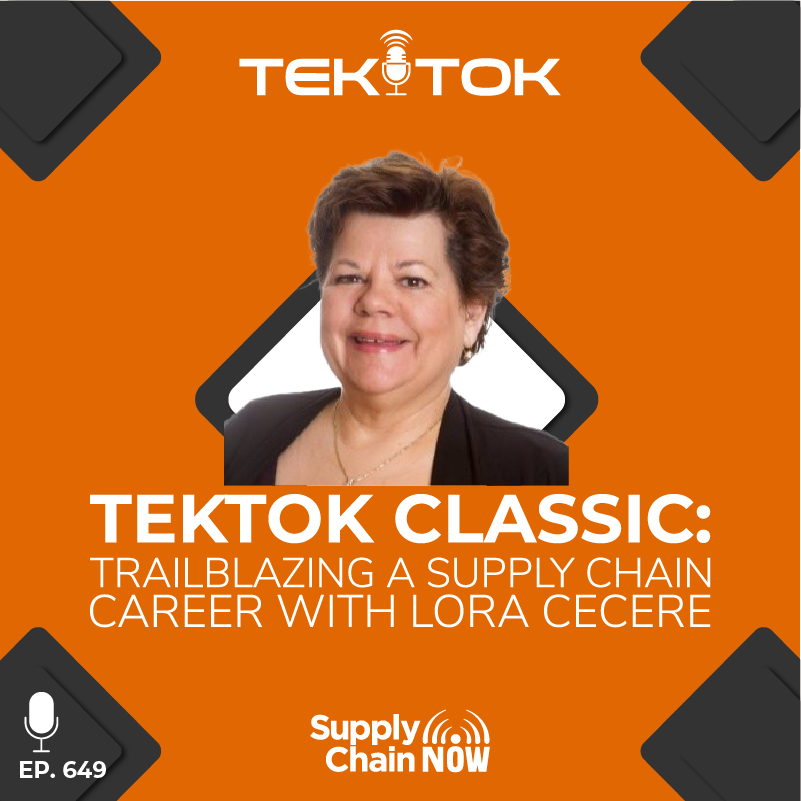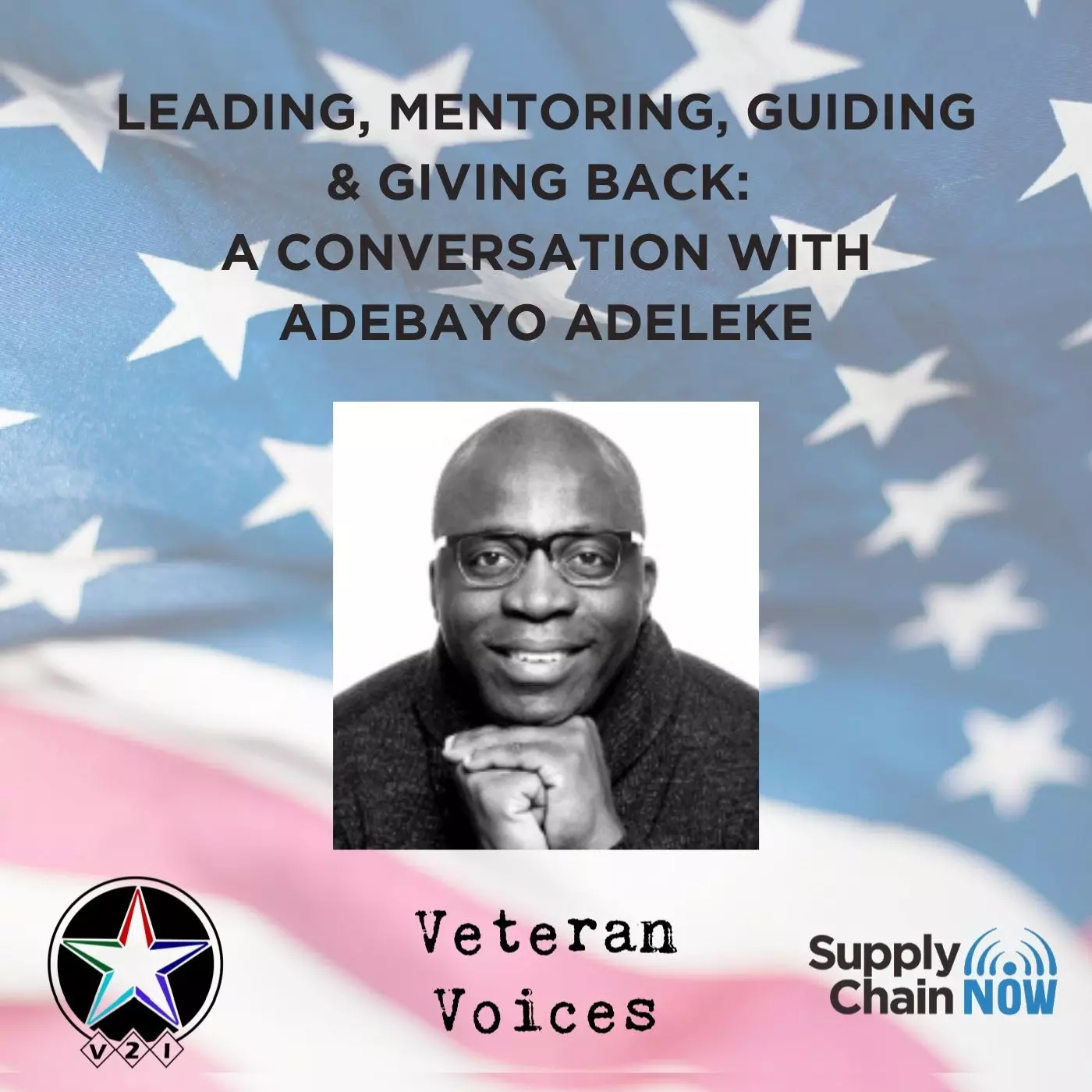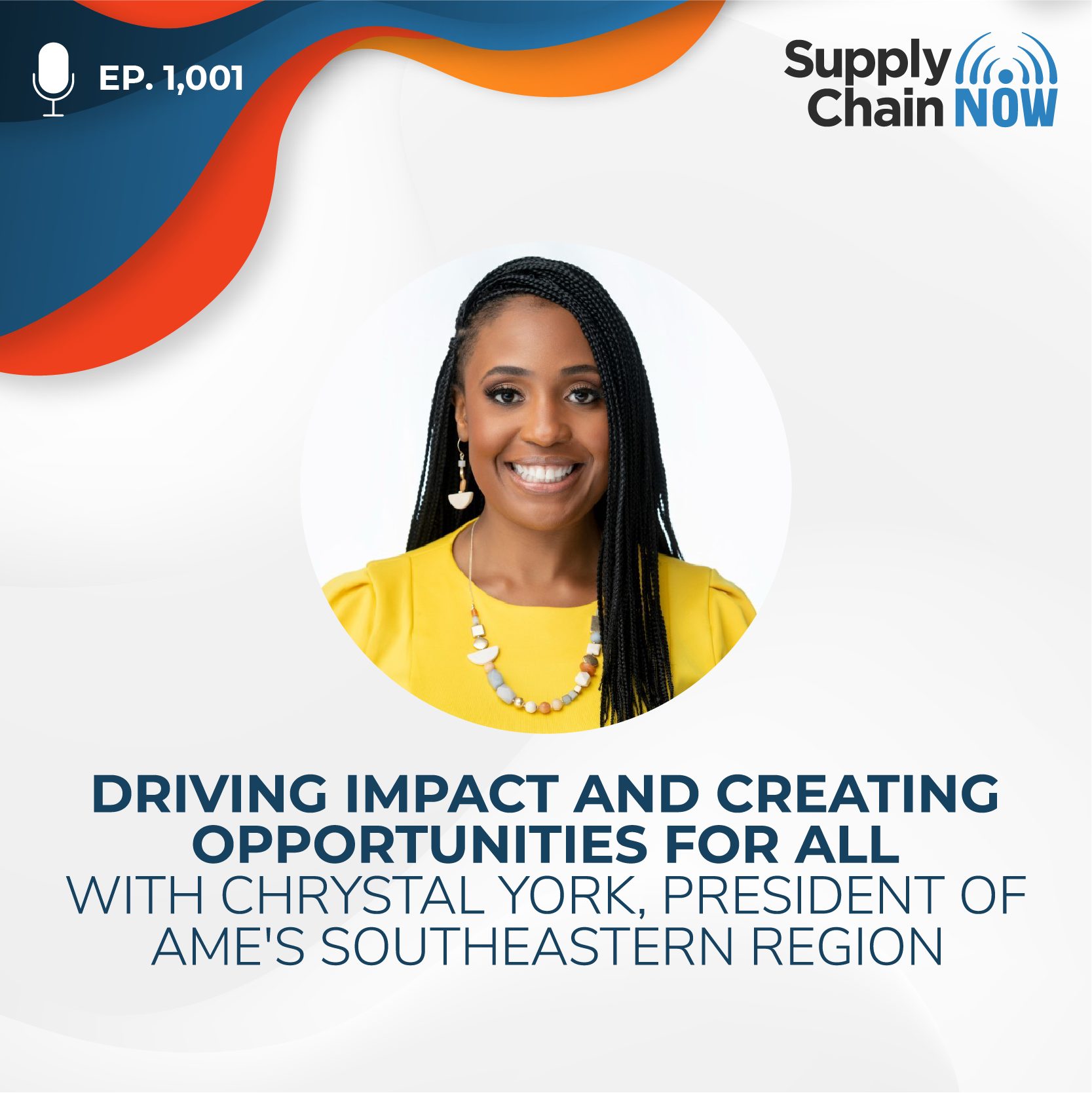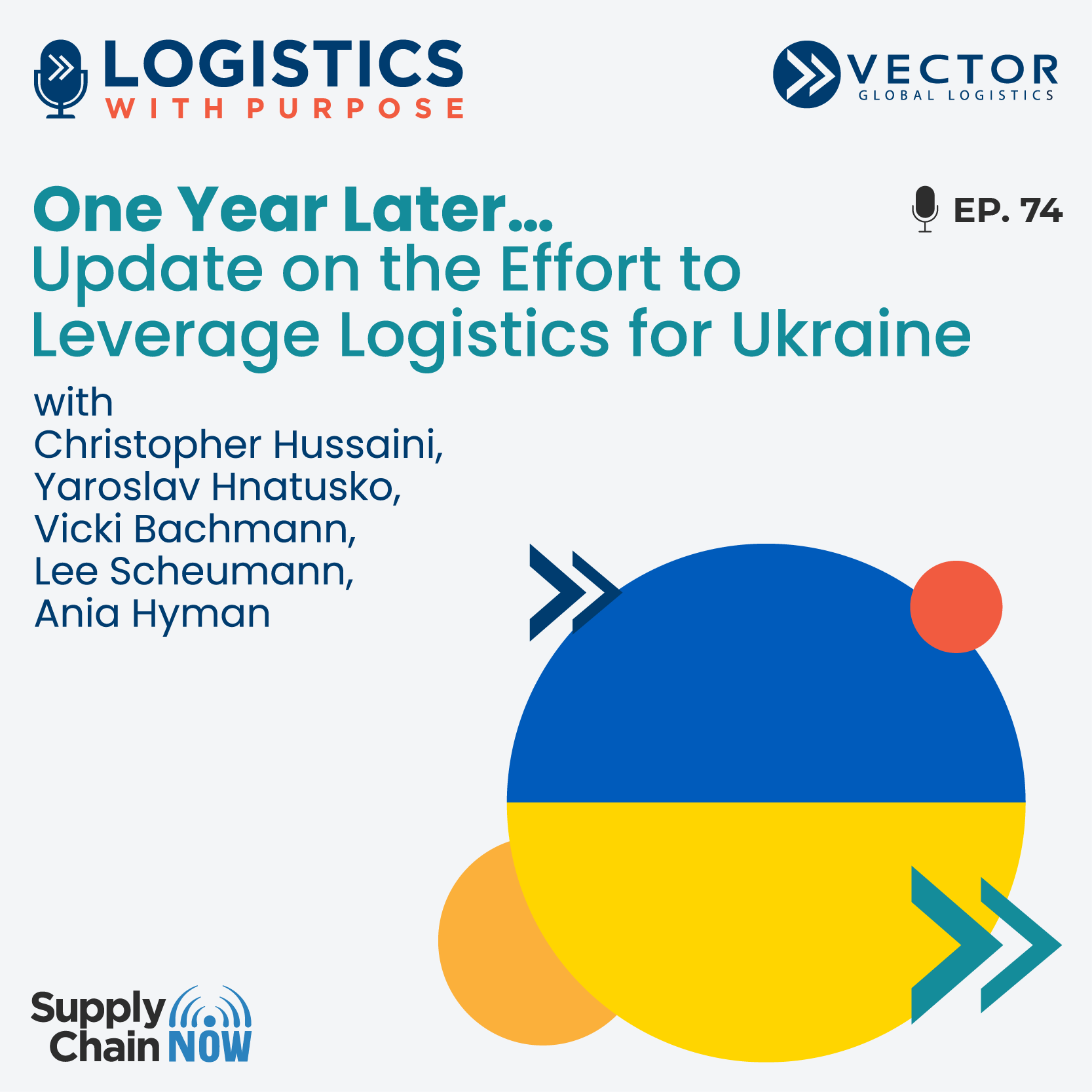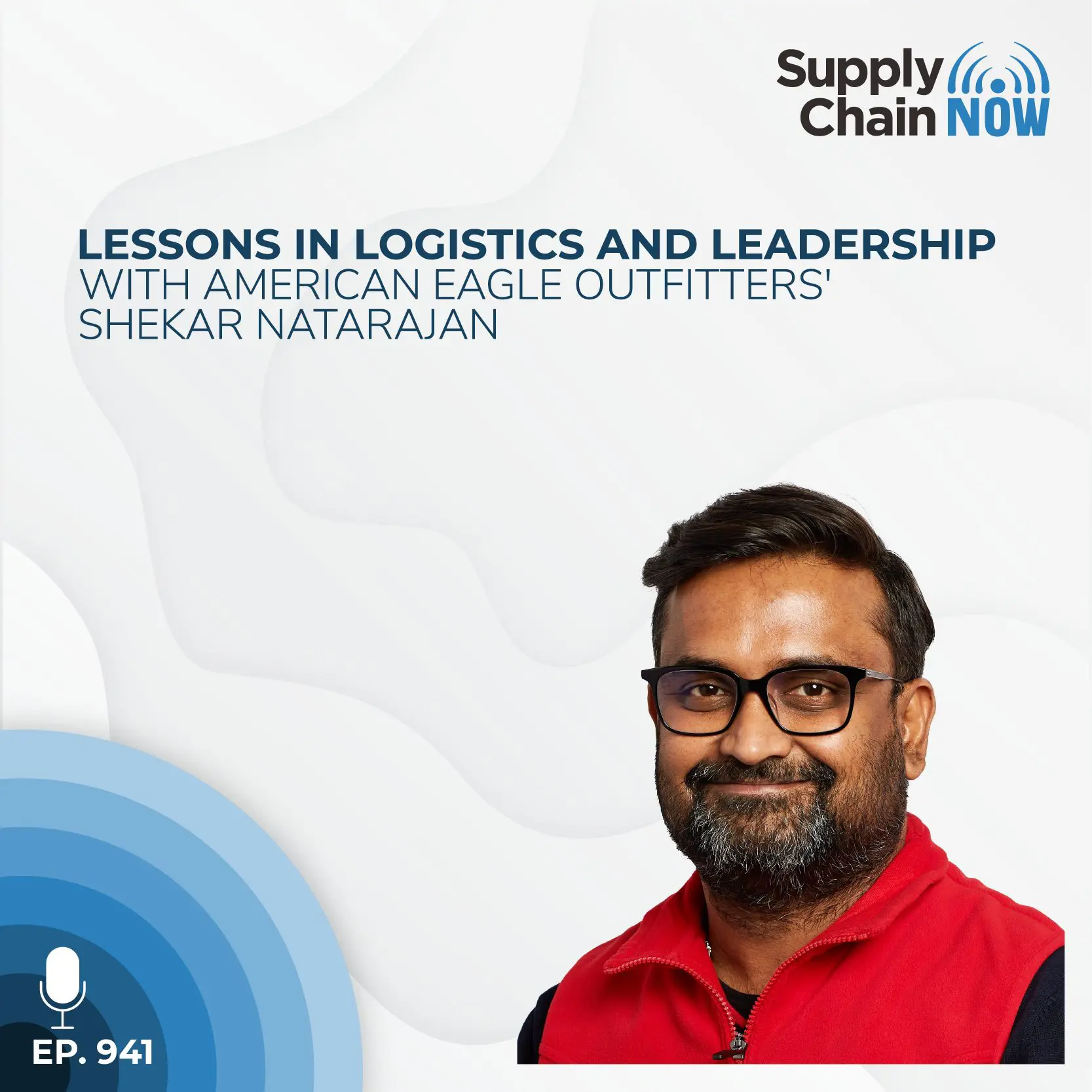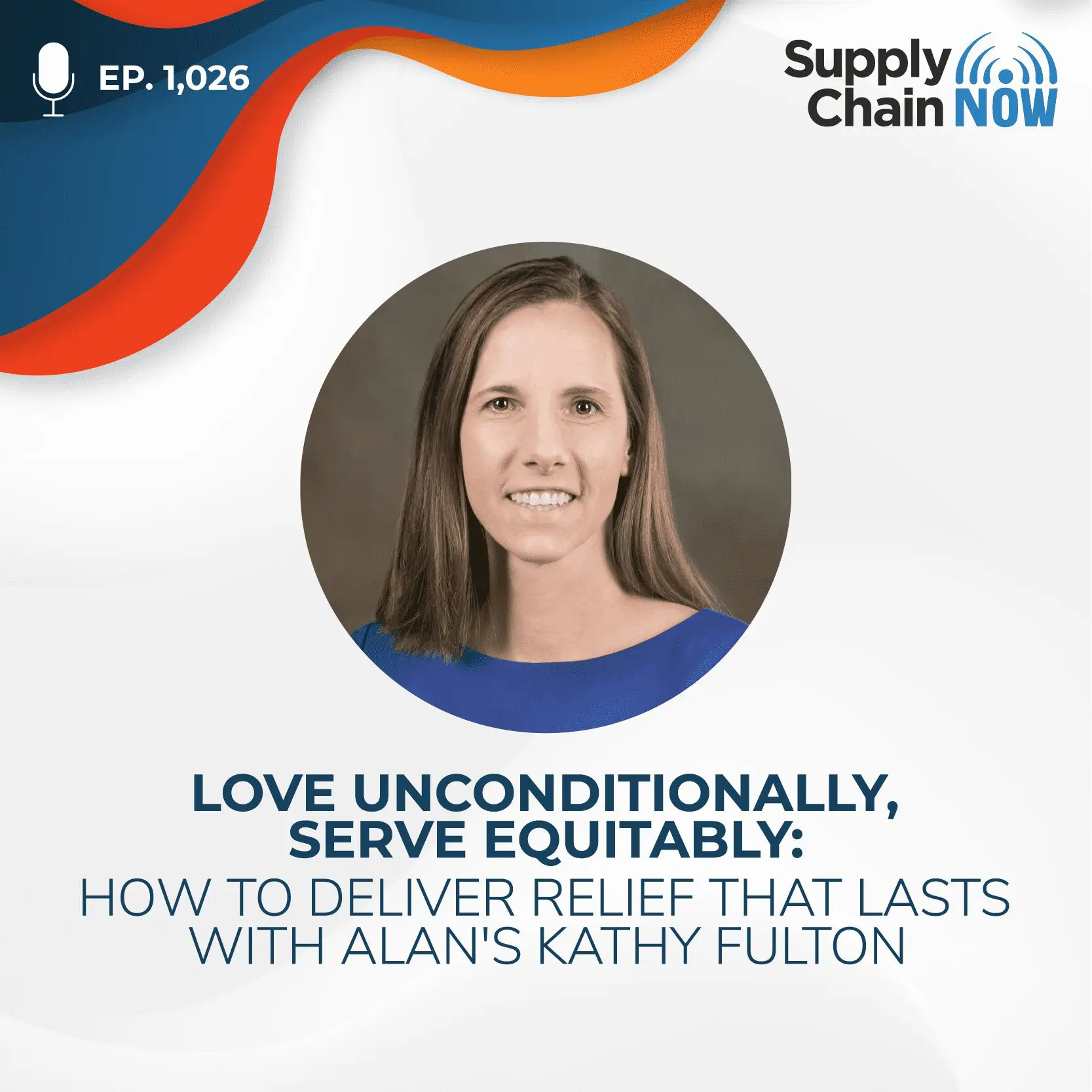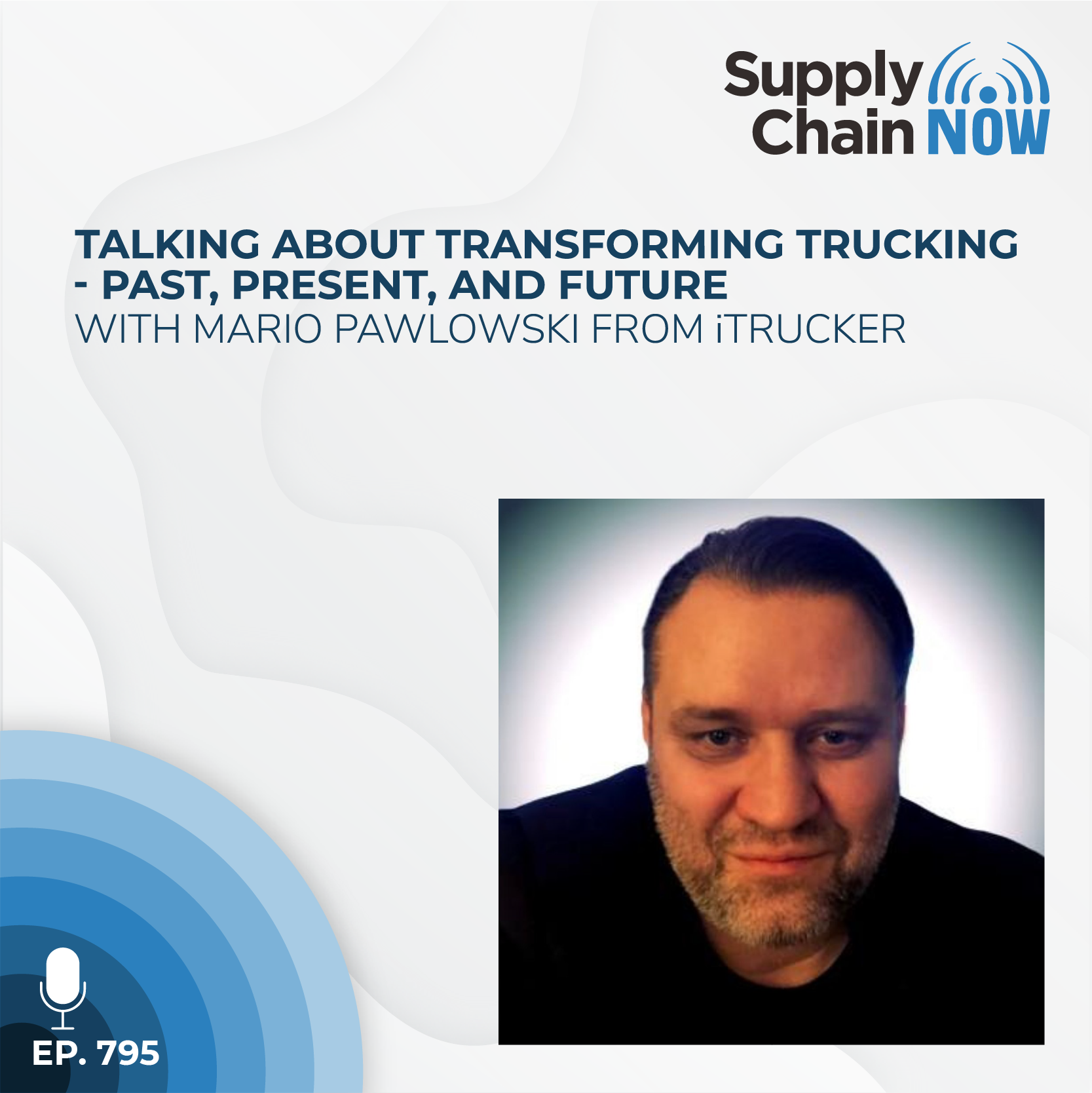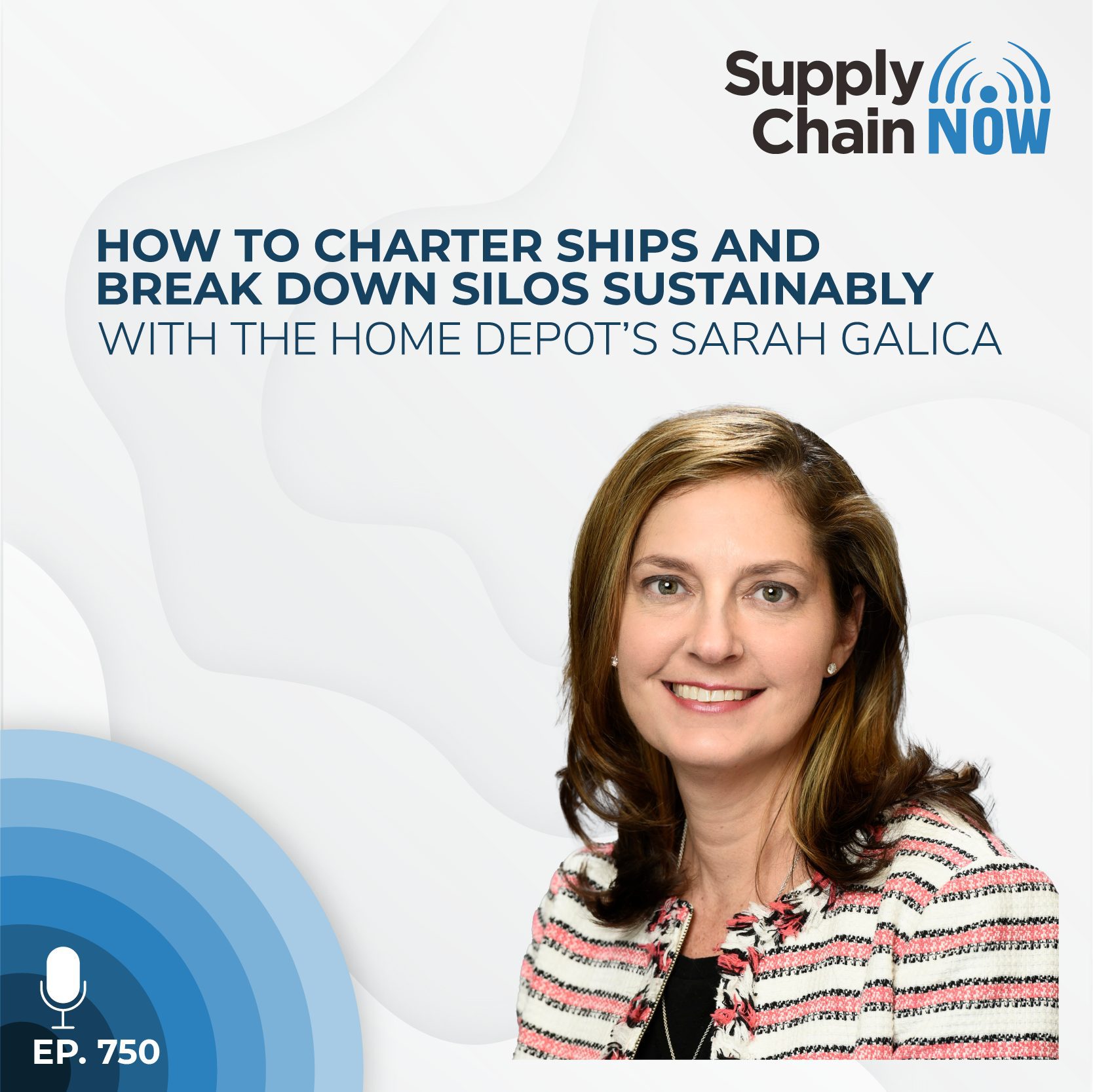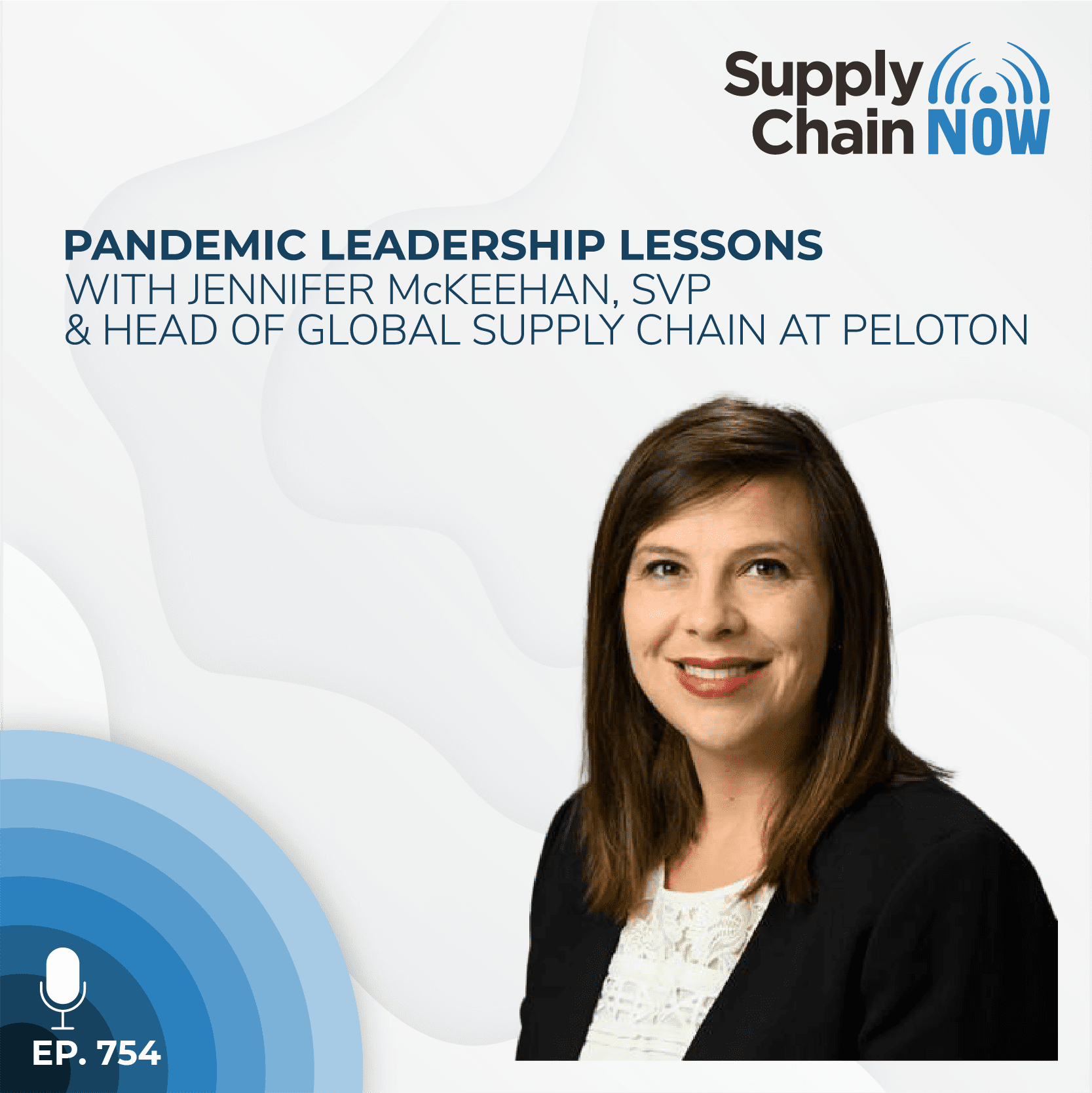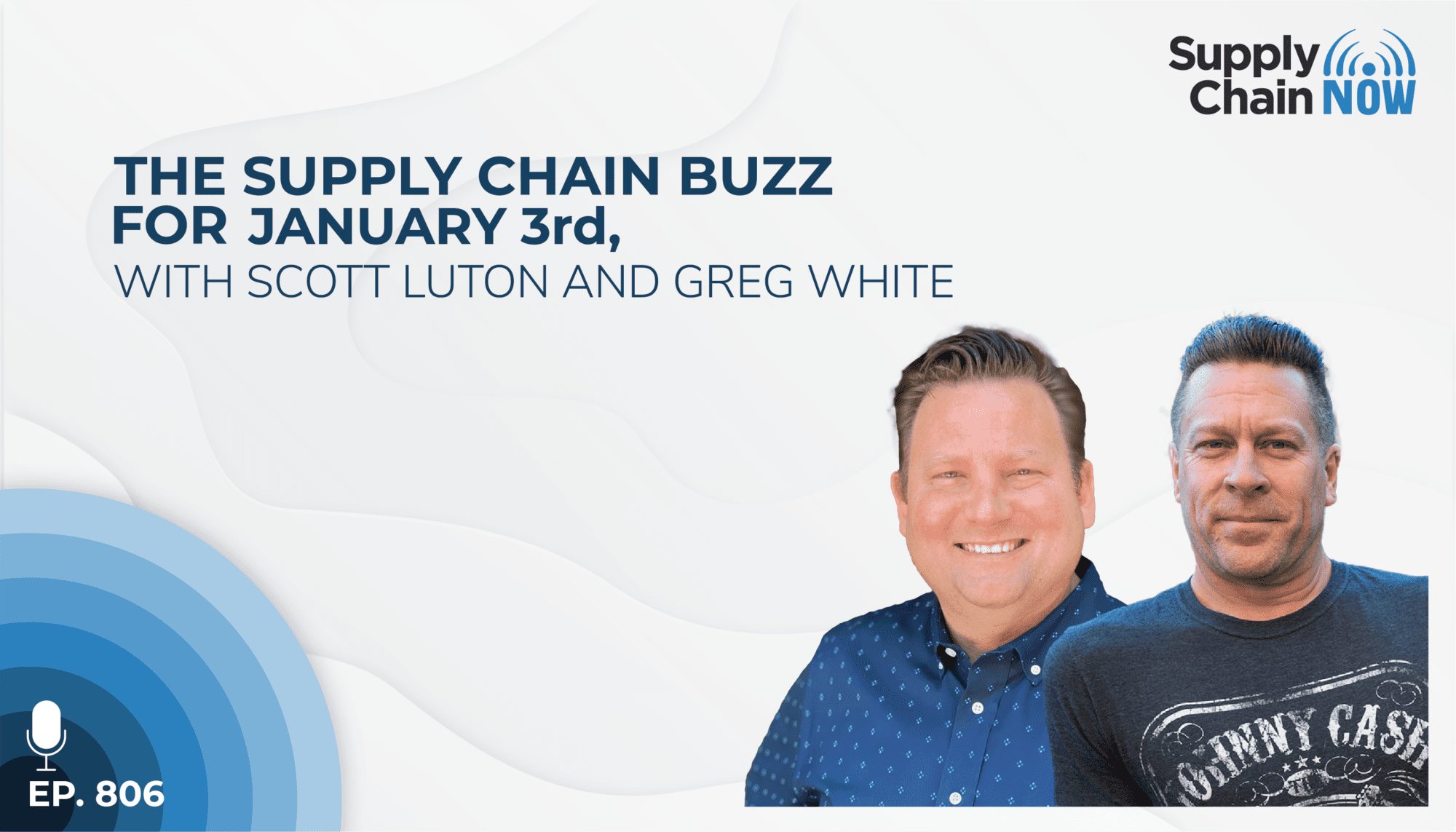
Elon Musk unquestionably understands the new world of risk, reward, and tradeoffs. Other automakers are still living in the past when they could bully suppliers and make markets. Traditional automakers have definitely met the future and the future is kicking their butts.
- Greg White
Episode Summary
The Supply Chain Buzz is Supply Chain Now’s regular Monday livestream, held at 12n ET each week. This show focuses on some of the leading stories from global supply chain and global business, always with special guests – the most important of which is the live audience!
In this episode of The Buzz, Supply Chain Now hosts Scott Luton and Greg White ring in the new year with a fast-paced look at the latest supply chain news and events. In addition to remaining ‘above the fold’ as we kick off 2022, supply chain has also earned a new ‘accoutrement’ from the Wall Street Journal: a hyphen! Welcome to the brave new world of “supply-chain.”
In this session, created in collaboration with a live digital audience, Greg and Scott talk about:
- Recent coverage of continued high interest in investing in supply chain tech startups from Jennifer Smith at the (previously mentioned) Wall Street Journal
- The financial incentives Walmart is dangling in front of their suppliers to reduce the emissions throughout their entire supply chain
- How Tesla was able to report record deliveries while the rest of the industry continues to struggle with chip shortages
Episode Transcript
Intro/Outro (00:00:03):
Welcome to supply chain. Now the voice of global supply chain supply chain now focuses on the best in the business for our worldwide audience, the people, the technologies, the best practices, and today’s critical issues. The challenges and opportunities stay tuned to hear from those making global business happen right here on supply chain now.
Scott Luton (00:00:31):
Hey, good morning, Scott, Luton and Greg White with you here on supply chain. Now welcome to today’s livestream Gregory. How we doing,
Greg White (00:00:38):
Doing quite well. Scott, happy, new. How are you doing
Scott Luton (00:00:42):
Happy new year to you and your family as well, Greg and you’re tuned in from a new locale. You wanna give up the goods or you wanna keep it under the under wrap?
Greg White (00:00:53):
If I, it to say, I can see the Atlantic ocean from where I am so love it. I love it. And, and not snow. Wow. Which seems to have, uh, come to a few of us in the country recently.
Scott Luton (00:01:05):
It’s unbelievable. You know, and this weather it’s crazy, <laugh> it really is. And a little bit of precipitation throws off everyone in the Southeast, at least, right.
Greg White (00:01:14):
We don’t drive in the rain or the snow or cloudy weather or windy conditions. Right. Or
Scott Luton (00:01:23):
<laugh>, and, and if you, we don’t drive let’s face it,
Greg White (00:01:26):
But we can back a boat <laugh>
Scott Luton (00:01:28):
We don’t drive well in perfect conditions. Right. So much true, true with a little bit of precipitation, but Hey, today it’s all about, uh, it’s the first supply chain buzz of the new year, right. We’re diving to some of the leading yeah. News of the day, every Monday, 12 noon Eastern time. Uh today’s show Greg, we’re gonna be touched on a few topics that we’ve already spoken on, uh, at several times. Yeah, couple right. That’s right. Yeah. For the last, uh, I don’t know, going back a year, maybe a little more and
Greg White (00:01:56):
We’ll call those continuing stories stuff.
Scott Luton (00:01:59):
<laugh> that’s right. Thank you for the, the technicality and, and Gregs. Some of ’em we’ve we’ve touched on once some of ’em of course they they’ve been a trend we touch on time and time again. So stay tuned as we dive into some of these, uh, revisited topics and buckle up and get ready because we want to hear from you as well. Um, Gregory, uh, let’s see here. So do you know what day it is today?
Greg White (00:02:24):
Monday <laugh>
Scott Luton (00:02:26):
Close,
Greg White (00:02:27):
Close, which is considering as long as I’ve been at the beach. I think it’s pretty good that I know the calendar still
Scott Luton (00:02:32):
<laugh>. So beyond those things, uh, it’s beach day, I guess it is, uh, Monday, as you say, it’s a couple days beyond the new year, but today is also women rock day. Now, would you have any guess picture kind of gives away, but any guess why? January 3rd is women rock day here in the states.
Greg White (00:02:54):
Uh, is it a certain somebody’s birthday? Lat ninth close, no
Scott Luton (00:03:00):
Close. That’s a special occasion, but January 3rd, 1987. Aha. Franklin became the first woman inducted into
Greg White (00:03:10):
The rock and roll hall of fame. That’s right. Can you believe that? 1987 was the first woman. Wow. Unbelievable. But that’s fantastic. Of course. And most deserved seems like it should have happened a minute before that. Right.
Scott Luton (00:03:24):
So <laugh> so happy women rock day across the
Greg White (00:03:28):
States. So just to be clear yeah. The rock and roll hall of fame in Cleveland. That’s right. So on January 3rd, people gathered in Cleveland enough, said they gathered in Cleveland <laugh>
Scott Luton (00:03:44):
Yeah.
Greg White (00:03:44):
Well, you know, I mean, for something other than football, right.
Scott Luton (00:03:48):
Uh, or to celebrate Paul Noble’s, uh, hometown. Right. And Paul from
Greg White (00:03:53):
Cleveland, Paul is from Cleveland. Yeah.
Scott Luton (00:03:55):
Uh, long suffering Cleveland Browns fan, but Hey, we’ll save that. I have to
Greg White (00:03:59):
Confess, I don’t know how they did yesterday. He, he texted me during the day. I’m sure he was hoping that we would do our part to help them out. Chiefs did not. <laugh> well, not come through for you, Paul.
Scott Luton (00:04:11):
I’m sorry. <laugh> we’re gonna have to have our, uh, playoff, uh, preview for the NFL in upcoming live stream,
Greg White (00:04:21):
Top sports playoff edition, right?
Scott Luton (00:04:24):
Yeah. And it’s just around the corner. Playoffs will begin. What, in a couple weeks,
Greg White (00:04:27):
15th, not, not that I’m counting Scott, but uh, yes. <laugh> well, that’ll be neat. So just after, after the national championship game on January 10th, when Georgia and play for the national championship,
Scott Luton (00:04:43):
<laugh> I can tell you’re a bit of a Georgia, Georgia fan, uh, at least in that game
Greg White (00:04:49):
Completely sold out. Yes. And, uh, I’m sure there are a ton of people just so happy that the S E has got the final two teams yet again. <laugh> right.
Scott Luton (00:05:00):
Well, uh, we’re hoping, and this household here that, uh, Clemson can, can, uh, get back to its winning ways of the previous six or seven years. Uh, they had a, they had a bit of, you know, when, when you go on a run, you know, people take notice, you know, you win a couple NATS, well, folks want your coaches and, uh, coach Dabo, when’s got his work cut out for him as he rebuilds the program, uh, the roster and the coaching staff. He’s done a lot of that already. We’ll see how the next couple days, a couple, uh, years ago,
Greg White (00:05:29):
But we think big news on that front is the ACC is wide open. <laugh>. Thank you. Great. Right.
Scott Luton (00:05:35):
So, uh, I promise y’all, it’s not the football show today. Uh, just a lot. It’s it’s that time of year, right? A lot of football there’s playoff, uh, there’s uh, college football with, with the college playoff that just, uh, kicked off its first two games, got the national championship game, right around the corner. Uh, here in the states, you got NFL turning a corner, coming down the home stretch, getting ready for its playoff. Of course, Greg white, big, huge, massive Kansas city chiefs fan. So it’s the time of year to shine. So we’ll see how all the, the playoffs come together. But Greg let’s say a hello to a few folks that are tuned in let’s do. And then we’re gonna share a couple of program notes for get into the stories for, to the Josh goody was the first one. He was on time, uh, logging into the stream today. So good morning to you. Nice, happy new year. And Josh remind us where you’re tuned in from there via, uh, LinkedIn. Roger Carr is tuned in via LinkedIn. Can you
Greg White (00:06:33):
Go back? Yeah. On that. I just wanna see, is that an arsenal flag there? No. Okay. Just double checking
Scott Luton (00:06:41):
May, uh, you know, let’s ask him, Josh, what is over your left shoulder? Uh, let’s go spurs. Yeah. <laugh> so Roger, great to have you here tuned in via LinkedIn. Tell us where you’re, uh, you’re watching this from kaon is back Greg? Kaine’s been on fire a bit on social media. Have you, have you been checking out some of his POV here
Greg White (00:07:04):
Lately? Yeah. Well I know he, he continues to progress right through his PhD, um, program. And, uh, I have to confess I haven’t in the last week been very social, so folks not anti-social but not very
Scott Luton (00:07:20):
Social media. You gotta look up kaon on LinkedIn in particular and connect and follow him there. So kaon great to have you back T squared holding down the Fort force on YouTube. Uh, happy near folks. He says, bring on the nourishment. Hey, coming. It’s right around the corner. Ts squared. So get ready. Uh, Josh. Let’s see. So Josh is two
Greg White (00:07:42):
Feet. Yes.
Scott Luton (00:07:44):
Wow. You’re so Yez, I think that’s Yez Springs. New Mexico, right? Yep. Yep. So that’s, that’s where he is now, but Josh says two feet of snow overnight in his hometown. Greg, do you think that’s maybe a different location? Does New Mexico get snow? Oh, I mean
Greg White (00:08:03):
It, uh, yeah. Santa Fe get snow. There are actually ski resorts in Northern part of the state. Okay. Heading up there towards, uh, Durango. Gotcha. That four corners. Well, not the four corners area, but up there in the Northern part of both New Mexico and Arizona, you, you can go ski.
Scott Luton (00:08:21):
Okay.
Greg White (00:08:21):
Well crazy. Right. Crazy to think about <laugh> it
Scott Luton (00:08:24):
Really is. I’ve just been confirmed by, uh, a producer that New Mexico is his hometown. So, so that’s where he’s talking about. Uh, so Josh, I’d love to see some pictures of all that snow. Jason is in DC and it is swamp.
Greg White (00:08:38):
Yeah. 10, a snow in DC, man. Hey, whatever keeps the politicians home. I’m all for it. Right. Sorry. Did I say that out loud? <laugh>
Scott Luton (00:08:50):
Roger says tonight is the game. So who’s playing on Monday night football tonight. Roger. Greg, do you know?
Greg White (00:08:56):
I don’t know. I should. I, I I’m embarrassed to say that. I don’t I’ll I’ll look.
Scott Luton (00:09:02):
Yes. So Roger must be a fan of either the Steelers. Is it Steelers and the Browns?
Greg White (00:09:09):
No steel. Oh, is that tonight? I think that
Scott Luton (00:09:12):
Is, uh, Cleveland Browns at the Pittsburgh Steelers. So Roger, let us know which one of those teams is. Uh, you’re a big fan of Mervin. So Mervin’s back with us via LinkedIn. Now, Greg Mervin got just recently got a new role. So congratulations, uh, Mervin to what you’re up to next.
Greg White (00:09:32):
Yeah. Uh, I saw something from him. Uh, I did see something from him over the weekend.
Scott Luton (00:09:39):
Yeah. So, uh, is it se JE
Greg White (00:09:43):
You think looks good. <laugh> so
Scott Luton (00:09:46):
Saje hopefully we got that, right. Uh, he is with stock. It appears tune to via LinkedIn, uh, happy new year to you as well. Great to have you here. Clay is tuned in, got here just in time go dogs. He’s one of the two dogs you were talking about Greg, right?
Greg White (00:10:02):
Uh, three, if you can’t clay. Yes. <laugh> my youngest, uh, will be starting at Georgia in just hours. That
Scott Luton (00:10:11):
Is right. I forgot about that. I forgot about that. Well,
Greg White (00:10:14):
Um, but they were at the game, clay and Delaney both went to the game and oh, wow. <laugh> what a game to go to at Georgia in Miami, first of all in Miami. And that was one of the most dominating exhibitions of football, I think we’ve and over a great team. Those were two outstanding defenses. Agreed,
Scott Luton (00:10:36):
Agreed, clay. Great to have you here, uh, at tuned in via LinkedIn. Great to see you here as well. Looking forward to your POV, Michael Ava is back with us. Uh, let’s see here, Stacy is tuned in. Great to have you back with us. Stacy, Natalie, Bob is back with us, uh, via LinkedIn happy year to you as well. Uh, Natalie Daria Patel, uh, says, hello, supply chain now, community and happy new year Daria. Hopefully you’re enjoying Atlanta. We’ve got a hookup at some point soon. Yeah. Tempest is tuned in, you know, she, she was with us. Uh, I won’t say a few weeks back. Um, she’s back feeling Tim. Great to see you for shot. Uh, Corey, that, should I go back a bit? Okay, here we go.
Greg White (00:11:22):
What’s oh, yeah. <laugh> so I’ve, I’ve probably not told the story of having actually having to cease interacting with a business, a fellow business person, because he was a gunner and I, and I’m a, I’m a Totum fan, so we could not be polite to one another <laugh> I mean, it was absolutely childish. <laugh>
Scott Luton (00:11:48):
So well, unfortunately, Constantine, who is also watching over the wine supply chain for so thank you, Constantine. He’s evidently a gunner fan as well. In
Greg White (00:11:57):
This point forward, anything I receive from Constantine, I will check for poison
Scott Luton (00:12:01):
<laugh> Constantine. LUAS hopefully this finds you well happy new year to you and your family. And Roger finally is tuned in oh, via Greenville, South Carolina, the upstate Greenville. Yep. Okay. Uh, sorry. We couldn’t get everybody folks stay tuned. We’ve got a, a big show coming up and we want to get your take on the stories that we walk, uh, everyone through here. So Greg, yeah, really quick. I’m gonna hit these webinars. We’ve got coming up quickly. Uh, January 13th folks, Greg and I are joined by Daniel and David, uh, Daniels with op David with tools group. We’re talking about uncertainty, right? Practical strategies for adapting to demand and supply uncertainty, which will certainly continue throughout 2022. Join us at 3:00 PM. Special time, 3:00 PM. Eastern time on January 13th. And the easiest way to do that is to go to supply chain now.com or, uh, Amanda or clay or Jada will drop that link for both of these in the show notes. And we’ll get you signed up for that. And then Greg Jeremy Bodenham is back with us, adapt or die, your survival guide to modern warehouse automation. Uh, that’s coming up on January 18th at 12 noon. And Greg there’s no short of innovation and investment taking place in the warehouse warehouse automation space, right?
Greg White (00:13:20):
Yeah, absolutely necessity. I mean, we’ve discovered that over the last couple of years, people don’t want those jobs. And uh, there have been a lot of companies getting into eCommerce or some version of it. And, um, speed and accuracy are absolutely paramount right now. So it it’s a, it’s a hot topic for a very, very good reason.
Scott Luton (00:13:42):
Agreed. So folks join us January 18th, 2022, where Jeremy and I will talk about a lot more about warehouse automation. And, uh, Amanda has just reminded me the links for both of these webinars are our already in the show notes. So y’all check that out there. And it’s really easy to join us, our
Greg White (00:14:00):
Registration for asking
Scott Luton (00:14:02):
<laugh> yes, I might be. We might be in trouble. <laugh> seven demerits already. Uh, and we’re only 14 minutes in, but, uh, and it’s free to join us on those webinars too. Um, okay. So Amanda says, get it together, get it together. Stay. I love it. Uh, Constantine says, bring it Greg. That’s a challenge. Uh, all right.
Greg White (00:14:23):
<laugh> north London, Darby <laugh>. Here
Scott Luton (00:14:26):
We go. Nik. Great to have you back. Uh, let’s see here, Kevin bale, uh, is back with whoa
Greg White (00:14:33):
Now. Good while shoveling snow, right in Virginia. Think about that. <laugh> I’m shoveling snow in Virginia. You should never have to say that sentence.
Scott Luton (00:14:43):
That just sounds painful entire sight. Doesn’t it? Uh, Mattus says I still get confused when you say football and you don’t mean soccer, Greg <laugh>
Greg White (00:14:54):
Right. We’ll say soccer when we mean soccer. That’s sorry. That’s it’s a, it’s a defect of Americans. It
Scott Luton (00:15:01):
Is. It is. And evidently you’ve got a, uh, oh
Greg White (00:15:05):
My God. He’s and a tide fan. <laugh> I think he’s doing that on purpose.
Scott Luton (00:15:10):
Right. And for folks listening, Jason T. Hopkins is a big Alabama Crimson tide fan. Okay. So Greg, let’s see here. We gotta get into, we gotta do some work here today, right?
Greg White (00:15:22):
I suppose. So you’re probably ought.
Scott Luton (00:15:24):
All right. So let’s get into our first story here. And this is go it’s this isn’t gonna surprise anybody, but it’s one of our favorite stories that con to continue talking about. So surprise, surprise. There’s a ton of investment interest in supply chain. So a great read here by the very talented Jennifer Smith. And if you don’t follow Jennifer Smith on Twitter and LinkedIn and whatnot, you’re missing out. She’s a, uh, very talented, uh, analyst and, and journalist, uh she’s with the wall street journal, supply chain tech startups, get this Greg raised a whopping 24.3 billion in venture funding for just the first three quarters of 2021. That’s almost 60% more than what 2020 brought in, in funding in the full year. Right? Uh, the article talks about ship Bob and flock freight. Those are two, uh, unicorns, right? That have been benefiting from the movement. Just, just, just to plenty of others. They also talk about our good old friends at stored, which is based here in Atlanta, which we’ve had on the show a couple times they raised a 90 million series D round put the evaluation of the company at 1.1 billion. All right. So Greg, this is one of your, you’re an expert in this, in, in, in all these, um, fundraising and, and growing companies and whatnot. This is right up your alley. Wh what, where does your head go when you see just how popular supply chain technology is right now?
Greg White (00:16:53):
It’s about time. <laugh> that’s first response, honestly. Um, but, uh, uh, yeah, of course it’s popular now because we’ve seen the impact of, um, frailties, right. Fragility in the supply chain. And these are companies that are attempting to enable a much more stable, sustainable, um, and, and, uh, efficient supply chain, right? So, uh, a lot of money is going in and, and, um, valuations are going up as well. I, and that article talks about 41% increase in, um, valuations from basically the same, uh, of the study a year before. So, um, the, you know, finally, truly finally companies in the industry are being recognized for the value that they present and produce. Um, and they’re getting money at valuations that, you know, that make sense. So we, we had a little bit of a early start, you know, um, Flexport got some good money from SoftBank and other companies.
Greg White (00:17:59):
I believe one of those two companies has also got, um, money from SoftBank. And, um, and you know, now some of the really big investors that recognize future values and value companies based on that tiger, global and SoftBank and others, um, are, are starting to put their money in, um, recognizing that. And that’s because there is so much opportunity for improvement and, and the old guard it’s kind of held by the science and technology that they’ve used to date, they’ve really kind of hit the ceiling. So you really have to invest in these new companies. So I love that. That’s, that’s what we’re really starting to see is that sort of shift to this new science and new technology, uh, in supply chain and the funding is flooding. And as you know, some other companies we might know have been beneficiaries of that. <laugh> in 2021
Scott Luton (00:18:58):
About dang time as you put it. And I love that’s, uh, Greg, um, but I’ve got one other big question for you. Sure. And all the folks in the cheap seats, y’all let me know, just who’s responsible for putting a hyphen in supply chain. When did that become a thing?
Greg White (00:19:15):
It, well, the wall street journal, they don’t know any better <laugh>. Yeah. Uh, well, you know, that’s, it’s funny you say that because every time I use fill rate, I use a hyphen or, oh gosh, there’s another supply chain term that I use a hyphen in. And I think early on, I may have used a hyphen in supply chain, but that would’ve had to have been, let’s just say more than two decades about Scott
Scott Luton (00:19:45):
<laugh>. Well, hyphen and no hyphen, it is a hot, uh, hot, hot industry and, and deservingly. So they’ve, they’ve, you know, supply chains made it happen forever, and now we’re trying to, you know, make it happen on a, in a much smarter, more sustainable, more effective and efficient manner. Right. Yep. And it’s, you know, it’s a competitive advantage for any company out there right now. So it’s really cool to see the level of investment. Um, I’m gonna take a couple quick comments here. Uh, let’s see, Josh is going back to the, the soccer or, or the, uh, football rivalry and is saying that that is more intense now than red Sox and Yankees Greg taught them in, in the gunner. Is that more, um, pretty fierce.
Greg White (00:20:26):
I, I would rather have a battery thrown at me, which is what usually happens at red Sox and Yankee these games than what I’ve had thrown at me at arsenal games. Yeah.
Scott Luton (00:20:35):
Well, well, may they all be their place house
Greg White (00:20:38):
Left? <laugh> which, you know, you gotta, you gotta practice how to block that before you get, get to the
Scott Luton (00:20:44):
Game. Well, may they all be AAAS and not nine volts or, or worse D D batteries. Yeah. D batteries, car batteries. And also, may you never have a handrail fall off the stadium and almost crush one of your players? I couldn’t believe in the Philadelphia game yesterday that happened to, to, uh, uh, Hertz. What’s his first name? Jaylen. Ja. Yeah. Jalen Hertz, the whole, the handrail, and about five or six fans fell right off. Uh, you know, those tunnels that the players go in. I dunno if you saw it great. The whole thing fell off and they were on the field on the, the, uh, tarp, everybody. Okay. Yeah. Thankfully no one got hurt. So, uh, hopefully,
Greg White (00:21:25):
So premier games there’s, especially at Darby’s, there’s a cage over the first 10 or 15 rows so that they can’t throw beer bottles and other projectiles onto the field. Wow. Um, yeah, I mean, it’s, that’s for real it’s those are serious rivalries. They’re not called hooligans for no reason.
Scott Luton (00:21:45):
Sand. They,
Greg White (00:21:46):
They are not called right.
Scott Luton (00:21:49):
San Japan hope this finds you well happy new year to you as well. Thanks for joining us here via, uh, LinkedIn. Let’s see here. Mattoo I like how you think global reach of supply chain now I’m with you. It’s important. And that’s one of our favorite aspects of, of our ecosystem that you got folks tuned in from everywhere. Every part of the globe, um, Sylvia’s giving us a M and a update from South Carolina. She says Sonoco Hartsville, which is just outside of Florence. And, and kind of just down south of the, uh, South Carolina, North Carolina border is purchasing ball. My favorite canning jars. She says, Mason jars. Yeah. Mason jars. Yeah. There you go. Yeah. Sylvia of course, is the queen of jelly and GM making. Is that right? Greg?
Greg White (00:22:32):
Indeed. Verifiably the queen
Scott Luton (00:22:35):
Verifi. <laugh> uh, let’s see here, Peter must also be a fellow, uh, tot them, uh, there we go. And let’s see here, two of the quick comments Michael says, uh, back to supply chain, investment says we’re in extreme growth phase right now people and organizations are lining up to invest. Consolidation phase will be interesting to follow going forward, quick commentary, Greg.
Greg White (00:23:00):
Yeah, it’s happening. I mean, it it’s happening already. Um, you know, my company was bought by a private equity group that intends to combine it with other technologies. And, um, and to that point on another investment front, a lot of the big hedge funds that invest usually very heavily in stocks. Um, and you know, another equity type positions they made, many of them made most of their money or wouldn’t have made money if they had, hadn’t invested in the private equity that is driving up the valuations and driving, uh, money into the, into technology investment in general, but specifically in the supply chain. So there is more to come and yes, I think for a lot of these companies, the old guard are going to have to buy their way to technological advancement. Cause so many of ’em on old on premise systems. I mean, SAP confessed this over a year ago. Um, Oracle has put a huge bet on NetSuite. Other companies have confessed that if they’re going to get to new technology, new capabilities and supply chain, they’re gonna have to do it by acquisition. Yep.
Scott Luton (00:24:11):
I’m with you there. Uh, DMO is back with this DMO happy new year to you
Greg White (00:24:16):
All the best. Yes. Nowhere DMO is guarantee it <laugh>
Scott Luton (00:24:22):
Sylvia does not do hyphen in chain. I’m with you. Steven says it is about time. Investors are finally realizing the consumer knows there are quality standards placed in products and services. Those are expectations today. The consumer is concerned about the, when, when will it be there? When will it be delivered and at what cost it’s a good point winning it, Greg.
Greg White (00:24:47):
Well, you know what I say, the consumer is the beginning and the end of the supply chain. That’s right. And everything, everything we do is just to get product to the
Scott Luton (00:24:56):
Consumer. Yep. Jason, uh, a new hashtag supply chain education. Well, hopefully we’re part of everyone’s supply chain education. We enjoy the comments and perspectives here on the bud. Uh, Sylvia says useless trivia. And by the way, tomorrow folks is national trivia day more, more to come little later, but Sylvia really <laugh>. Yeah. Trivial
Greg White (00:25:16):
Knowledge. I like women rock day
Scott Luton (00:25:18):
Better. Sylvia says, uh, let’s see here. Useless trivia. They’re the hyphen in German <affirmative> is been <inaudible>. Okay. Is that,
Greg White (00:25:31):
Um, that must be how you say it. I’ve never actually heard the word before, but that must be the word for hyphen in
Scott Luton (00:25:39):
Germany. Ah, okay. Gotcha. Sylvia to, uh, uh, let us know if we’re getting that wrong, uh, help us, help us learn the German language. Um, Brandon is tuned in via LinkedIn from Wilmington, North Carolina, Brandon
Greg White (00:25:54):
Man. That’s kinda right on the edge. I wonder what it’s like in Wilmington. Beautiful. Usually, um, right on the coast. Agreed,
Scott Luton (00:26:01):
Agreed. Wallace says, uh, via LinkedIn investing in people or workers or technology only
Greg White (00:26:11):
Excellent points. So a lot of this technology is enablement for people or its technology that’s required in lieu of people, much like we were talking about with ship Hawk because people don’t want so many of the, the 3d jobs that are in the, in supply chain, dark, dirty, and dangerous, or at least they perceive them that way. Fewer people are taking those jobs and more technologies required to get those jobs executed. We’re seeing it in picking and put away, um, you know, and in various jobs, particularly in the warehouse, but also in manufacturing, we talk about a topic we’ve talked about a lot, Scott. Yes. Is the great dearth of, of candidates for the great wealth of jobs in manufacturing. That’s
Scott Luton (00:26:57):
Right. That’s right. Um, so appreciate that comment there. Wallace. I wanna go down sand, the pan, uh, sees a supply chain startup located in Ottawa. We recently raised our seed round. He says that’s wonderful news. Congrats. Yeah. Uh Sanden uh, Kevin talked about working on several corporate transactions at agg this year. I bet diligence on supply chain. Kevin says what’s much more rigorous and thoughtful than two years ago. Yeah. I agree with you Greg. Ha big
Greg White (00:27:25):
Deal. You know what I say to that? It’s about <laugh> no seriously. I mean, I think that is the underpinning that so many people have missed. They hit the top line items, right? How are sales and the bottom line items? How are profits, what they don’t hit is how are they enablement enabling factors within these companies? And, um, you know, the ability to execute is critical. And I just think we have thought we have taken supply chain for granted for far too long. So we’ll see more of that.
Scott Luton (00:27:54):
That’s right. Um, alright. So I, I love all the comments. Keep ’em coming. Folks. We got a couple more stories walk through. Sylvia says we’re, we’re spot on for the, the hyphen the drill name for, for the, um, I’m gonna pose one question to you, Greg, this comes from NAI. Then we gotta move on for the sake of time. Nicki’s asking some great questions and I couldn’t get to the first one. Uh, NAI says any thoughts on how supply chain system integrators should be improving their evaluations for investors to be interested, should system tech, uh, integrators build intellectual property or just continue and scale services. That’s an excellent question, Greg. Your thoughts.
Greg White (00:28:35):
So, um, my technology company started as a system integrator and I can tell you that in 20 plus years, the valuation of system integrators has been a singular point and that is one X of revenue. And I think it will continue to be that because scalability is difficult as you reach, um, the capacity of the humans that do the work for integration. I think what I ha what, what I was for fortunate enough to be able to do and what I’ve seen a few other people be able to do, but it’s exceedingly difficult is build intellectual property. I would suggest you build it as a separate organization, um, build intellectual property as long as it is unique and has a defensible moat, um, and become a tech company if you want real valuation, because I don’t think the valuations of services companies except for the biggest of the big, um, is gonna be more than one X. So, you know, you’ve gotta decide if you wanna be in the services business, or if you wanna be in the technology business, frankly. I mean only big companies like Accenture whose stock is exploding, has exploded over 2021. They have technology, they build infrastructure, they build intellectual property, but that is effectively a separate division and they’re, and they’re big enough to differentiate that and get valuation based on that. I just don’t think it’s practical, practical for a small company to do that. Awesome. Happy to talk more about that too, by the way, if you want
Scott Luton (00:30:08):
Yeah. Nael reach out. Uh, and Greg, I appreciate you sharing your thoughts. Great. Outstanding questions. Uh, one quick comment, gene pleasure from north Alabama is tuned in. I bet he’s very happy, uh, after last week, uh, or frankly Greg, after the last, I don’t know, 15 years, you know? Yes, it’s remarkable. Yeah. But, uh, Jane hope for this finds you well, great to have you here today. Okay. Yes. So I’m
Greg White (00:30:33):
Happy that you’re happy. I’m only hope for one night of unhappiness for you ever in your life.
Scott Luton (00:30:39):
Oh gosh. Uh, okay. So we gotta move on. We’ve got three more stories that we want to talk through here, Greg, and this next one. Um, this also, isn’t the first time we’re talking about this, right? So more news on Walmart’s project giga ton. This time focused on supplier financing as reported by our friends at green biz. So project gigatons goal, y’all probably heard of the, that is to avoid 1 billion, tons of greenhouse gas emissions by 2030, right. Just eight years, uh, away. Walmart has partnered in this case with HSBC and CDP to offer up financing for Walmart’s suppliers. If big, if the suppliers agree to set validated target for emissions reductions. And if the suppliers are able to hit certain ESG performance targets that are to be reported to CDP. Now we, uh, we mentioned a slew of acronyms there, lemme just level set with folks.
Scott Luton (00:31:36):
So of course HSBC is the big bank, uh, ESG, environmental, societal, and governments. More folks should know about that. And ever before, perhaps. And then CDP is a, not for profit that runs global disclosure Sy a global disclosure system for investors and companies, governments, you name it on environmental performance and that’s important, Greg, as you know, as we’ve talked about, cause that continues to be more of a priority for investors these days. And, and it’s tough to get, you know, really good reporting, uh, transparent reporting on what companies are really doing. So back to Walmart suppliers that qualify can get access to funding, not just the funding itself, but get it at preferred rates, you know, kind of leveraging Walmart’s wherewithal there. So there’s a lot, there’s a lot to this story of course is a big old, massive, uh, supply chain that Walmart runs. But Greg what’s, what are some of your thoughts here?
Greg White (00:32:31):
Well, so first of all, thank you to Walmart’s suppliers, small, particularly small business suppliers who, um, are embracing this initiative. Look, this is meant to be a big pat on the back to H HSBC and Walmart, but let’s define, let, let’s dig just a little bit deeper because, uh, I, I did a summary on an article about three weeks back, right. Um, and is, this is all about the science and supporting the science, but it glosses over one key fact. And that is, this is financing for suppliers based on invoices. They’ve, they’ve issued two Walmart for goods that they have supplied to Walmart that Walmart has not, and does not pay them in a timely fashion for. So basically what Walmart has done rather than create a more efficient methodology for paying these suppliers is they set up loans that, that their vendors can get for the money that they’re owed by Walmart, from HSBC.
Greg White (00:33:41):
And if they do, which has always been in place because these companies need the money far before Walmart wants to pay. Right. Right. Um, and what, what they’ve done is HSBC is lower, is providing a lower interest rate on the money that they borrow from H BC until Walmart pays them for the goods that they’ve provided to Walmart. So that’s probably a really confusing way of saying Walmart refuses to pay these companies in, in a reasonable amount of time, judged as judged by those suppliers. Those suppliers then have to borrow money at an interest rate from H BC only against an invoice that they are owed money on by Walmart. And then Walmart eventually pays them. And that effectively pays off the loan that they’ve taken out. So they’re borrowing money for money that they’re owed by Walmart effectively. <laugh> so it’s not like they’re giving them additional funding or they’re seeking out additional funding.
Greg White (00:34:43):
Um, and what this really means is that Walmart has probably given back or, or forgiven some portion of the interest rate that they most definitely take in the usual case for financing the, their, uh, payables and HSBC is probably getting a bigger piece of, of the interest still getting their piece to make it worthwhile, to do these loans. And Walmart is just taking less of the interest there, but this is not an altruistic venture by Walmart by any stretch, right. It, it is a, it is a motivation for these suppliers who, by the way, reduced, um, reduced, uh, um, carbon footprint by what is it? 168, uh, million megatons. Mm um, sorry, megatons hundred and 86 megatons in 2020. So, so that’s how effective the suppliers are being now, Walmart, instead of paying these companies on time, which they could simply do or paying them without requiring funding from a bank, they’re at least cutting the interest rate. So Walmart makes less money off the money they owe to their vendors. <laugh>.
Scott Luton (00:35:59):
So I feel like, uh, you have just removed the green curtain from <laugh> from the mad scientist behind it. That’s doing, putting all these programs together, but what also, this reminds me of on a somewhat related note, somewhat is what we call the PPP around here. The procurement platform, purgatory that the last 18 months has brought, uh, you know, yeah, Greg we’ve, we’ve chatted about this mainly offline previously, you know, everyone’s got a, a procurement platform and then a, a platform to that platform platform to that, that platform. A lot of them don’t talk <laugh> and what it, what it does, unfortunately in, in many cases is it adds time to when invoices get paid, whether they’re, uh, not do, uh, whether they’re due overdue, it doesn’t matter. And I can appreciate how far we’ve come, but we’ve got some more fine tuning. Oftentimes I think, uh, especially to make it easy on, on, uh, small and miss size businesses.
Greg White (00:36:59):
We’ll see, you’re very kind and diplomatic Scott, I’ve been a retailer, and I know that this is intentional. It is intentional to do. What’s calling called dragging your vendors. Where if, if you agree to 30 day terms, you drag, you have a, usually a standard policy whereby you drag them in extra 10 or 15 days. Because as a big big company, as a multi-billion dollar company, you can make tens of millions of dollars on the interest on that money over the course of the year. And where is the vendor gonna go? I mean, especially Walmart, they have the ultimate hammer, the largest company in the world. <laugh> right. Everybody wants to do business with them. And they are literally paying to do business with them. Wow. Because Walmart has this policy where they drag them. Now they give them the opportunity to get their money, but they have to pay Walmart and this bank a little bit of interest to, to get their money out of the company in a timely fashion. So it’s not altruistic in the measure. And it is unfortunately commonly it is commonly in the retail trade, uh, intentional. So, and I, and I,
Scott Luton (00:38:05):
I appreciate, yes, I’m too diplomatic sometimes, but I gotta think, I gotta think there’s a reckoning around the corner to somebody’s practices just because the thumb is on these companies heads so bad. Um, but we’ll see. We’ll
Greg White (00:38:20):
See. No, no, cause I mean, well, I mean, this article is a great example of this, this article completely glosses over the fact that the, that these are loans against money owed to these companies. They make it sound. And, you know, even we, as we described this, make it sound like it’s funding for these companies, right. To allow them to do these green initiatives. It’s not that at all, it’s the money, their own, it’s simply allowing them to get their money, their own money back from, from Walmart at a lower interest rate than they usually pay to Walmart to, to be able to. And they hope that they use that tiny fraction of interest <laugh> that they’re not paying to Walmart on green initiative. That’s unbelievable. And yet, but you know, here’s look, here’s the upside of this is despite the, whatever you wanna call it, the big business aspect of what all Walmart is doing. And, and the fact that they’ve got the PR machine that makes it look like a now realistic venture, right. Those companies have, as I said before, they have contributed a hundred or, or reduced 186 million megatons of, of emissions MMT. Right. Um, and they continue to do that. So for the gigaton initiative, I don’t wanna thank Walmart. I wanna thank their suppliers. That’s powering it. Right. And paying for the right to do that. Wow. So thank you to all your businesses out there who are helping Walmart get good press from this gigaton initiative.
Scott Luton (00:39:50):
That’s that is excellent analysis there. Uh, especially for the price Greg and folks, if y’all, don’t like it, uh, money back guarantee here today on the bus. Yeah. Anthony, you raised some great questions and, and again, uh, I, I don’t know. And, and I haven’t seen any reporting on this, but Anthony says, how effective are these science based targets and how can these targets affect the business in the nearest future, Greg?
Greg White (00:40:15):
Yeah. So that’s what this CBD CDB initiative is all about. So they have built these science based targets that they can confirm are, are, uh, accretive to the benefit of, of the environment. So that third party, um, validation assures that they are actually meaningful, uh, targets and accomplishments. So that’s a, that’s a good thing.
Scott Luton (00:40:41):
That is a good thing, right? That cause that’s gonna shine and, and, and, uh, beyond the Walmarts of the world, I love the CD P’s mission, not for profit mission. And I, I have dove into their financials to see overhead and all that stuff, but I love the spirit of it because we do need more transparency. Um, uh, when it comes to what folks are reporting in, in terms of their ESG initiative. So I look forward to seeing how CDP continues to grow and add more value to its offering. Um, Sylvia says, I drove past the new Walmart DC in Ridgeville, South Carolina Saturday. I sure hope they stick to their goals on a carbon neutral footprint by 2030. Uh, Mattoo says Walmart should pay the interest like that’s ever gonna happen.
Greg White (00:41:27):
<laugh> I’m liking this guy more and more. Every time he posts, right. He is dead on there. It’s not gonna happen. Right. But they’ll continue to take credit for it. But the fact is their vendors are, are responding so good on them.
Scott Luton (00:41:42):
Uh, let’s see, mark. Hey mark. Hope this finds you. Well, my friend, uh, great insight cash flow whiplash. He, uh, so true. <laugh> Michael says threat payment out for better cash conversion cycles. The longer a major company can hold on money. The more interest they earn to your point, Greg. Uh, and then finally, he also says green SI started out in supply chain finance before they ran into issues earlier last year. Now there is a, a void and other institutes can capitalize. Hey, we’ll see. We shall see. Um, but Greg loved your take there. And one of the reasons I chose that story is because of course I enjoyed your, uh, your take on that a couple weeks ago, when you kind of, you deconstructed it on one of your, uh, three or four, uh, LinkedIn posts that you put out each week. Um,
Greg White (00:42:35):
All right. I have to confess the only reason I know so much about it is I was part of a company where that was specifically our policy. Hey, I got an idea. We’ll continue to drag ’em and then we’ll employ a bank that, that funds that, that gives them a loan against what we owe them. And we get a piece of the interest that we aren’t paying, paying them, their bill for
Scott Luton (00:42:57):
<laugh>. So we’re getting the inside goods folks hit the inside
Greg White (00:43:00):
Goods. So probably more than people wanna know <laugh>
Scott Luton (00:43:04):
That’s right. I
Greg White (00:43:05):
Dunno more than I wanna confess to. There you go. But I, I am reformed and have for over two decades.
Scott Luton (00:43:12):
All right. So moving right along today in a, in a jam packed version of the supply chain buzz story, number three, te Tesla says, oh, big deal. The supply chain challenges while it blows out its, uh, fourth quarter numbers blows ’em outta the water, uh, in this Reed via Reuters. I can’t, I’m looking forward to Greg’s take here. Tesla reports record deliveries, uh, for fourth quarter, that’s a sixth straight that the company has set delivery records. Now the company delivered over 300,000 vehicles, which surpassed the roughly 263,000 total, uh, forecasted, uh, set by analyst X. So how do they do that? Well, Greg, they ramped up China production. That’s not, not innovative. Uh, that’s been happening everywhere. It seems like, but those cars that Tesla makes in China mainly serve European and Asian Tesla markets to get around the computer chip shortages, which of course is one of the big challenges impacting automotive for quite some time, couple points here, unlike just about every other auto maker back in 2020 Tesla was one of the only very, certainly the very few that never stopped ordering those chips.
Scott Luton (00:44:31):
We’ve talked about that right time and time again. Uh, they also have chosen to design many of their chips in house, which we’re starting to see some of the other big players just start to do. I think we talked about Ford and Chevrolet and, and last month or two launching programs to do that. And Tesla also again, talked and computer chips. They reprogram software to avoid using as many of the really complex and scarce, uh, chips out there. So more China production and a, uh, a, a old and new and, uh, refined approach when it comes to, uh, computer chip shortages. So how does 2020 to look? I’m gonna try to say this, this name here, Greg, and, and you’ll correct me when I get it wrong. DIA bank dosha. Is that how it’s pronounced
Greg White (00:45:19):
Deutsche bank. Thank Deutsche. Yeah.
Scott Luton (00:45:22):
Yeah. Well, those folks, those smart folks, Sylvia will
Greg White (00:45:24):
Check us both on that. Right?
Scott Luton (00:45:26):
They’re expecting Tesla bank of Germany. They’re expecting Tesla dosha bank to deliver 1.5 million vehicles in 2022, which would be considerable growth because, uh, they reported about 936,000 vehicles. Tesla vehicles delivered in 2021. So Greg, all of that to say what say you about what Tesla’s doing?
Greg White (00:45:51):
I I’m most impressed by Tesla, not which I did not know, not canceling production and POS to their, um, you know, to their chip manufacturers. Right, right. I mean, Scott, when this all happened, we all acknowledged that that is what had hurt the at least as we a us domestic, um, automotive producers, because they canceled POS and the, the semiconductor company said, we will gladly, gladly start producing semiconductors as soon as you issue a PO. Right. And they all said, nah, you go ahead and produce. We’ll let you know when we want. So Tesla maintained a credible business relationship. Um, they maintained their, uh, their responsibilities and their accountabilities to their suppliers. And that’s commendable, um, say what you will about, about Elon Musk. Um, but I mean, that, that was a smart move by whoever made that decision and also reprogramming to, to use, um, Le the, the less volatile of the chips.
Greg White (00:47:04):
Right. And doing some other things within the organization, more automotive makers need to think like Tesla and delivery, which is the numbers that we’re talking about, right. Delivery of vehicles that has been a huge issue for Tesla, from the outset for them to have overcome it, but not only to have overcome it, but to have overcome it during a time of exceptional supply chain, difficulty and an exceptional disruption of the automotive market. It’s highly commendable. Yeah. Agreed. Um, it is really very, truly impressive. Um, I think it will be a great model for other automakers to, you know, to, um, lead
Scott Luton (00:47:50):
Agreed, um, fascinating business study and to project. And we’ll see if, uh, as Sylvia says, we pronounced a T Duche bank Duche bank Deutche Deutche
Greg White (00:48:02):
Deutche Deutche
Scott Luton (00:48:03):
Deutche bank. Okay. <laugh> so those smart folks, uh, to, to project another 50% growth in new model delivery, uh, and in 2022, which is gonna have, you know, we’re projecting, uh, chip challenges into 2023. I mean, it continued to, uh, to be pushed back. Um, so we’ll see if they can make hit that mark, uh, or surpass it as we get through, uh, the year that is the new year.
Greg White (00:48:33):
Okay. Well, you may not know this Scott, but the Germans are not prone to fanciful projections. <laugh>, I’m sure there is a 40 page calculation behind this that has gotten Deutsche bank to the point of saying 1.5 million vehicles. Right. I love it. You must fr one, 1.5 million vehicles.
Scott Luton (00:48:52):
<laugh> love it. Uh, let’s see here, bill. Hey bill. Great to have you here today. Via LinkedIn, he says, uh, Elon seems to understand risk reward tradeoffs for critical decisions ahead of time, Greg,
Greg White (00:49:07):
He understands the new world of risk reward, tradeoffs, unquestionably. The automakers are still living in the past when they could bully suppliers. And when they, you know, could, um, make markets Walmart, I is one of those companies. That’s still able to get away with that, right. But it won’t always be that way. Um, for any company, it’s probably a long time coming Walmart, but, um, but the automakers have definitely met the future and the future is kicking their butt right now. So they’re big enough and, and cash rich enough that, and I think now with new generations of leadership to start to hopefully not just emulate and follow what Elon and Musk is doing, but to see this not as his tactics, but see this as the new world order and start to change how they manage their companies. Yep. To adapt to
Scott Luton (00:49:59):
That. Well said, speaking of Walmart, Farhad said, Walmart, circular cash flow. We were talking what it is.
Greg White (00:50:08):
We pay you. We, you pay us to pay you.
Scott Luton (00:50:12):
Right. Um, alright. And I got a couple of comments that we’re not gonna be able to get to cause, okay. We gotta get one more story in, uh, and, and try to finish on time here today. So we’re just talking about Tesla and Tesla, uh, just having one heck of a, of a fourth quarter, but one heck of a six quarter straight, kinda like the Alabama story. Uh, you know, as a, we’re all green with envy, but up next, Greg, our last story is on catalytic converters. Now this is something we, we chatted about. It’s probably been about, I don’t know, six, eight months ago, maybe a year ago. Mm-hmm <affirmative> and um, the key learning here, Greg key learning is folks. You gotta bring your cars and trucks into that garage and lock the door, right? You gotta have titanium garage doors. You gotta protect those catalytic converters because as the AP is reporting, converter thefts are getting worse and worse.
Scott Luton (00:51:11):
They continue to get worse. So for two years now, Greg thefts are on the rise as criminals are stealing them, right. Sniping them right out of a, a transmission so they can sell ’em to scrapyards for somewhere. Uh, according to this article, uh, from the AP between 50 and $300, probably depending on just how good of a negotiator and a criminal, uh, how, how good of a criminal enterprise you’re running, maybe Greg <laugh> right now. Why are they doing that? Well, it’s back to these precious metals, right? That we’ve talked before, right? Demand is high. Supply is low, and those will go into the converter to clean the emissions that the converters, the whole reason that the converters are there in the first place, platinum palladium, Roadium all these words. I hadn’t said since my ninth grade chemistry class, those are really precious metals. So let’s look at the data for a second here, 2021.
Scott Luton (00:52:06):
So the 20, 21 theft numbers aren’t out yet, we just wrapped up the year, right. But the national insurance crime bureau showed just about 3000, 389 thefts of these cataly converters for 2019. Greg, write that down. And <laugh> 2020. It jumped to more than 14,000 thefts of the converter. And we’re probably gonna see a significant, uh, increase once numbers come out for 2021. And as we know, that’s not gonna be an all inclusive number. So here’s the thing it’s about a thousand bucks or so to replace your catalytic converter, I think roughly, but far more damaging, you know, they were talking about church buses in the article that had to sit for six weeks cause of just being able to get it and get it installed, uh, based on how busy all the, all these, uh, car repair places are. And just, just lack of supply. So Greg, I gotta ask you, you got your catalytic converter locked up there as you survey the, the scene there on the coast. And what say you about, uh, this converter crime syndicate in general? Yeah.
Greg White (00:53:14):
Uh, I can’t believe it’s gotten as bad as it’s gotten, but, uh, it’s, it’s incredible. Isn’t it? I mean, I can imagine a scenario where somebody goes to a junkyard and they wind up buying back their own catalytic converter. So this is the part of the exhaust system that takes out all the, the toxic, toxic gases, right. Or as many as, as many as we can before it goes out the exhaust pipe into the environment. So, um, it’s and it’s required by law to have a on your vehicle. And, um, so technically you can’t drive. I’m sure there are lots of people that do drive. I know there are people that bypass it, blah, blah, blah. But, but, um, yeah, it’s unfathomable to me that this is a thing. And the advice that the article gives is, um, have it engraved right stolen from first Baptist church of Marietta or whatever.
Greg White (00:54:09):
Right. Um, and, and you can put plates over it. So now you have to secure something that’s on the outside of your vehicle. I’m fortunate to be able to part my vehicles inside. Um, but I mean, I just can’t imagine that this is a thing. Right, right. It’s crazy. Um, it is. And, but they’re doing some things and the article goes into this, they’re doing some things like they have done with pawn shops where you have to register who you got it from. You have to see their ID and you have to register who you got a CATA that it converter from. Um, and if your cop, the, the presumption that making is kind of like the federal government, us federal government is making about the Jin John province. If you can’t prove you did it legitimately, it is assumed that you did it illegally and you will be charged.
Greg White (00:54:56):
So I think that’s, that’s an important step because what’s happening is a lot of these salvage yards and used part places. They are, they’re just throwing their hands up saying we don’t, we didn’t know it was stolen. Right. Well, they, they know they’re being stolen because in the same article, they talk about the fact that one of these junkards takes the catalytic converters out of all the vehicles that they receive and puts them into a locked steel cage box. Right. So that they can’t be stolen off of their premises. So they’re, they’re, you know, we just have to create situation where you are assumed to be non-compliant unless you are compliant, kind of like we ought to do by the way, with sustainability. Um, and, and that will solve the problem. Right. Cause if there’s nowhere to sell these things, there’s no reason to steal them. But can’t you imagine grandma can’t get to church because the church bus can’t come pick her up. Right. How tragic is that? <laugh>
Scott Luton (00:55:51):
Well, um, fascinating times we live in, uh, and we’ll see, hopefully we can, we can take some preventive measures to, to, uh, to, um, shut down this criminal industry, but we’ll see. Um, by the way, I love Josh and Mattoo is talking about the computer industry in different countries and, and may, maybe wise Tesla, not insourcing that just yet. Uh, we’ll have to save on that discussion for next time. Um, Mattoo says the Cadillac one is great. I sold my old hobby car converter for more than the whole car. How about that? Wow. What, so Mattoo tell us what that, that hobby car was. Tell us what, uh, make and model that was. Um,
Greg White (00:56:33):
So there is a point in a car’s life cycle where the individual parts are worth more than the whole of the car that’s called parting out. I’m sure lots of people have seen that. Right. And you can take the car apart and sell it to a junkyard for more than you could if you, if you sold them the whole car. Mm.
Scott Luton (00:56:54):
So excellent, excellent point. Uh, let’s see. <laugh>, uh, cargo. Margo is back with it. She says hello from Los and tuned in via LinkedIn. Great. See you no snow
Greg White (00:57:05):
In Los Angeles. I guarantee it
Scott Luton (00:57:06):
No slow, no snow there. Um, and Anthony, Hey, you, you man, you asked some great questions here today. He says, Anthony says, is there a way of tracking those catalytic converters, techno uh, technologically, there must be some chips or code to detect inventory analysis tools. He said,
Greg White (00:57:24):
You know, that’s an excellent point, cuz this is a thousand dollars piece of equipment. So it would make economic sense to chip it. Right. Right. Um, and I’m sure that there is, and that probably will be coming it’ll it’ll take some kinda legislation probably to make that happen, but yeah, most definitely. That’s right. That’s
Scott Luton (00:57:44):
A great idea. Excellent. Anthony, keep coming, keep coming back. We love you on our live streams. I’ve really enjoyed your questions here and comments here today. I still think,
Greg White (00:57:53):
You know, just engraving it with stolen from Anthony DGA, right?
Scott Luton (00:57:57):
Like the tags that your mom here’s my to put on your shirt or something. Jose Toya is with us here today. Hello, Greg and Scott from Southern California. Jose you’re keeping up the, the, um, logistics and coffee live streams have enjoyed that. I tuned into one, uh, I think the day or two before Christmas and enjoyed, uh, your conversation there. So great to have you here today. Jason says, Hey, thanks guys for the insights. Love to have you back, Greg. So Jason’s inviting you back, Greg. So you have to join us again next Monday. Thanks Jason. <laugh> Matus. Jason. Great to have you here and, and good luck to your Alabama football team. Mattoo says, oh yeah, it was an old, old, the car was about 150 bucks. The converter alone was about 200 bucks. How about that?
Greg White (00:58:46):
Yeah. Opal. Um,
Scott Luton (00:58:49):
God, let’s look that
Greg White (00:58:50):
Up. You used to see a lot of those cars in Eastern Europe. Opals. I cannot remember where they’re from, but um, they had some cute looking little, they had one model that looked like a Chevy Vega. Really? I recall that. Yeah. I don’t remember what it was, but,
Scott Luton (00:59:06):
Well, I’m gonna have to look that up after we wrap the day. Yeah, me too. Um, but nevertheless, uh, folks, I tell you y’all brought it today and I couldn’t get to a lot of the comments and questions really enjoyed that. Uh, Greg always a pleasure to work through. Yeah. Likewise, the biggest, some of the biggest stories of, uh, industry every Monday at 12 noon Eastern time. Uh, so Greg, if you had here, we’re in a third day of 2022, I’m gonna surprise you with a question here a third day of 2022. So you got, you got a, uh, you got your, a, uh, can choose a or B a, what is one new year’s resolution that you’d like to share with folks here? Or B what’s one challenge you’d like to throw out there to folks that maybe still be looking at identifying some of their personal challenges for 2022 or professional challenges.
Greg White (00:59:59):
Golly, your final of challenges. The only one I would throw out there, I don’t really do formally do, um, um, a new year’s resolution. I try to think of every day as an opportunity to start a new year. It’s just the start of another 12 months. This one just happens to come at at an arbitrary date that we have snagged at, out of right. And called it a year. Um, but, um, gosh, I, you know, I think the, the most important, um, thing I’m really I’d really like to see people do now is, is, uh, while you give forward and other things Scott’s gonna say later for yourself, um, you know, you are the most important person that you can support on this planet. And if you ever only support yourself, if you ever only do that, just consider that a service to society. I mean, you don’t have to be supported by anybody else at the very least if you do that. But boy, if you can also share that uplift with someone else, it is so much more rewarding. Did you know Scott that 70% of people are more excited about getting or giving gifts than they are about getting them during the holidays? So, um, I would encourage people to do that. Give when you can’t so good, it does that, you know, you don’t give till it hurts. You give till it feels good and what’s beautiful about it is any amount of giving feels good.
Scott Luton (01:01:34):
I agree with you. And I did not know that that trivial fact toyed, but it doesn’t surprise me cuz I, I don’t know. I’m I’m I think you’re geared similarly. I love to give much, rather than get gifts. I hate opening gifts, especially in front of people. I like just a gift that, that makes your heart just beam. Right? Um, so on that note, folks, you gotta find a way to give you gotta find a way to help others. Uh, it’s a tough time for a lot of folks right now, right? Despite some of the gains we’ve made and, and um, you know, I find a way to practically help someone else, right. And, and practice as we all try to do every day, extra empathy, right. Extra empathy every day. Uh, so Greg, always a pleasure, uh, to do this with you, I’m excited about what, what we are cooking up here in 2022, as we continue to grow, uh, launching some new series right around the corner. So, uh, looking forward to doing that, uh, Greg looking forward to our webinars, frankly, we’ve got a couple, some outstanding events here in January folks. Again, thanks for tuning in really appreciate all the, the perspective y’all keep it coming. But most importantly, if you do anything here today, or pick up anything here today or hear it or share it with others, do this, do good. Give forward, be the change that’s needed. And on that note, we’ll see next time, right back here at supply chain now happy new year, buddy.
Intro/Outro (01:02:56):
Thanks for being a part of our supply chain. Now community check out all of our programming@supplychainnow.com and make sure you subscribe to supply chain. Now anywhere you listen to podcasts and follow us on Facebook, LinkedIn, Twitter, and Instagram. See you next time on supply chain. Now.
